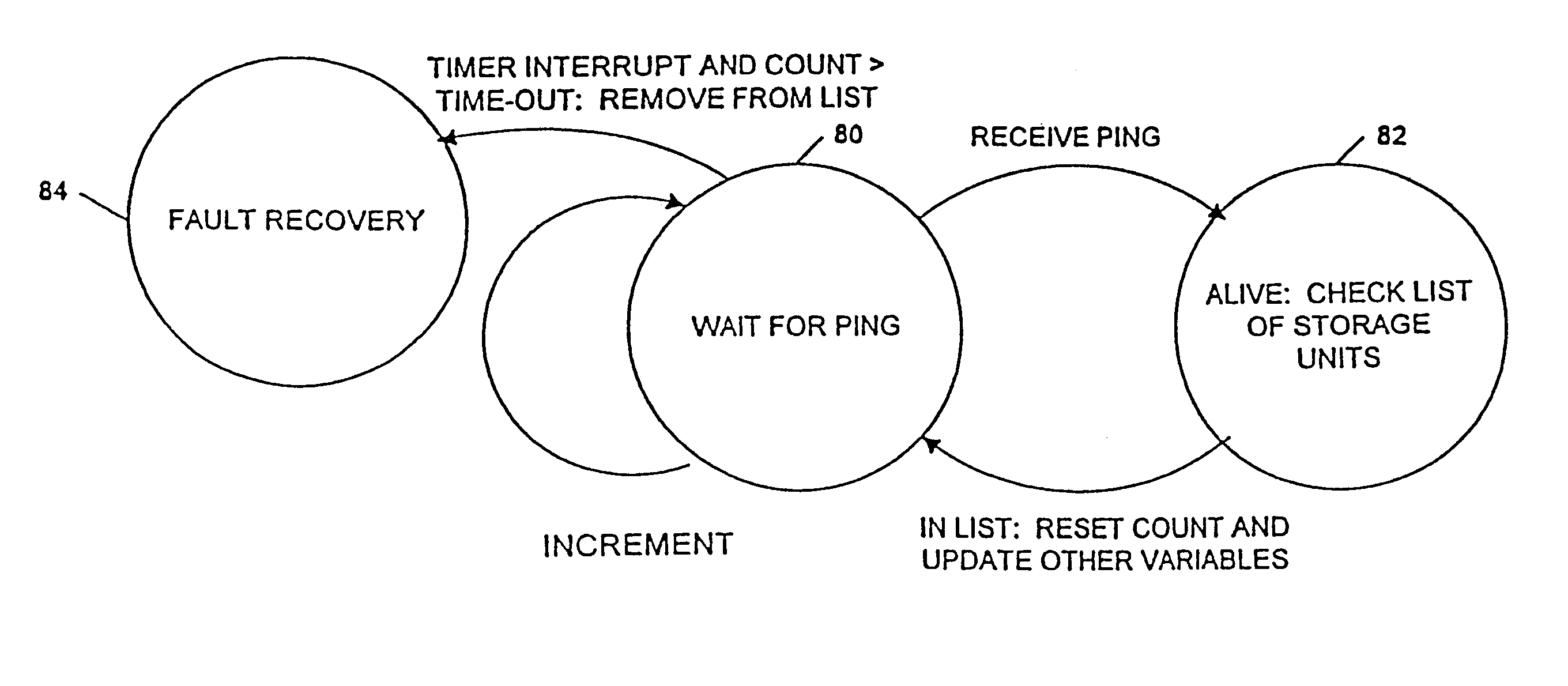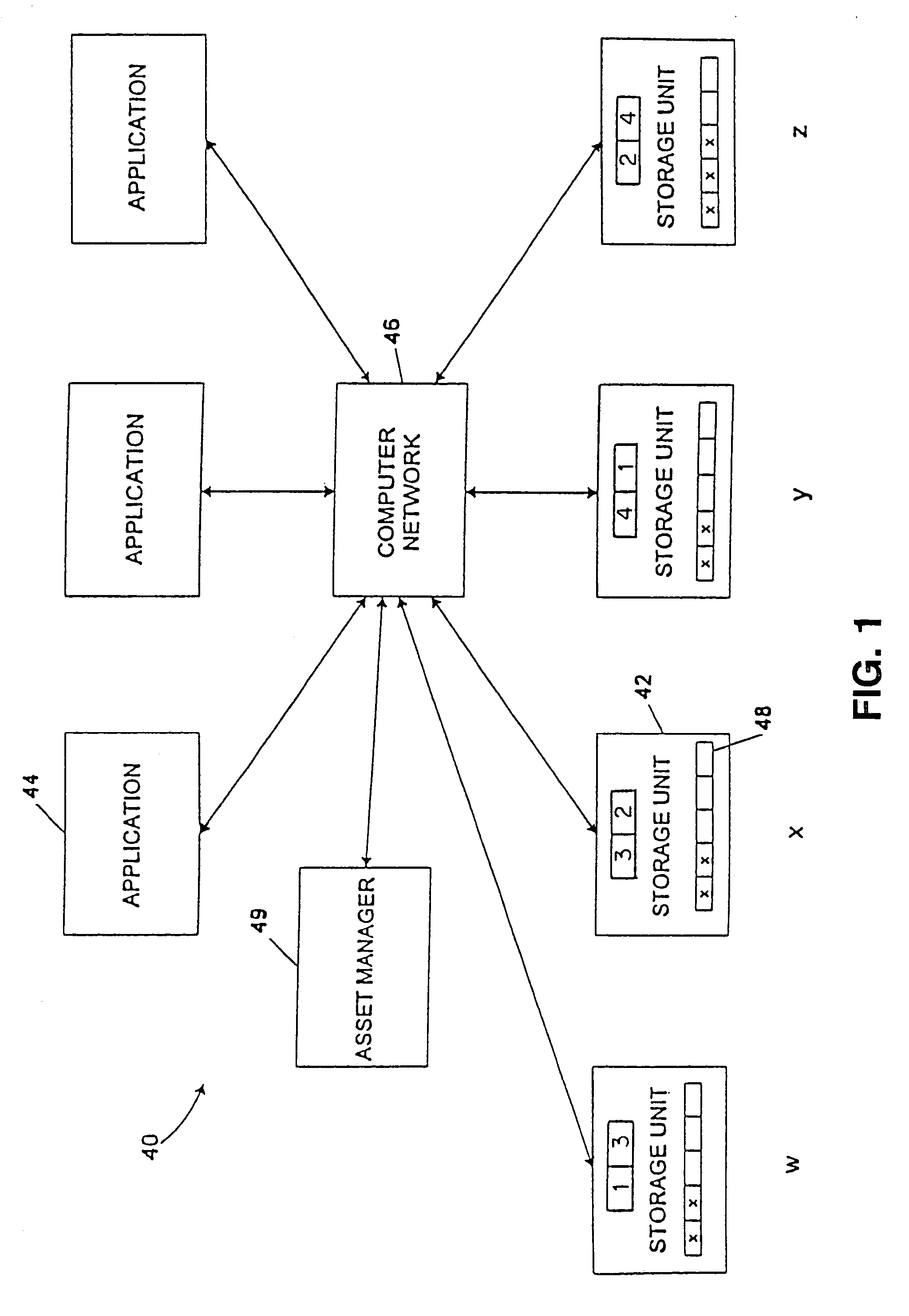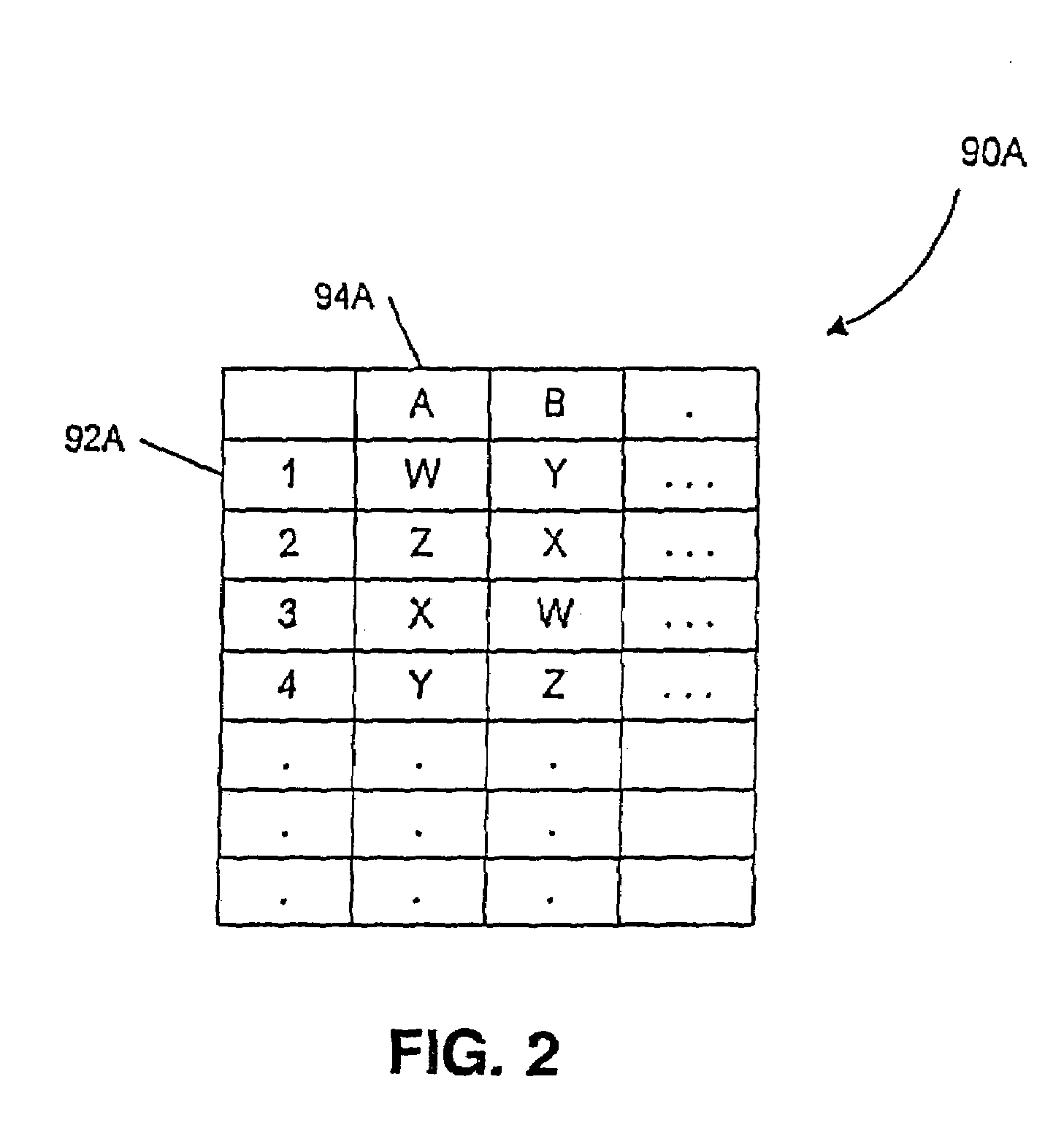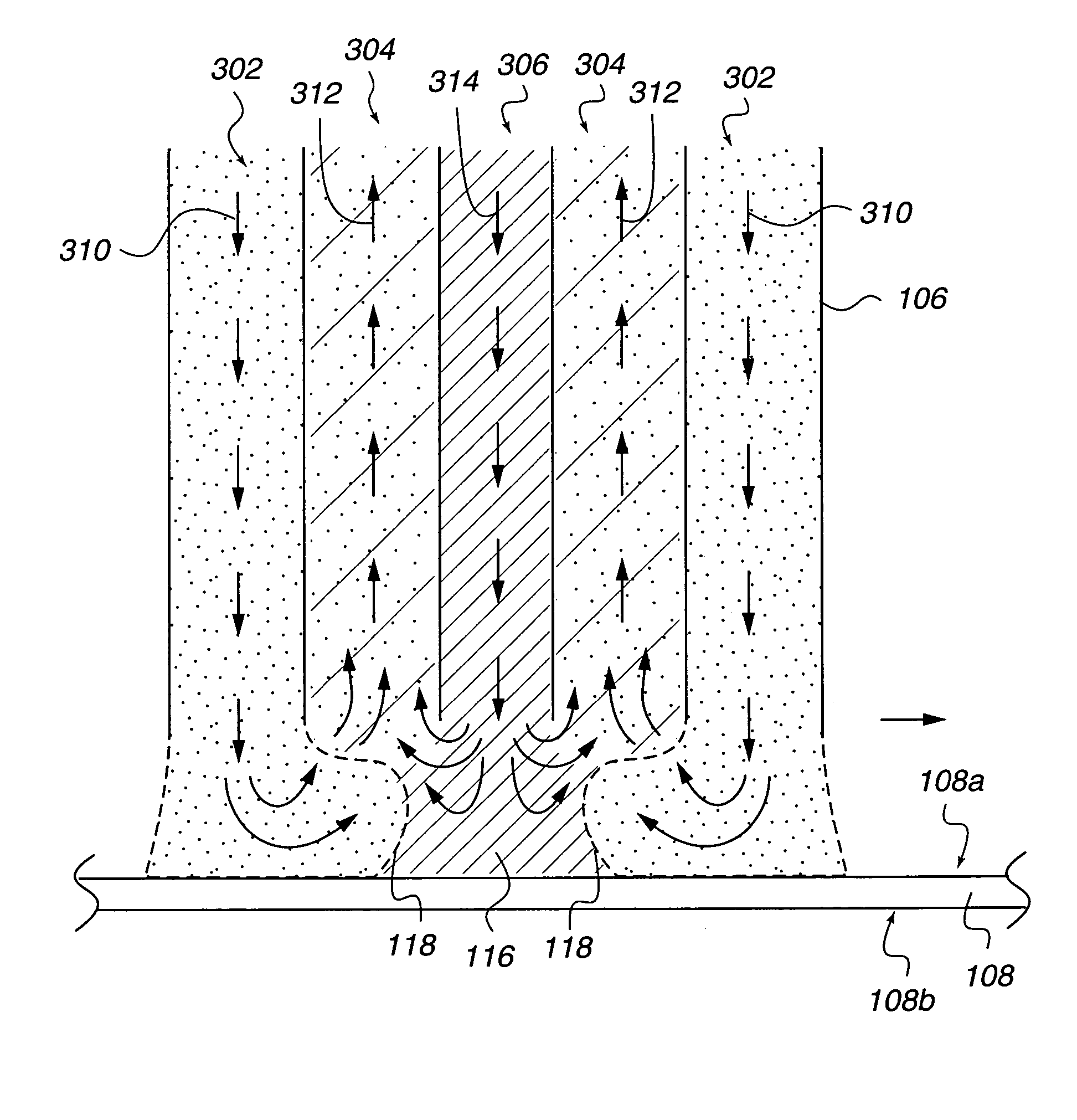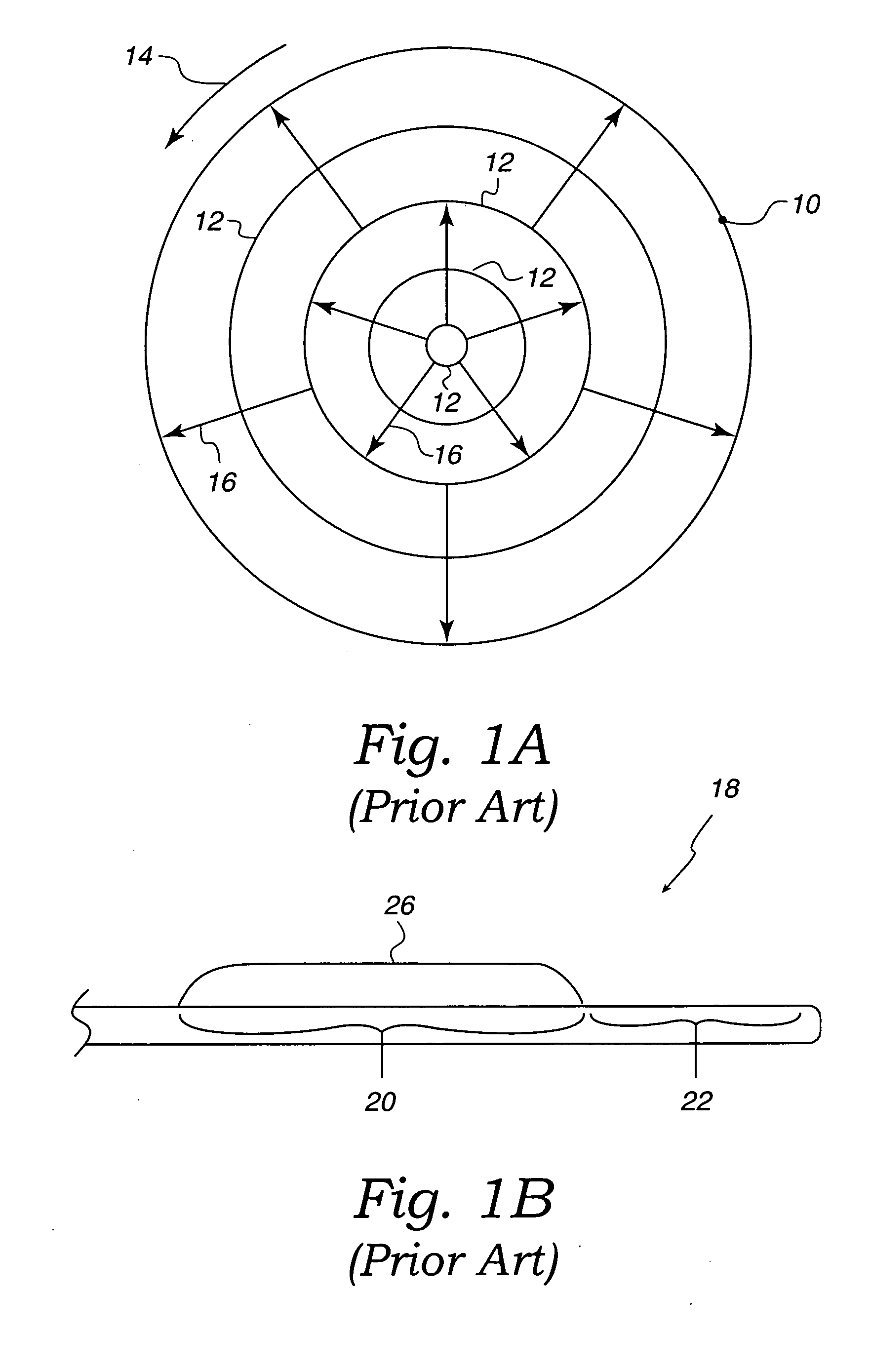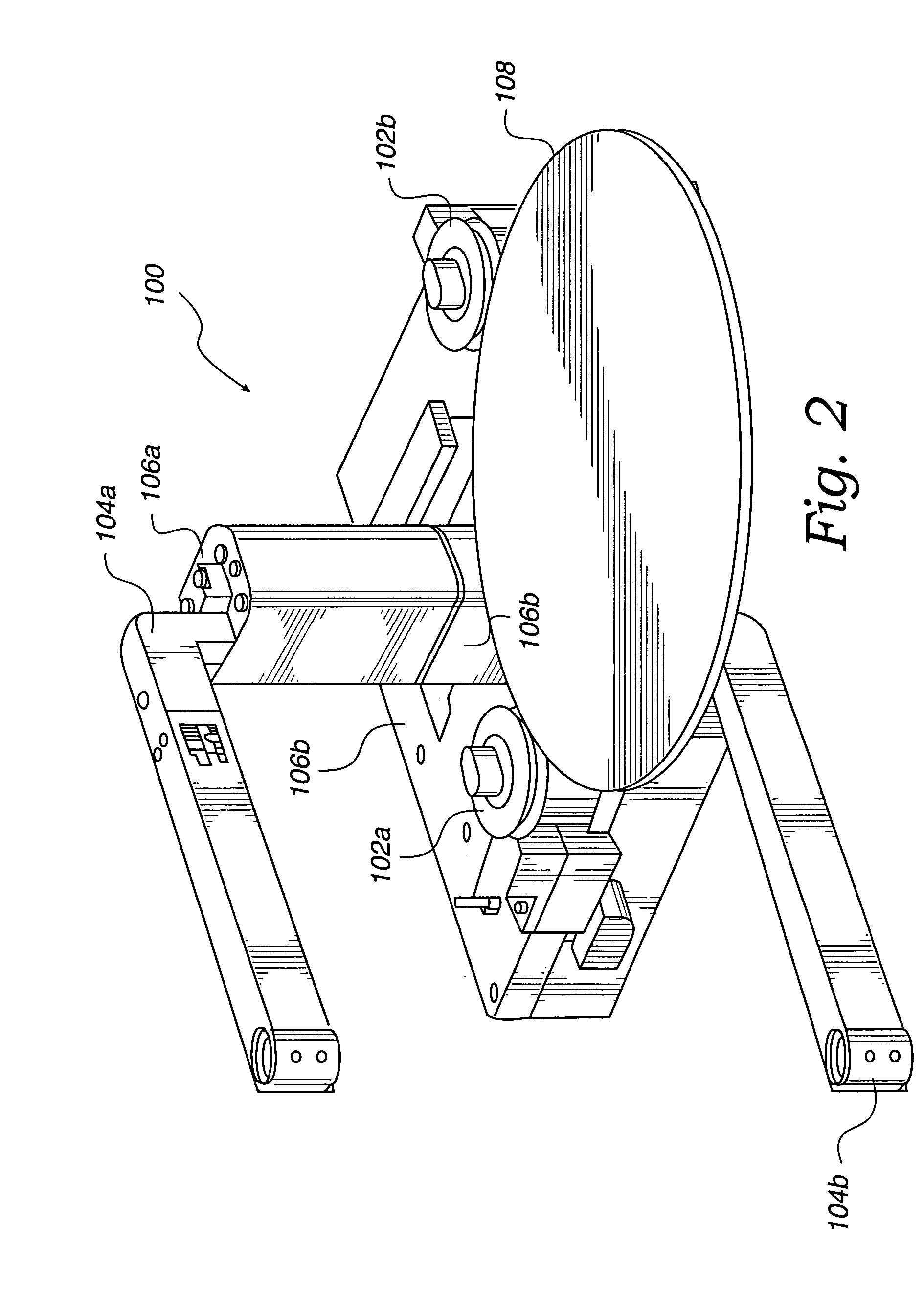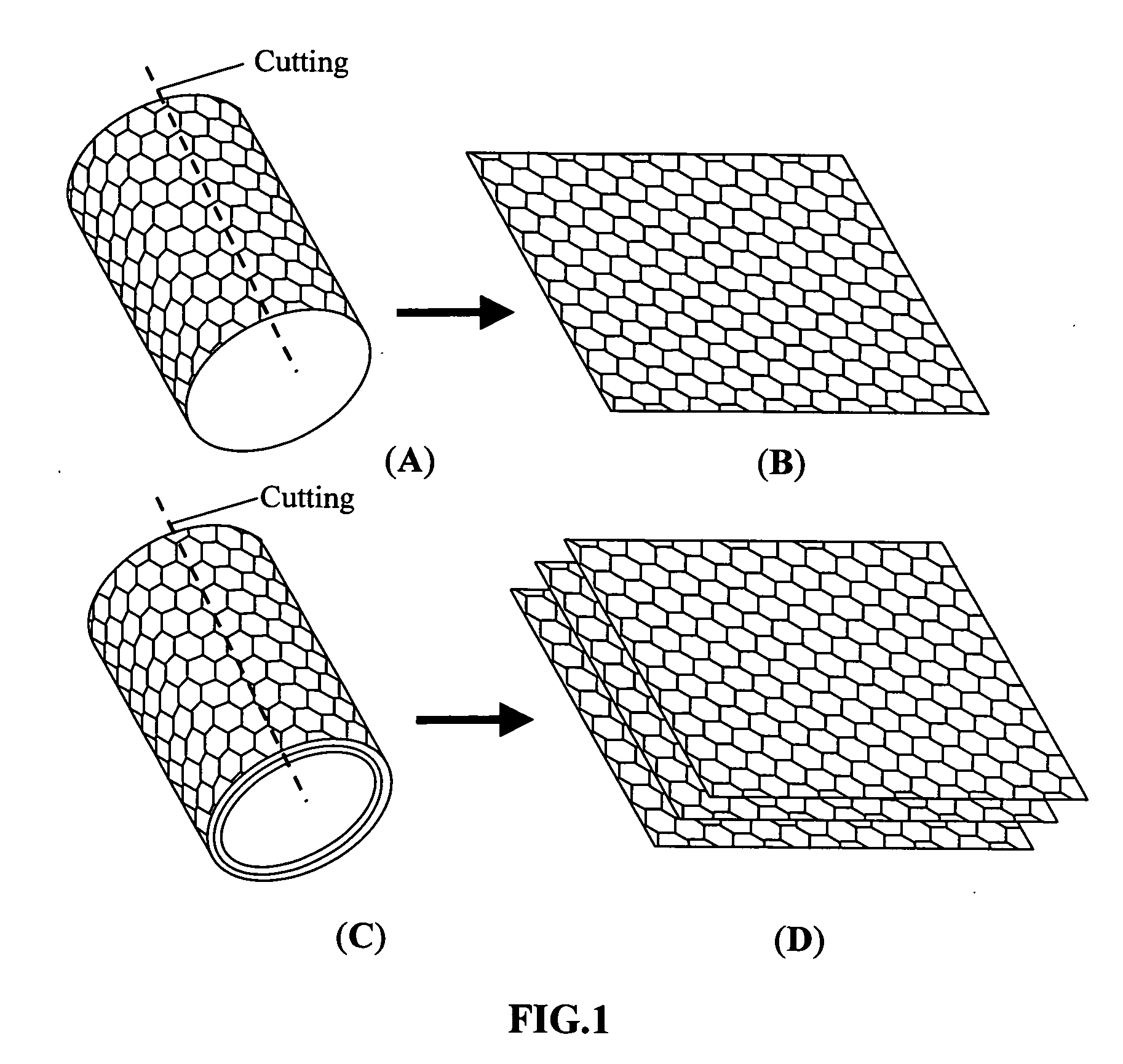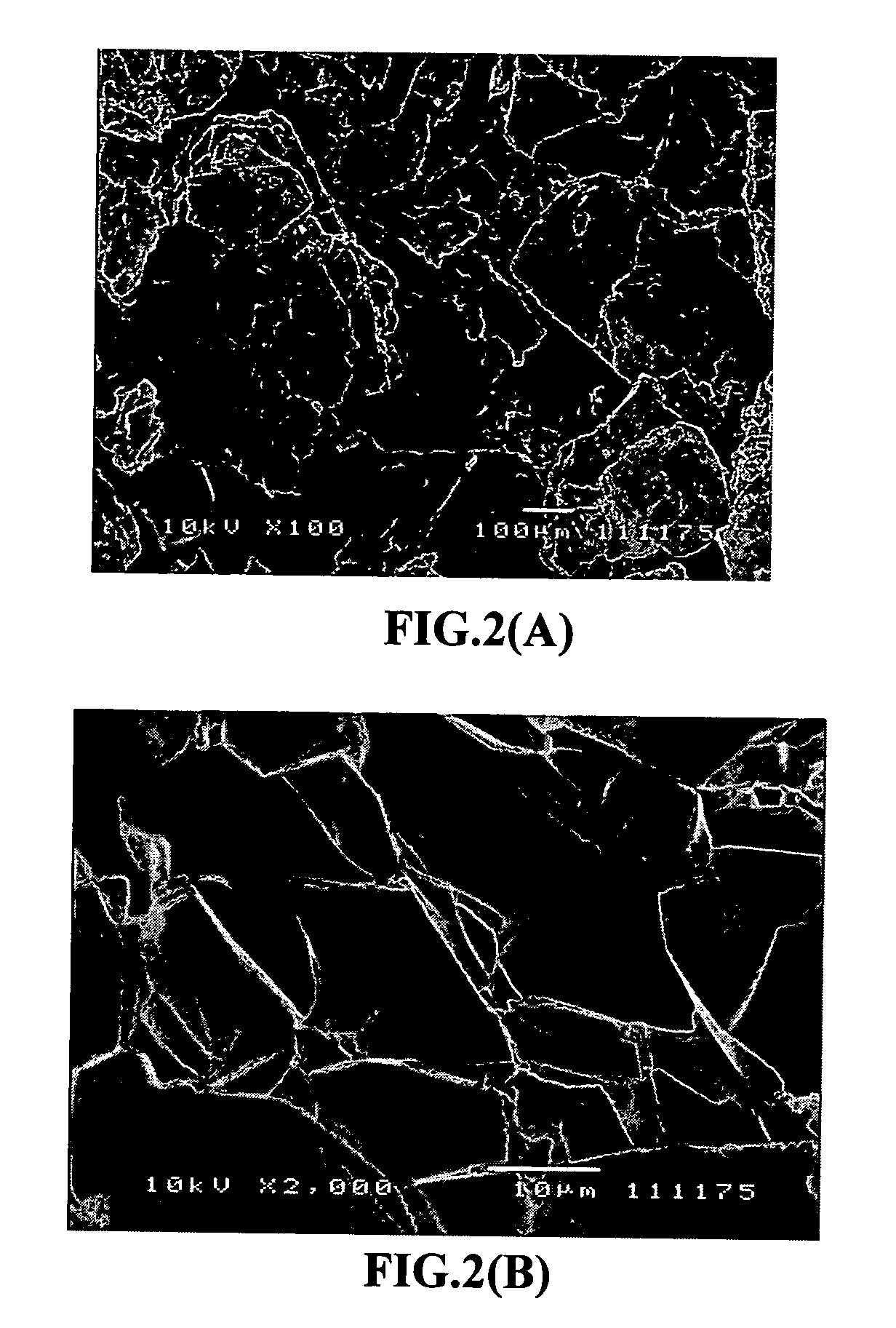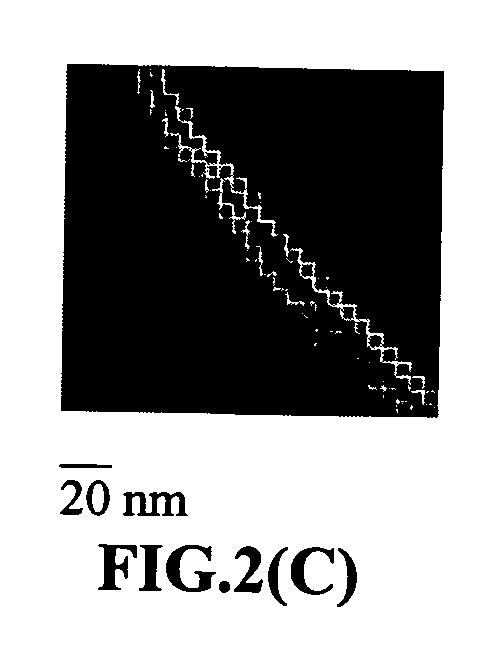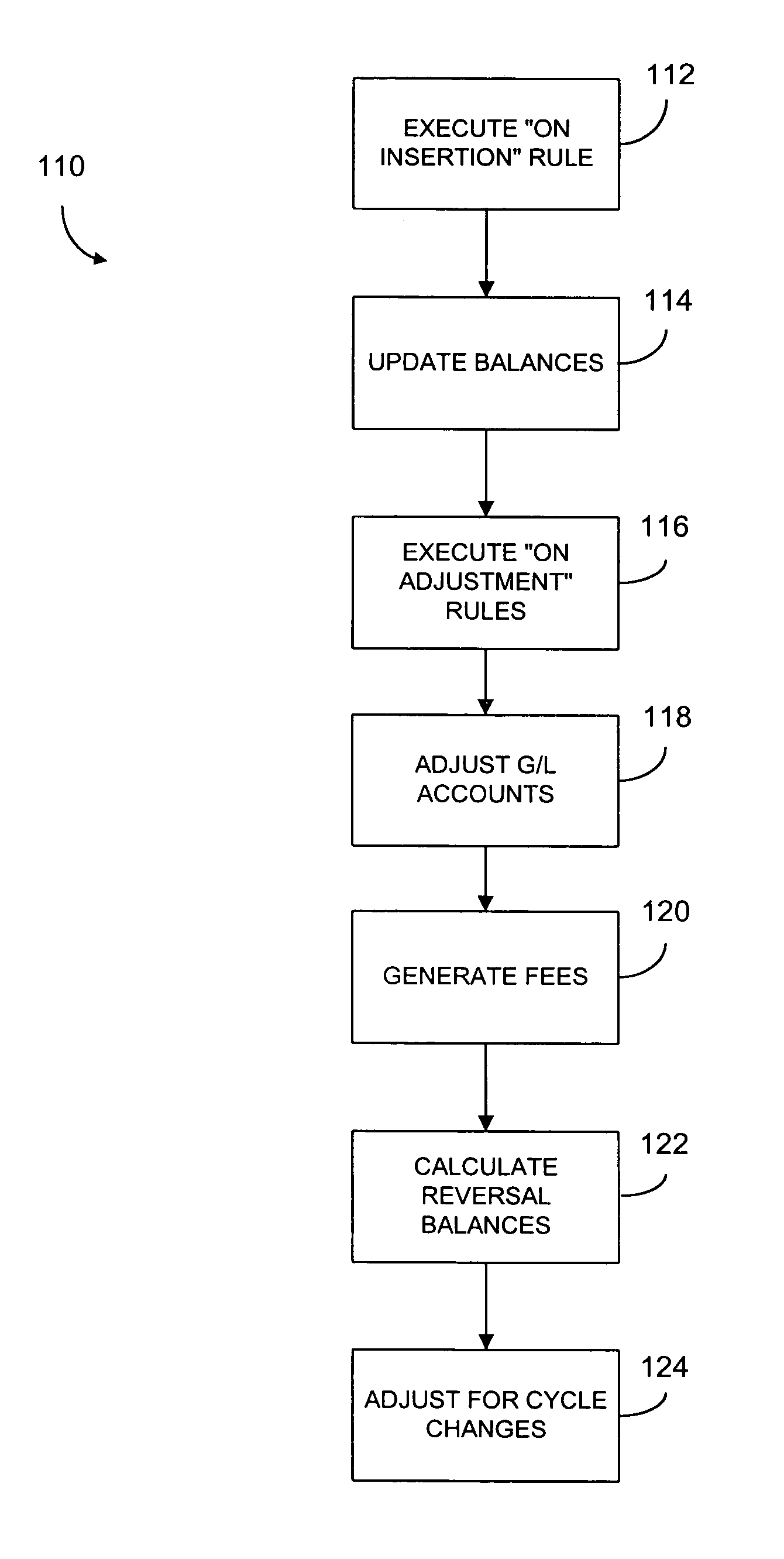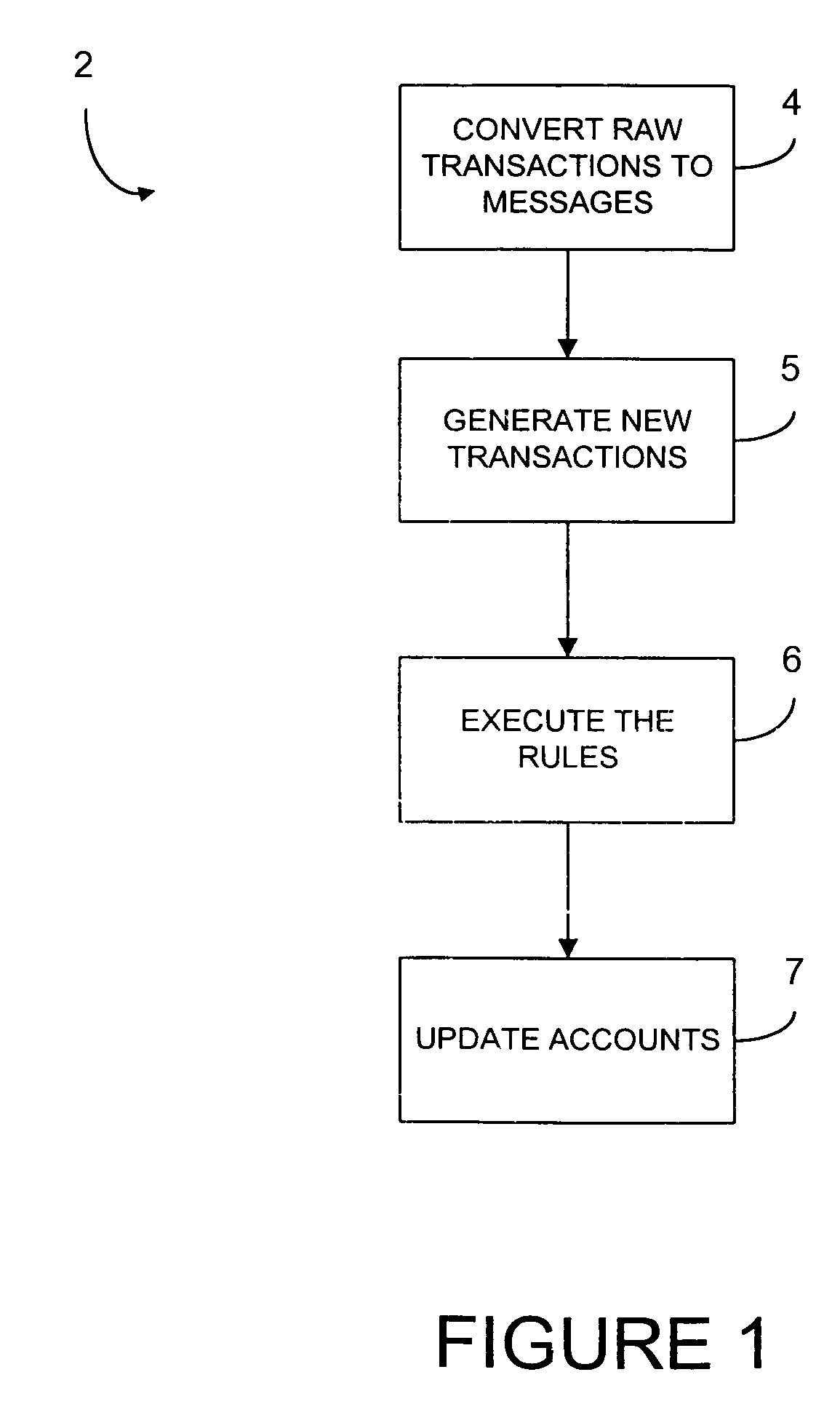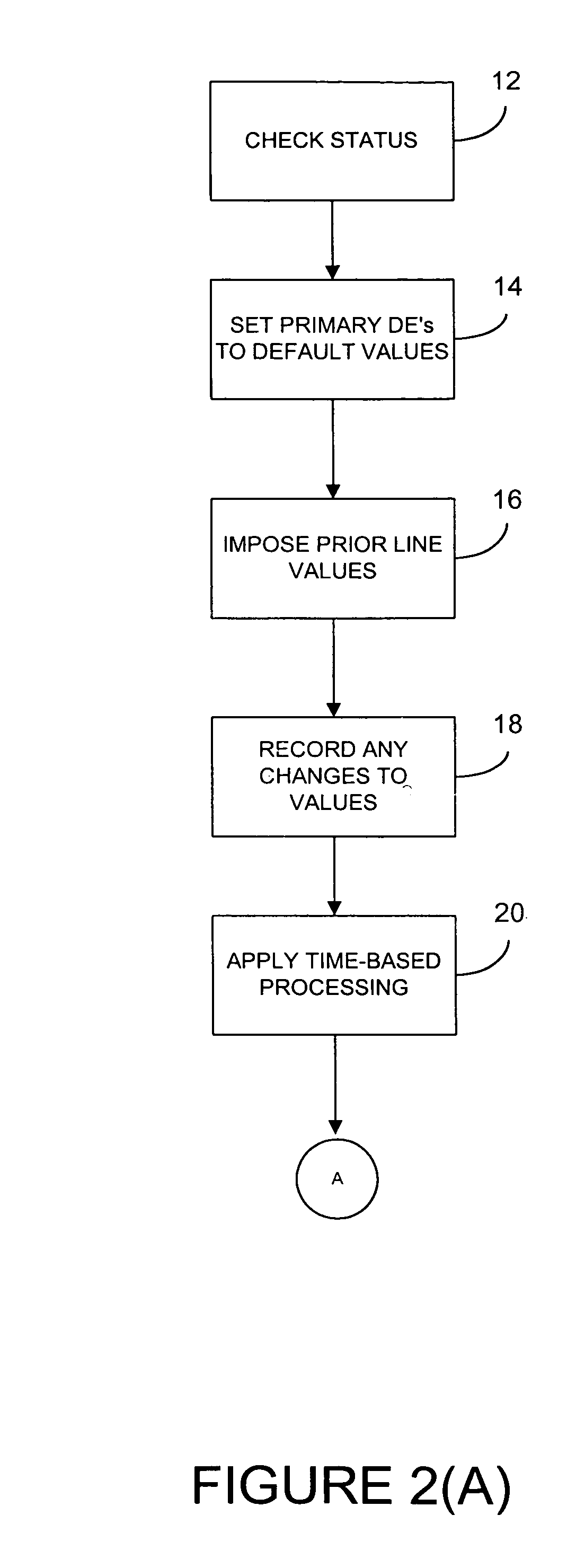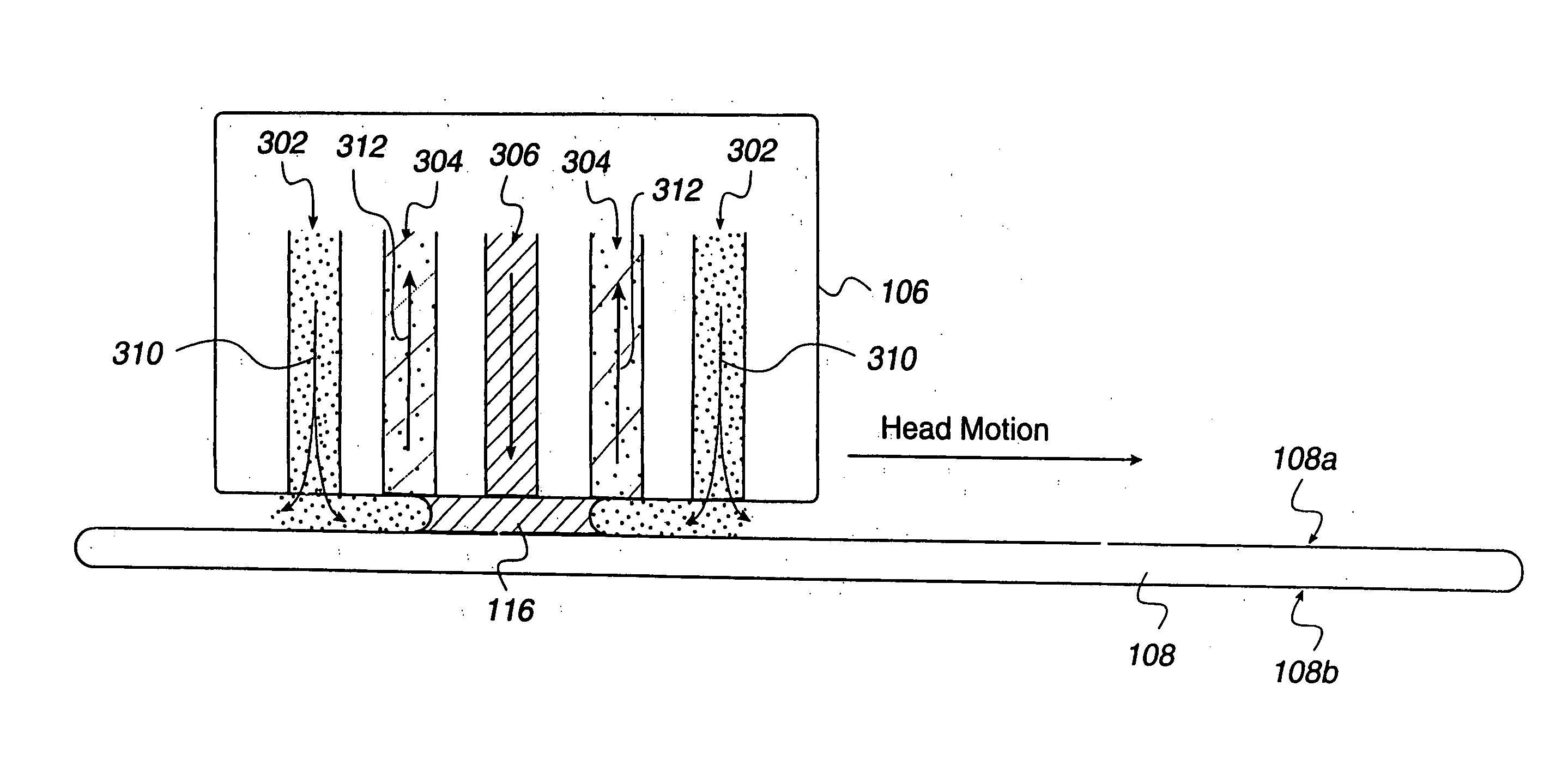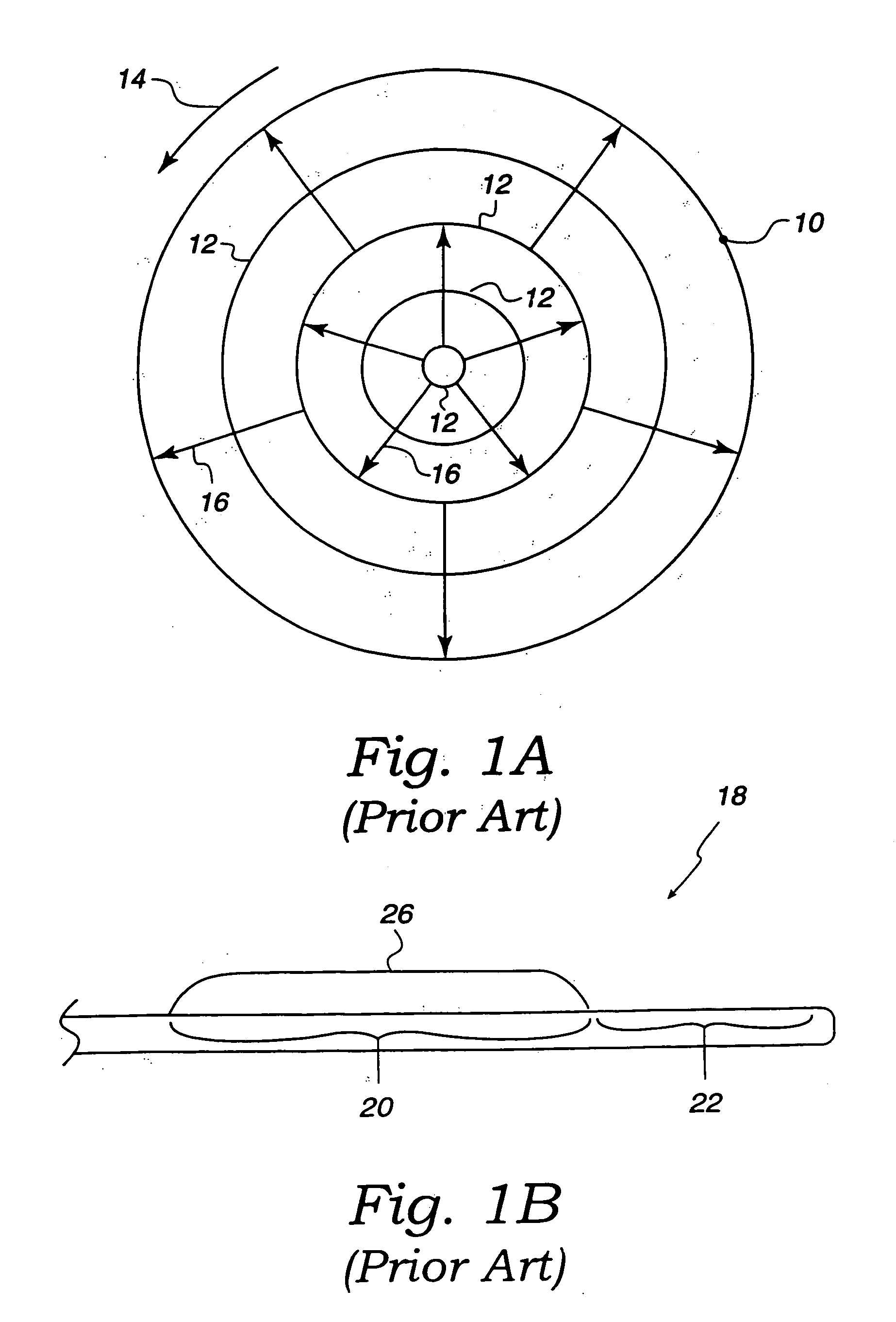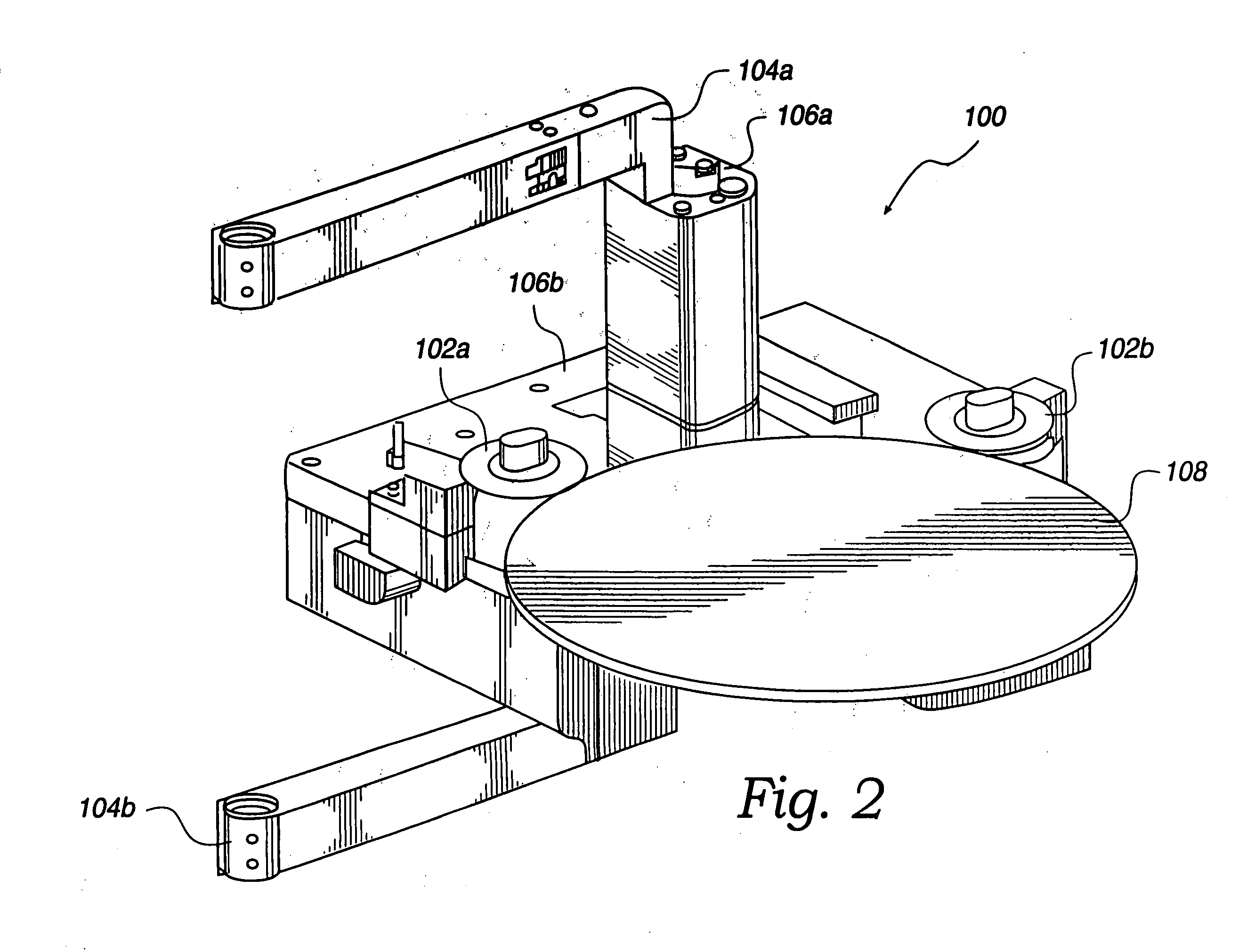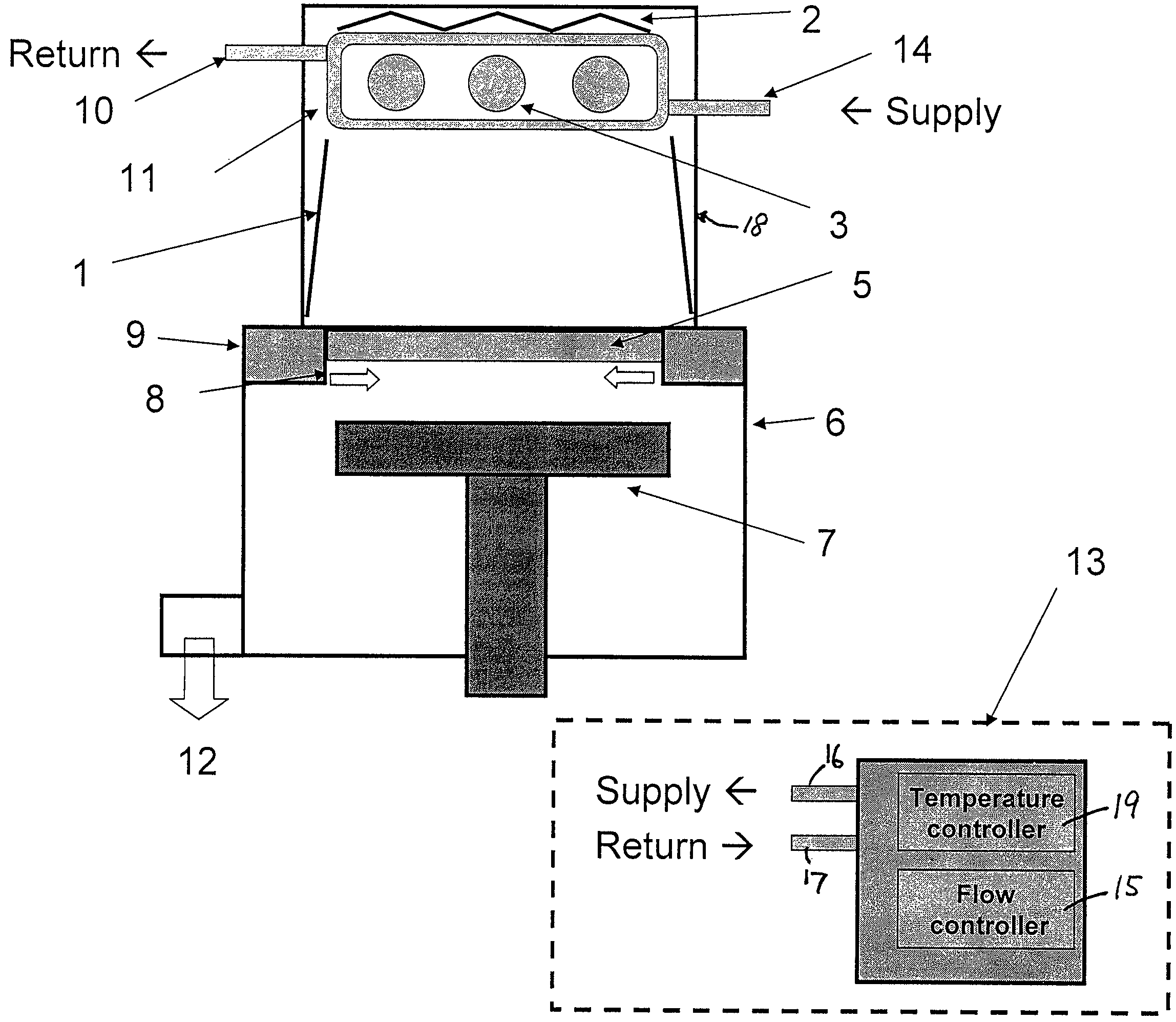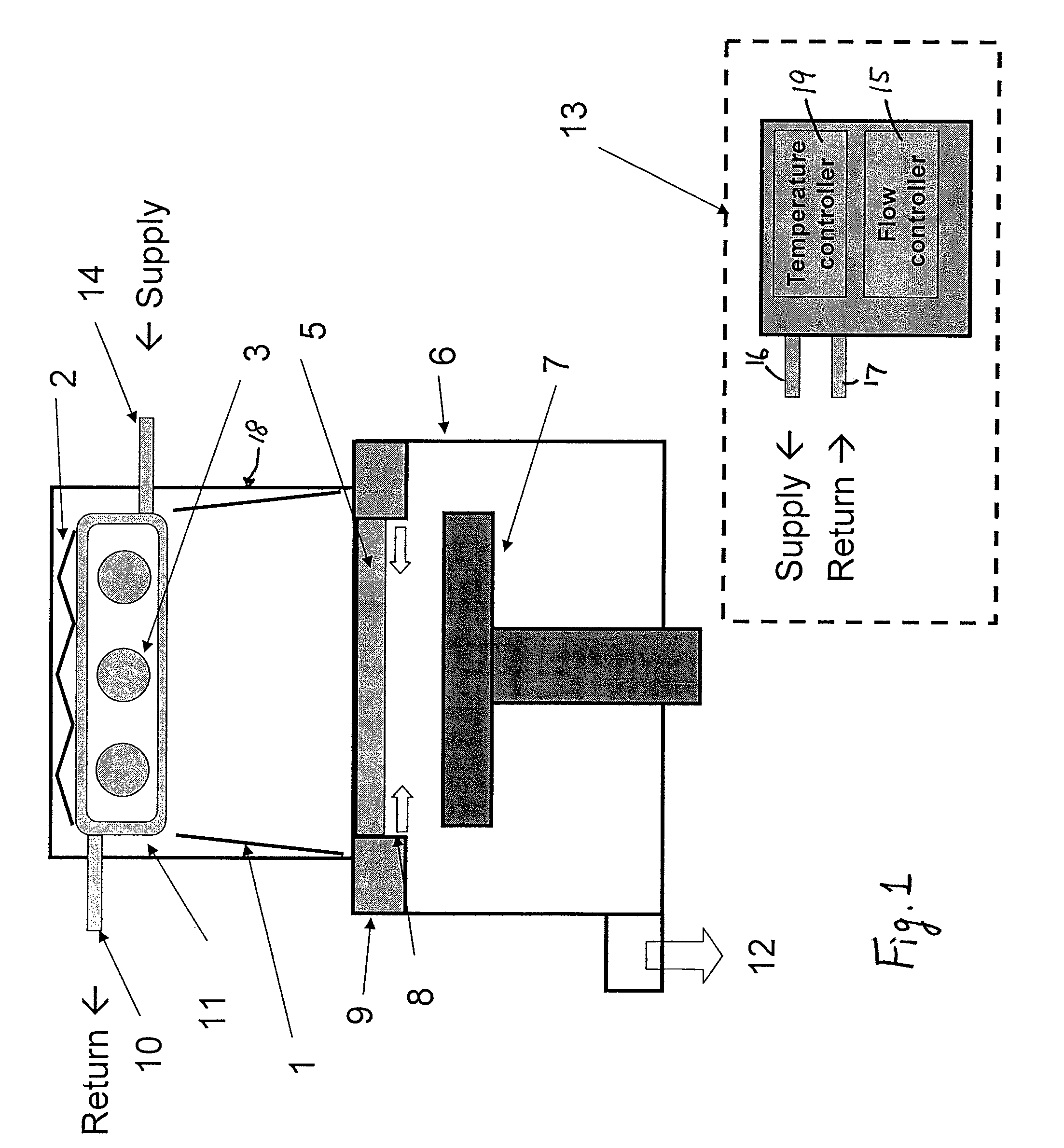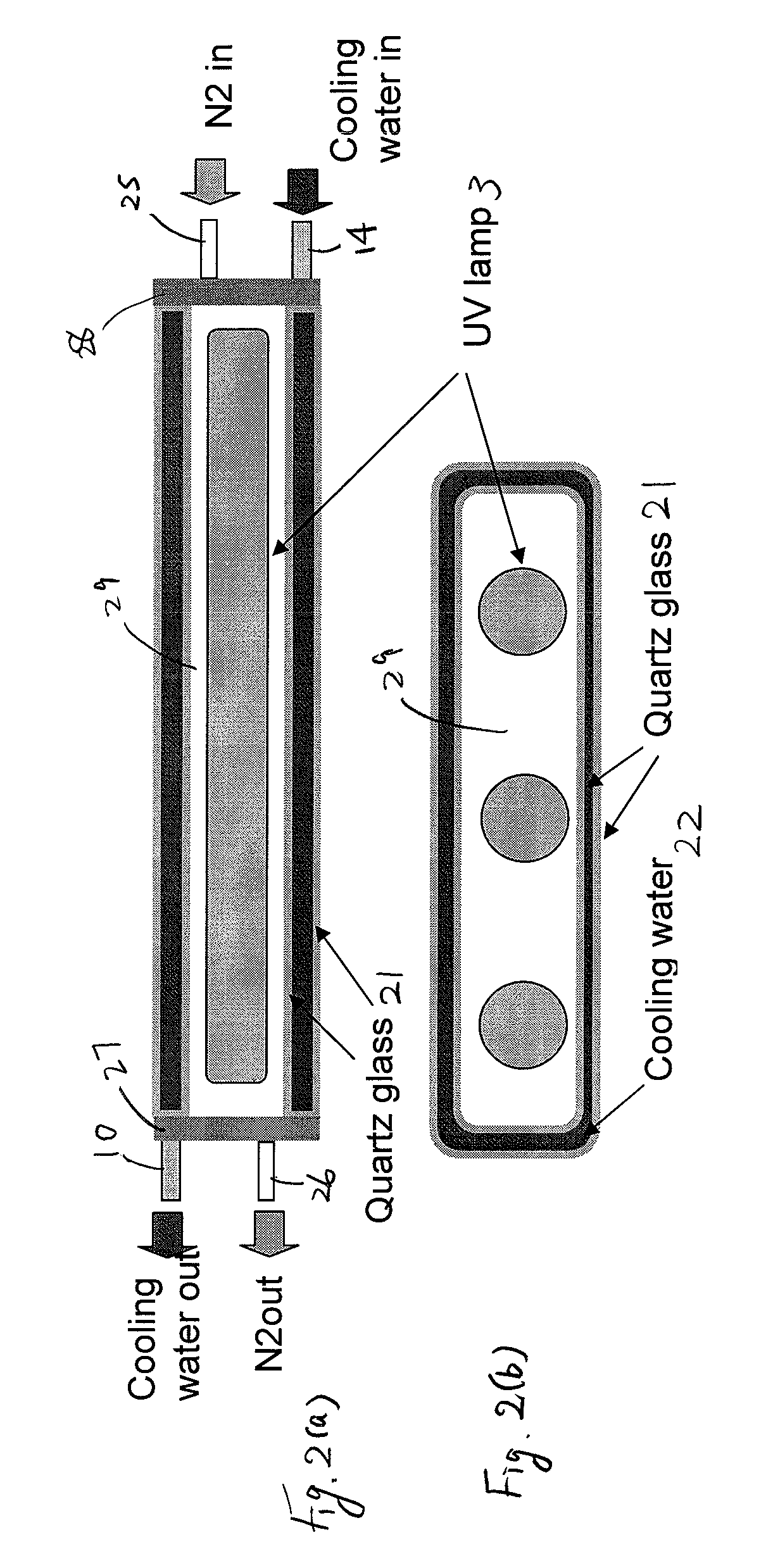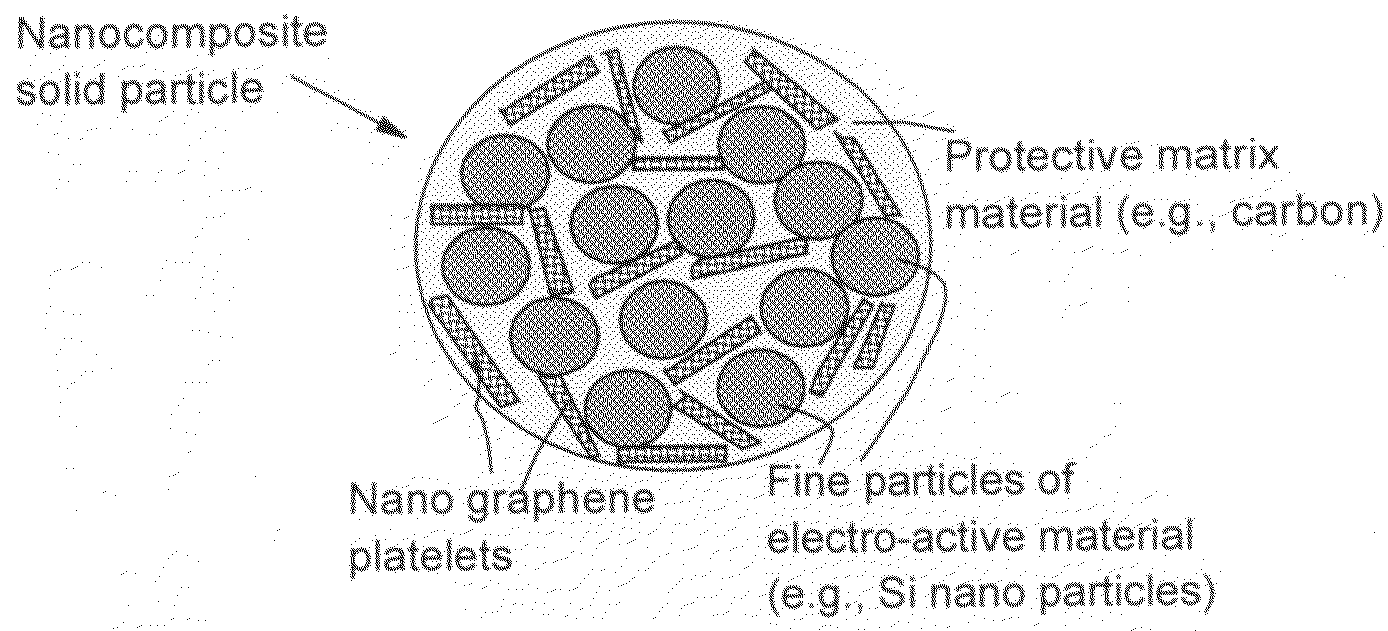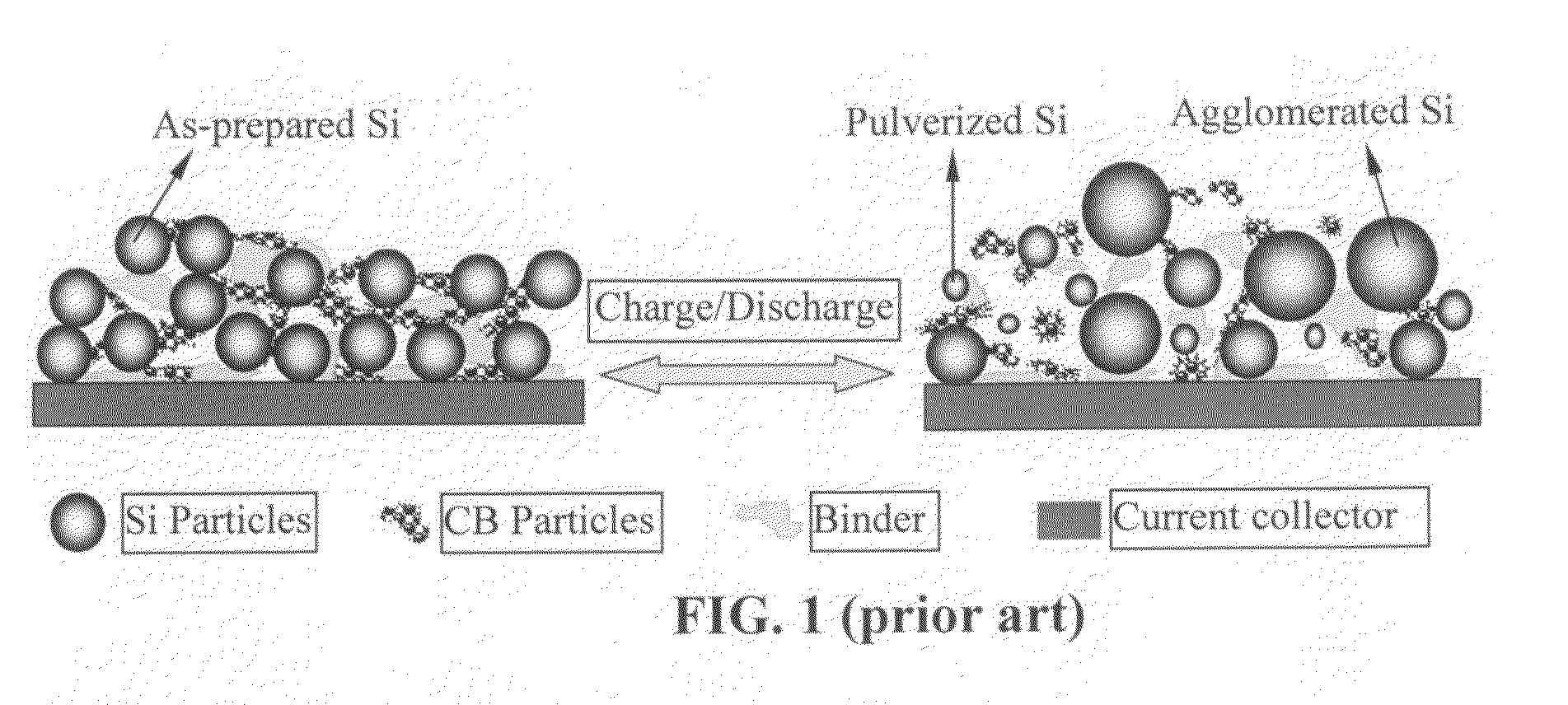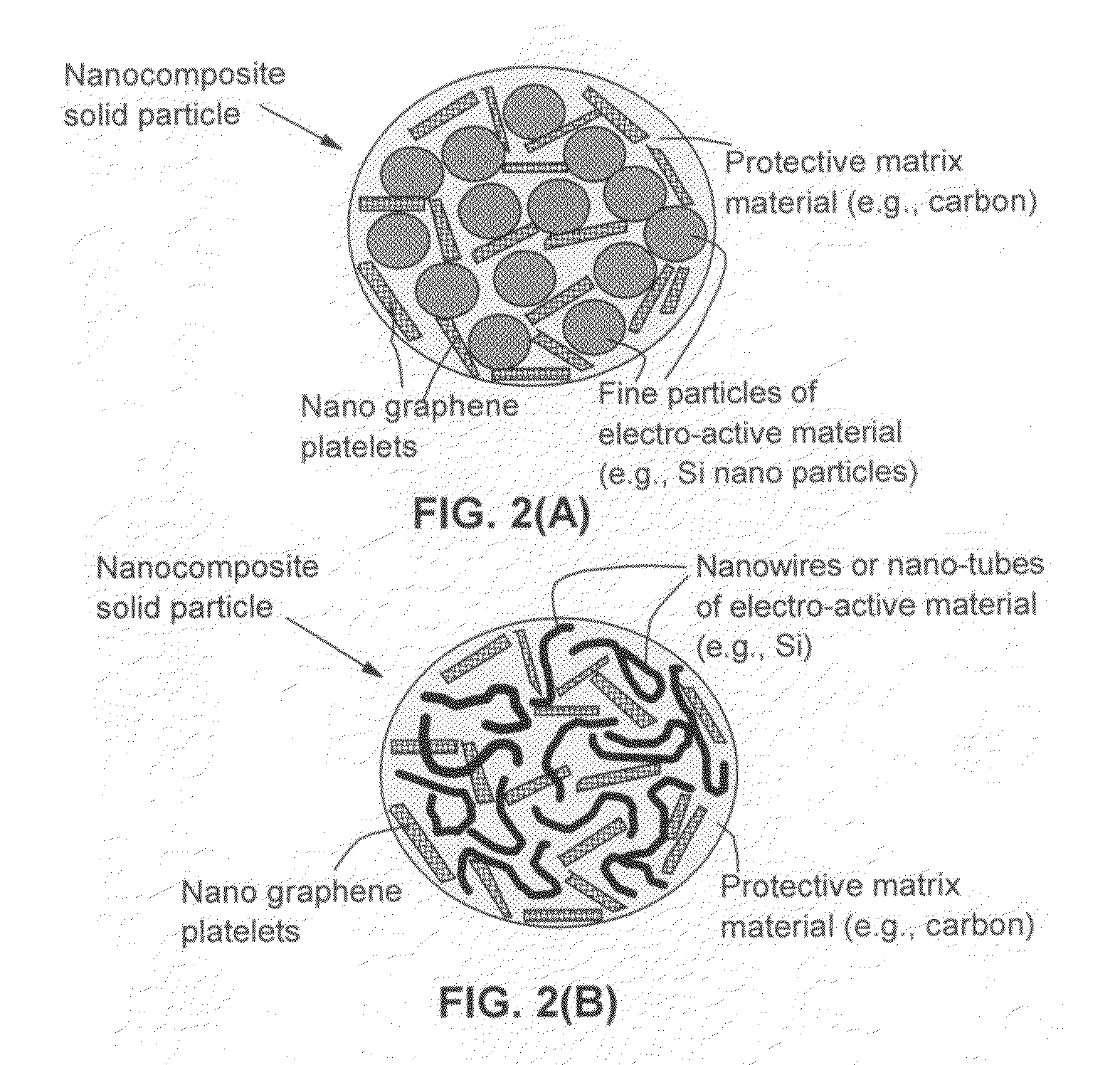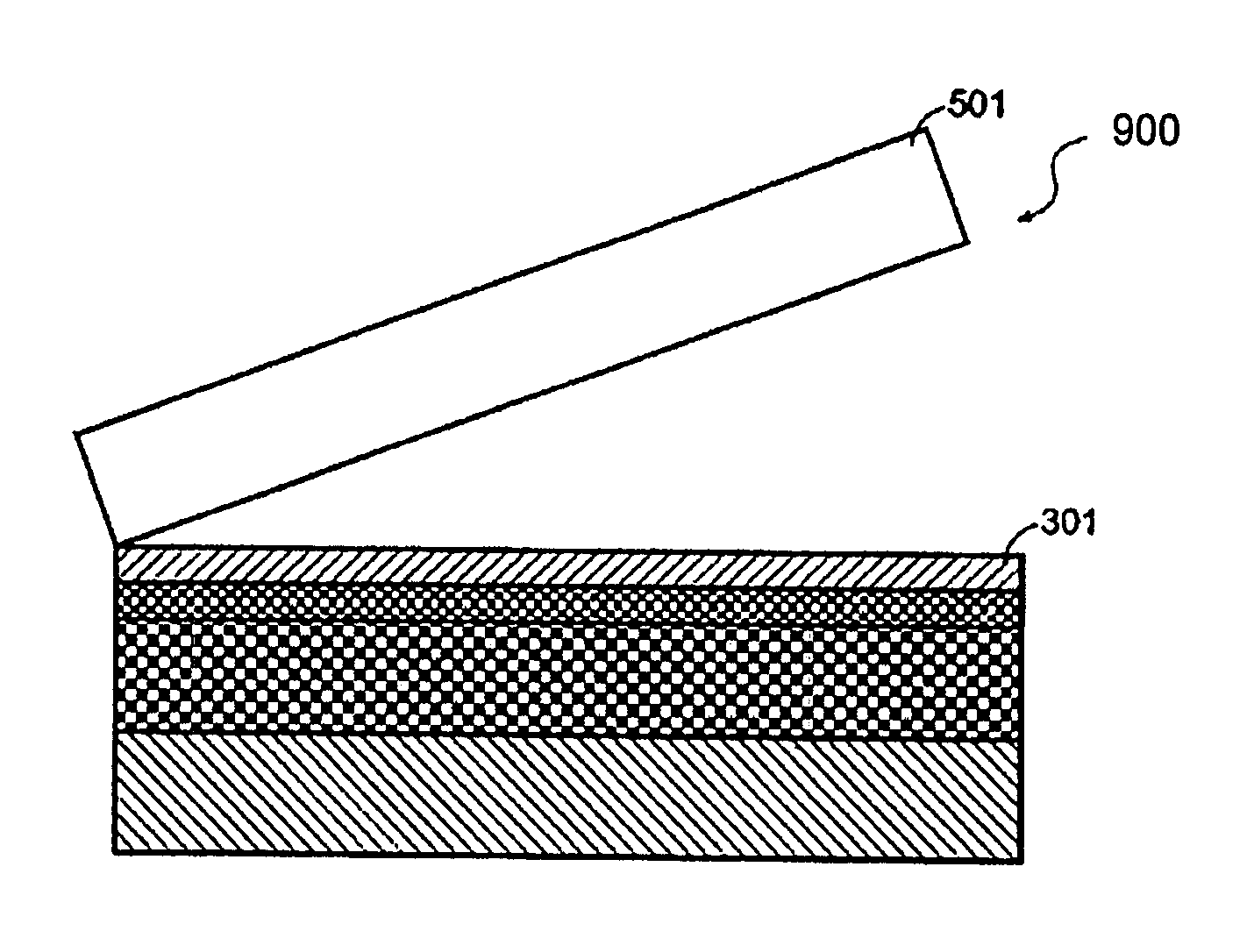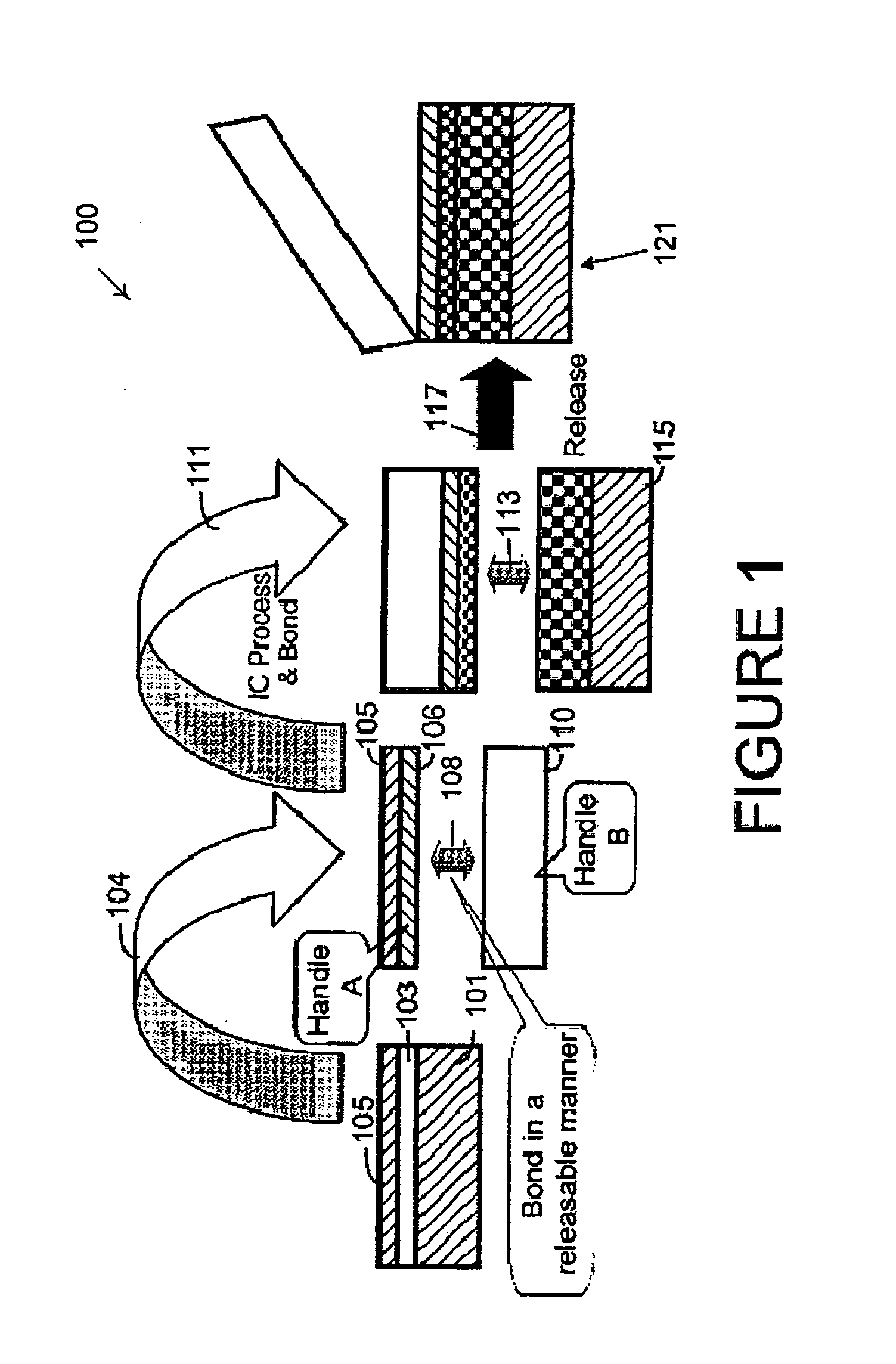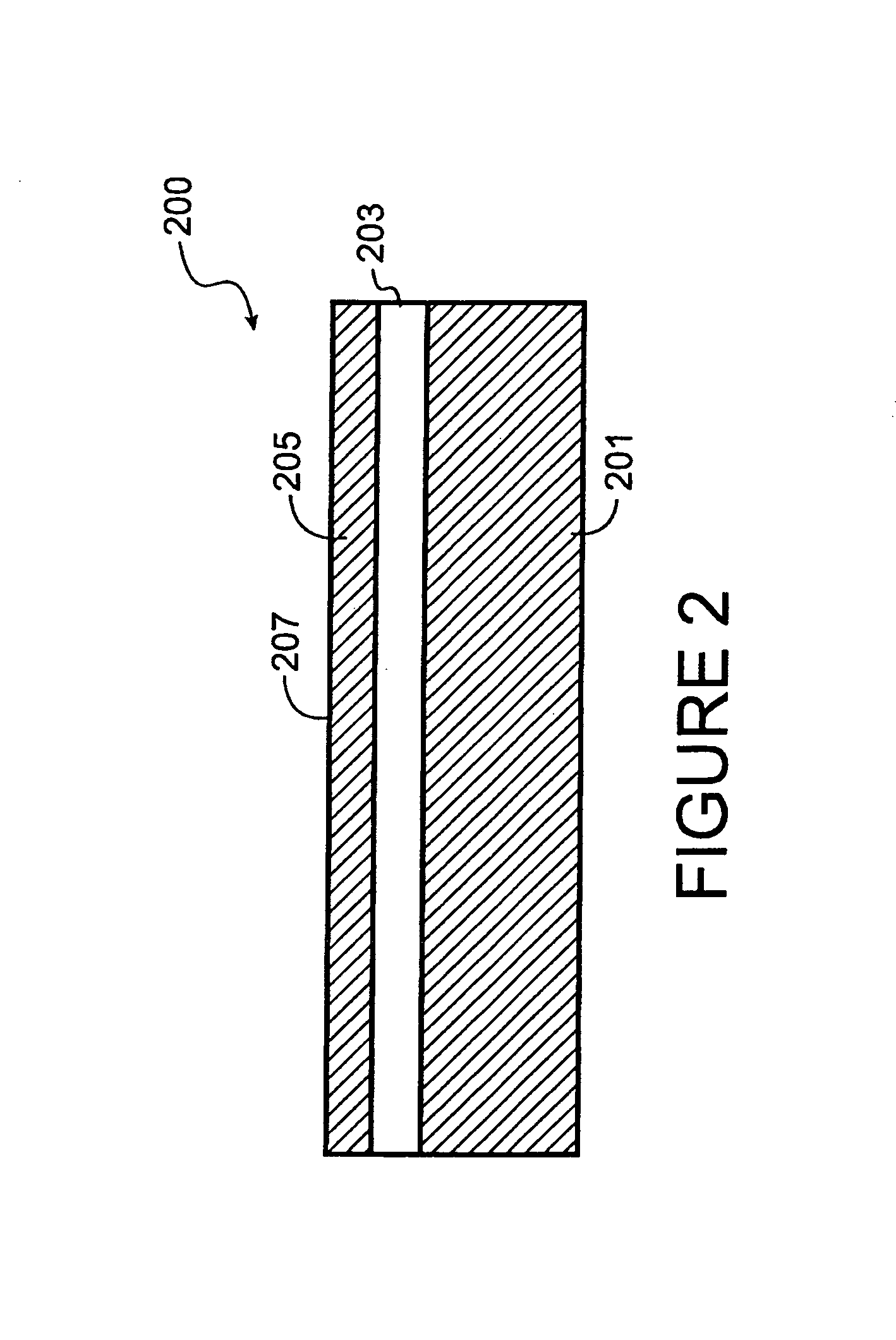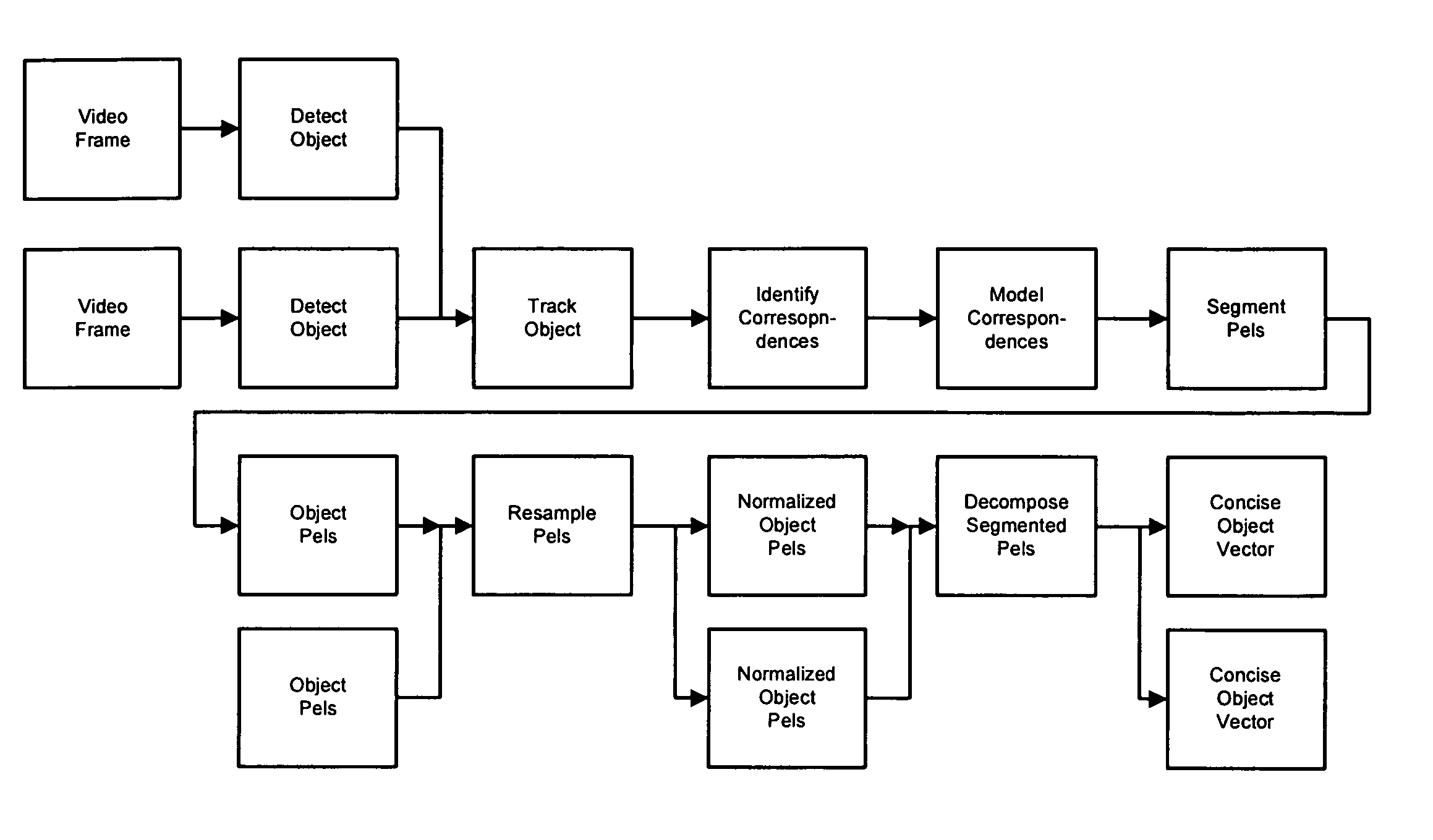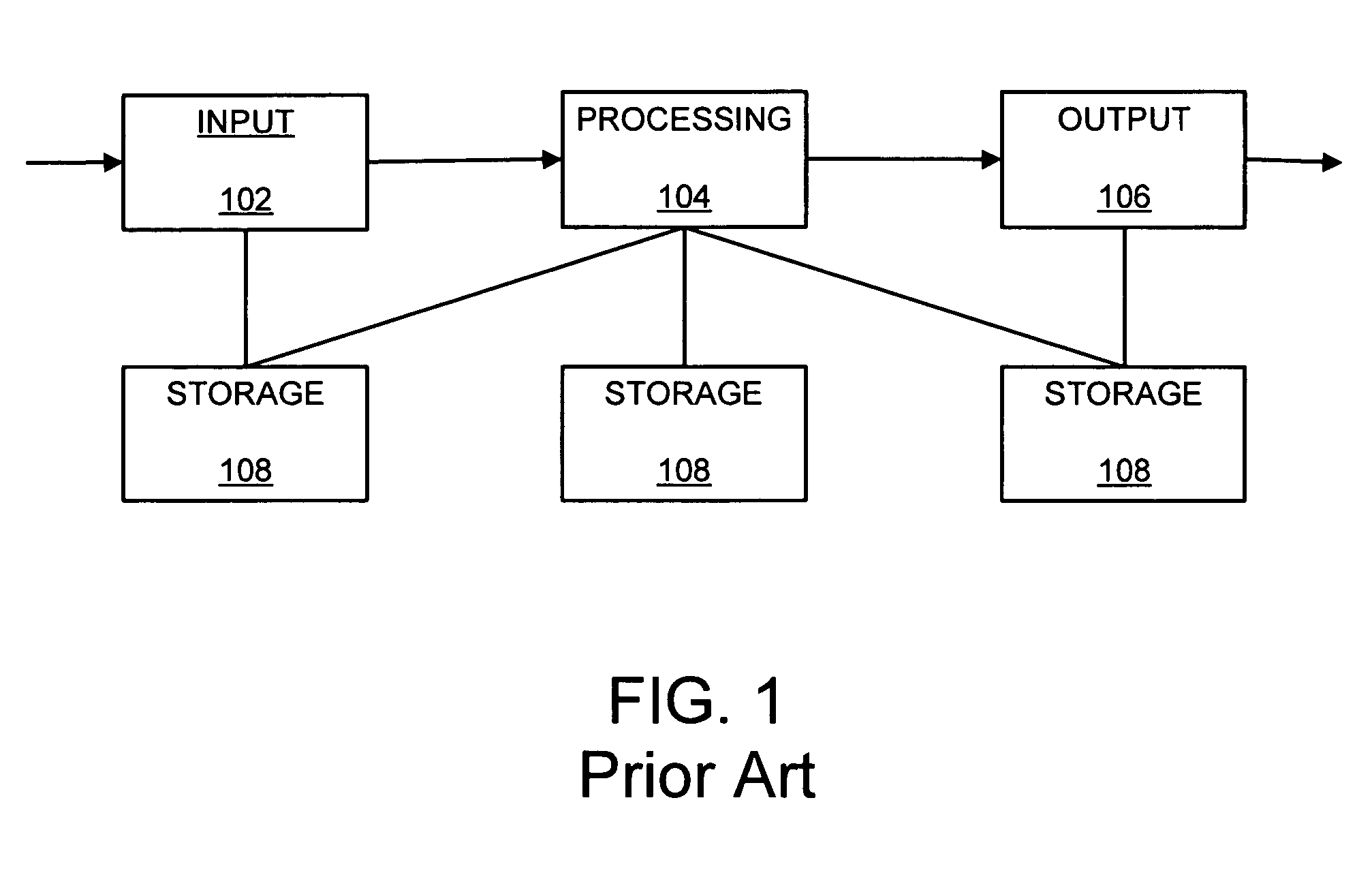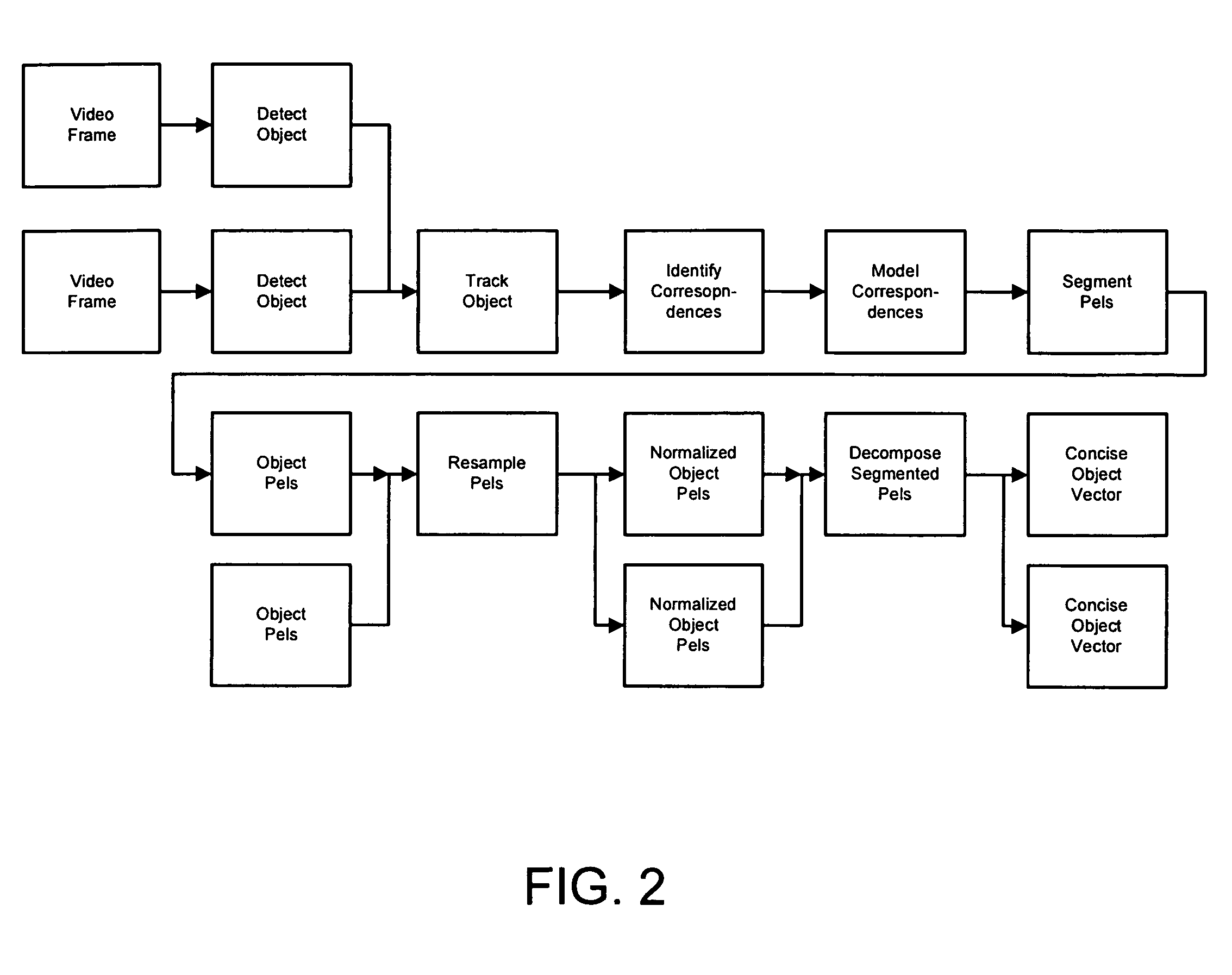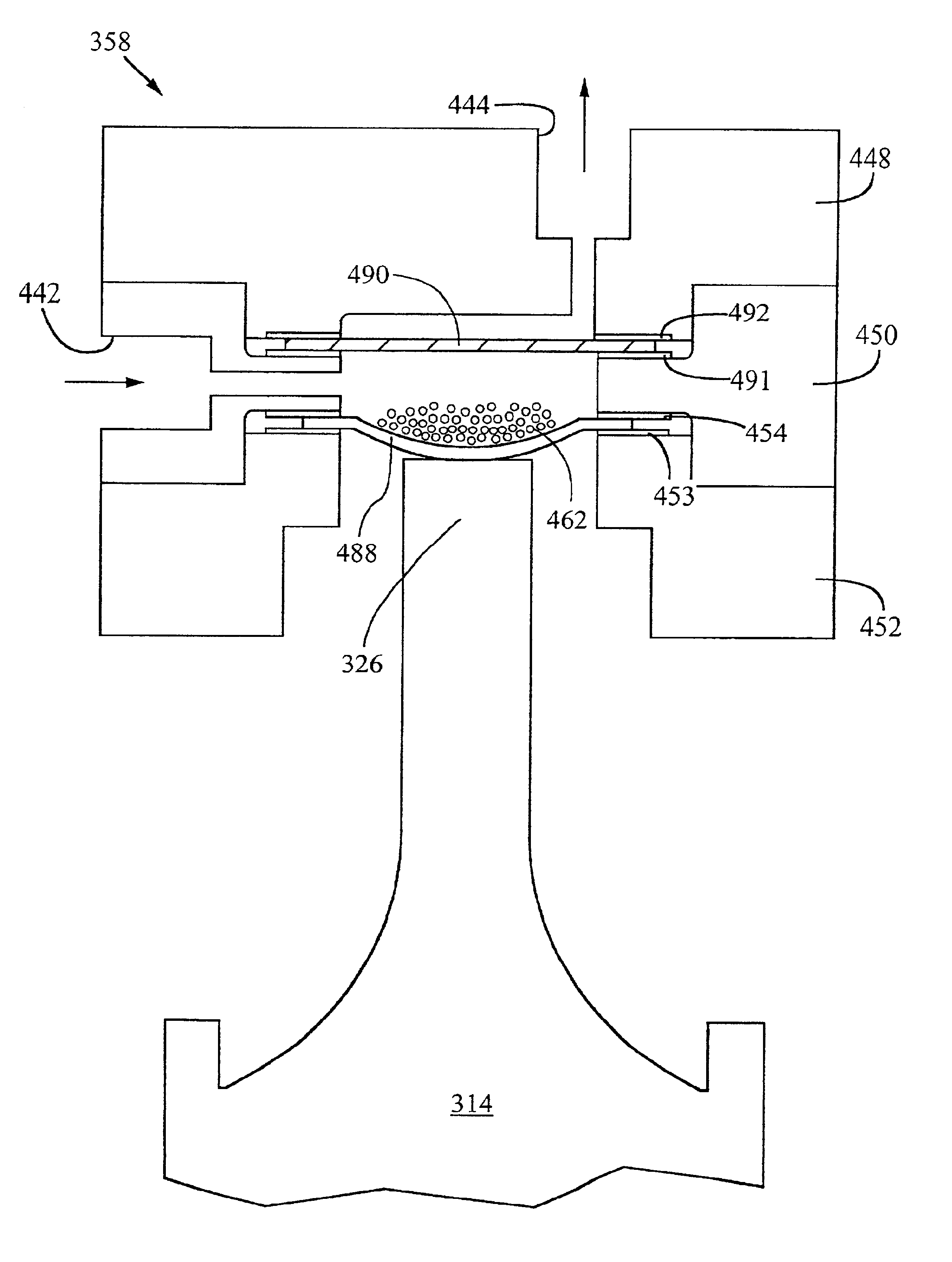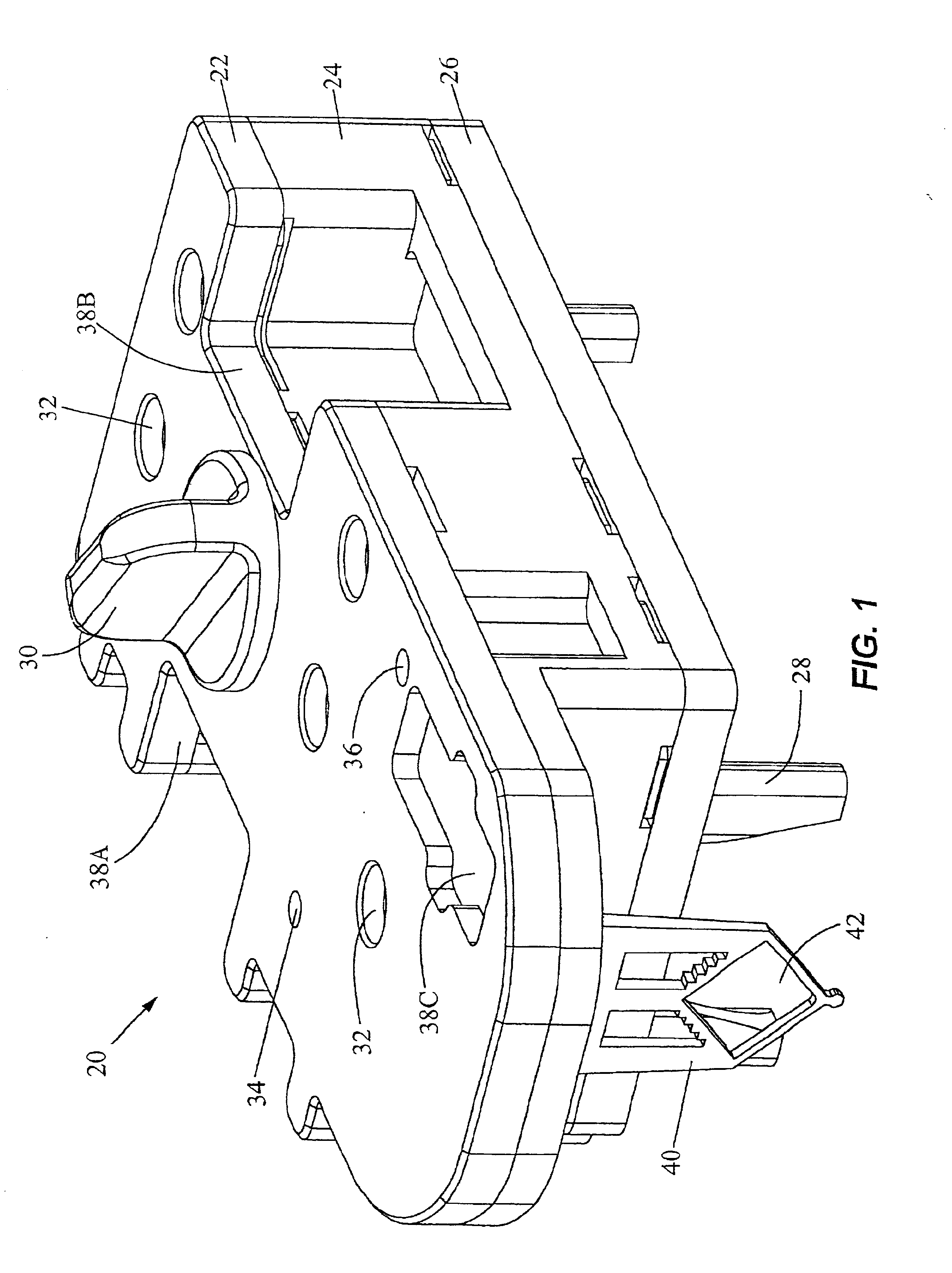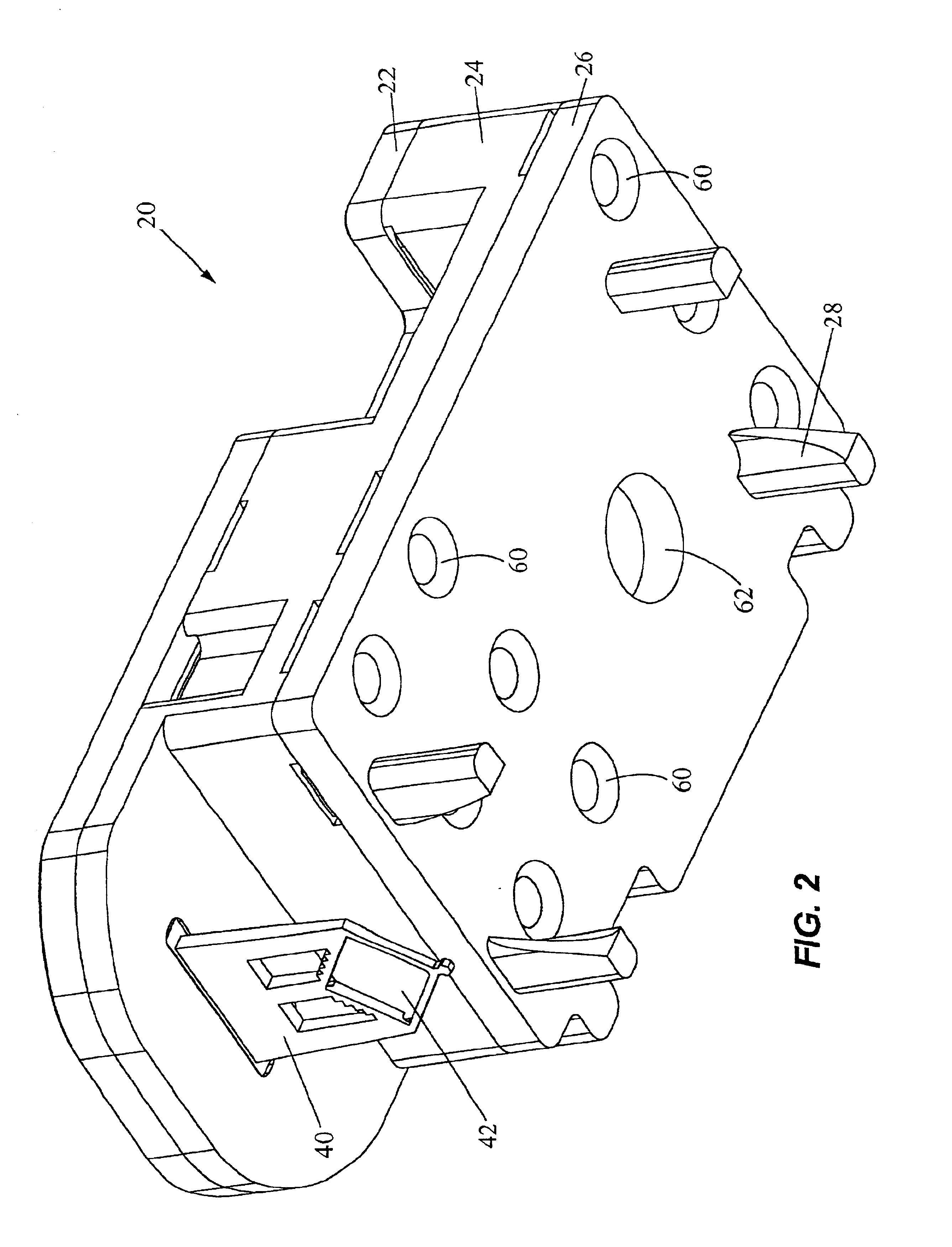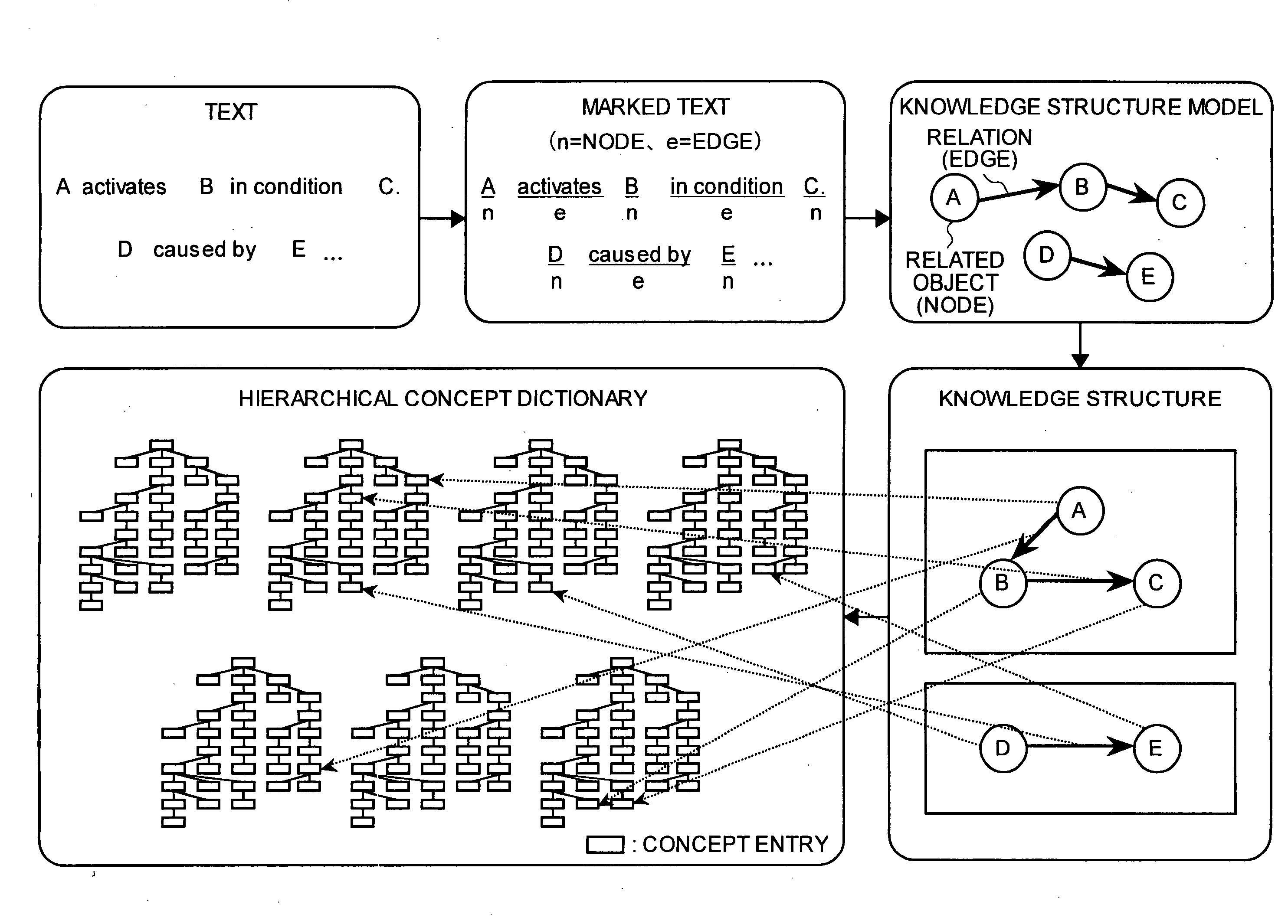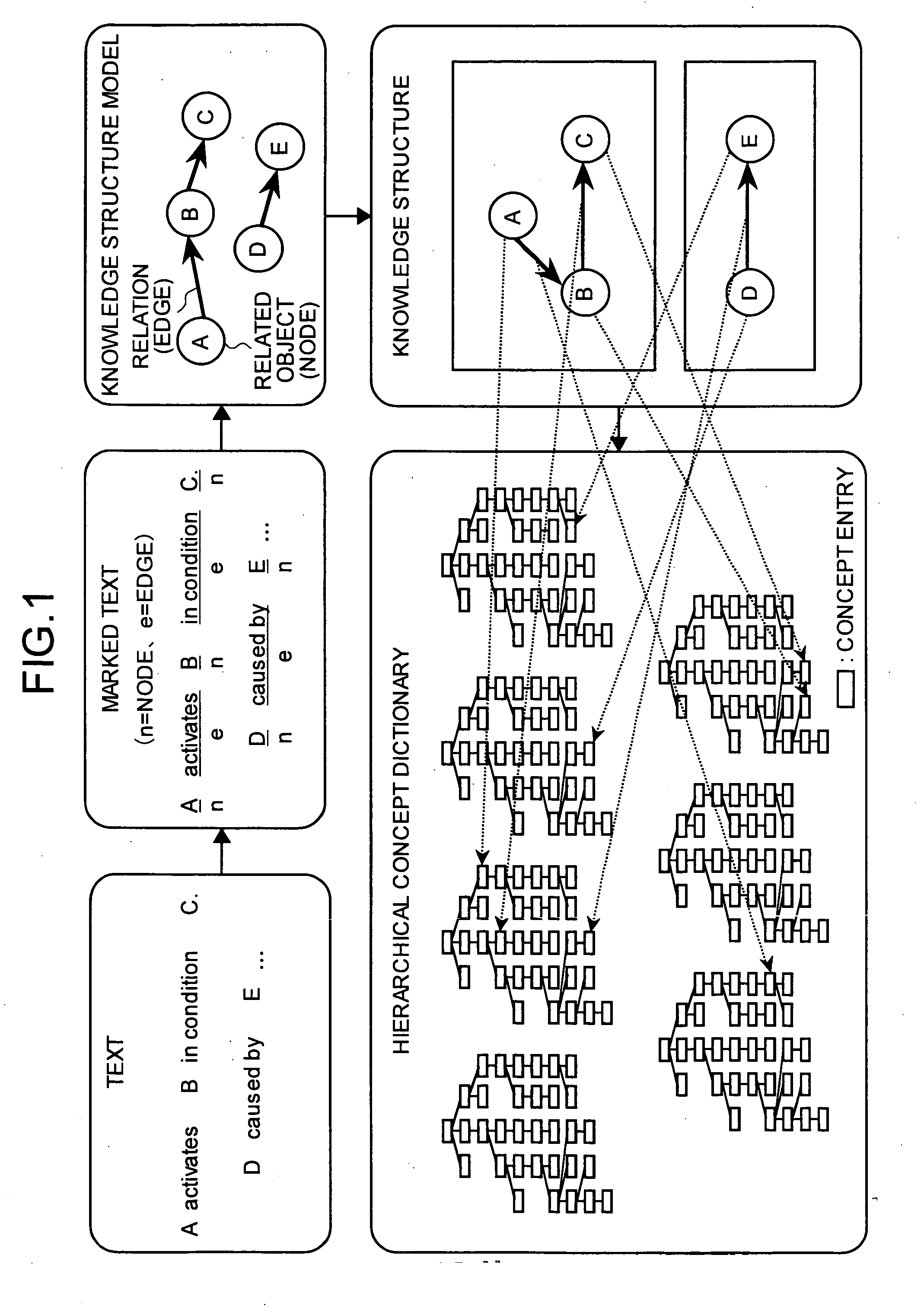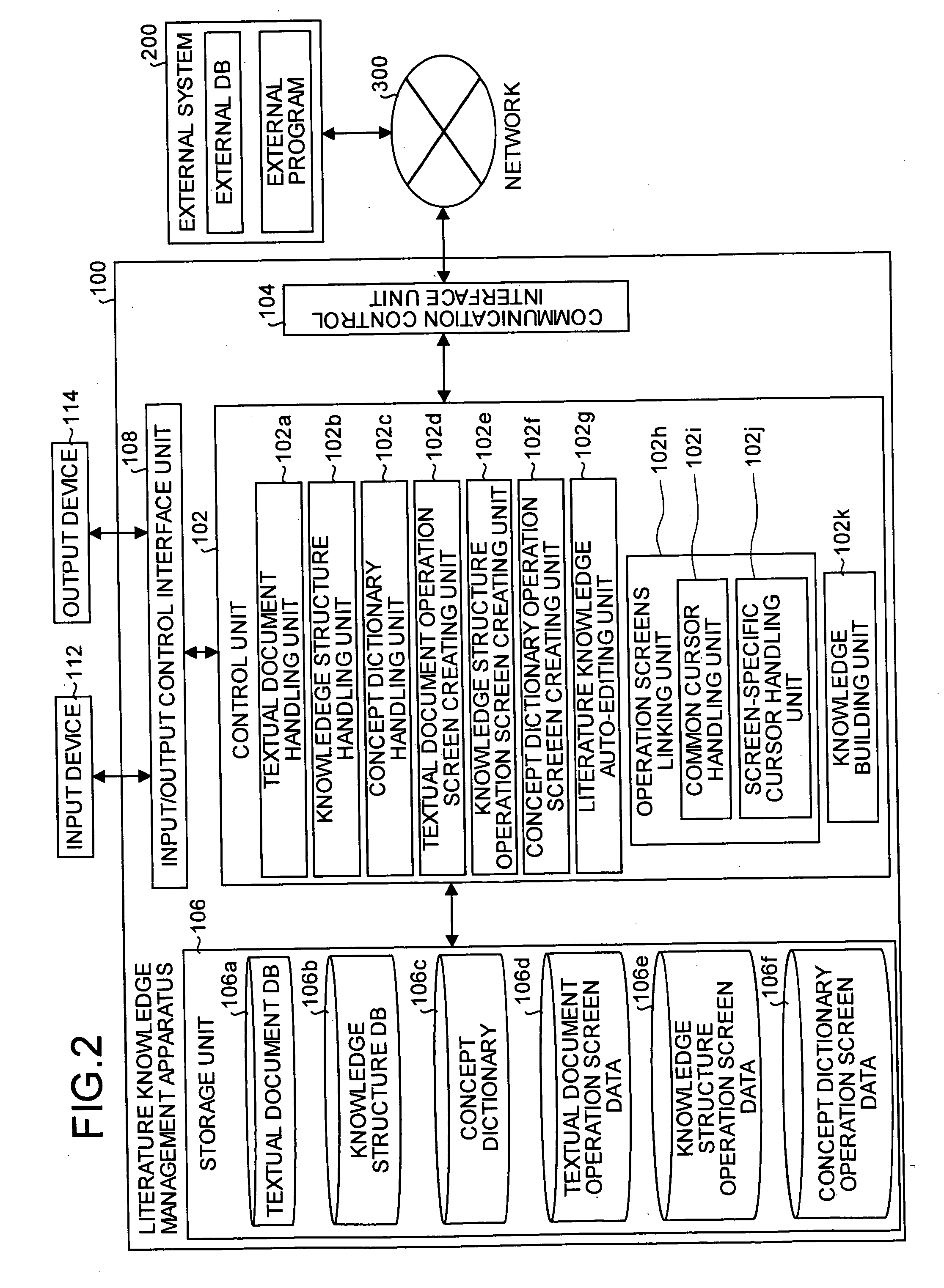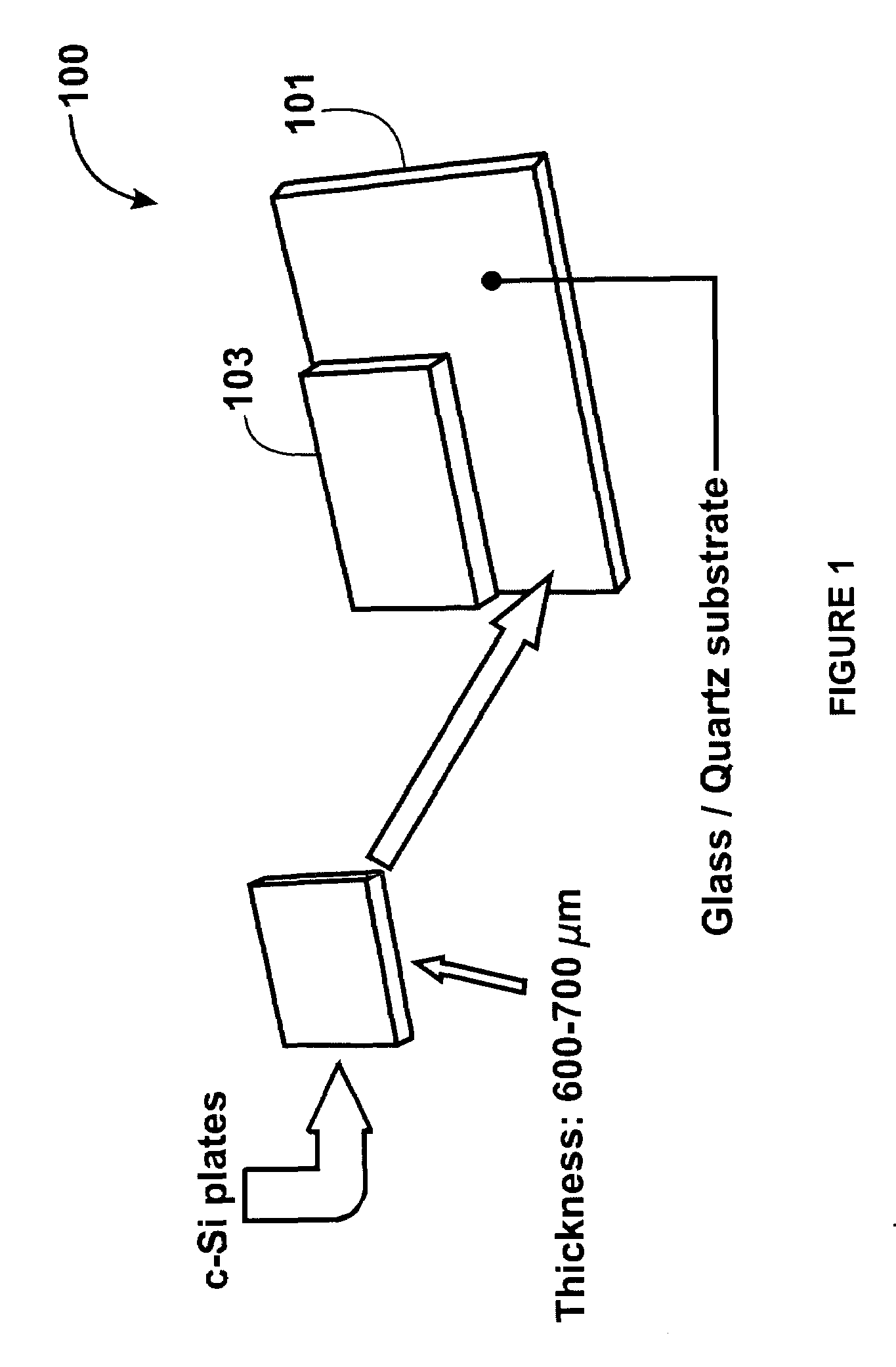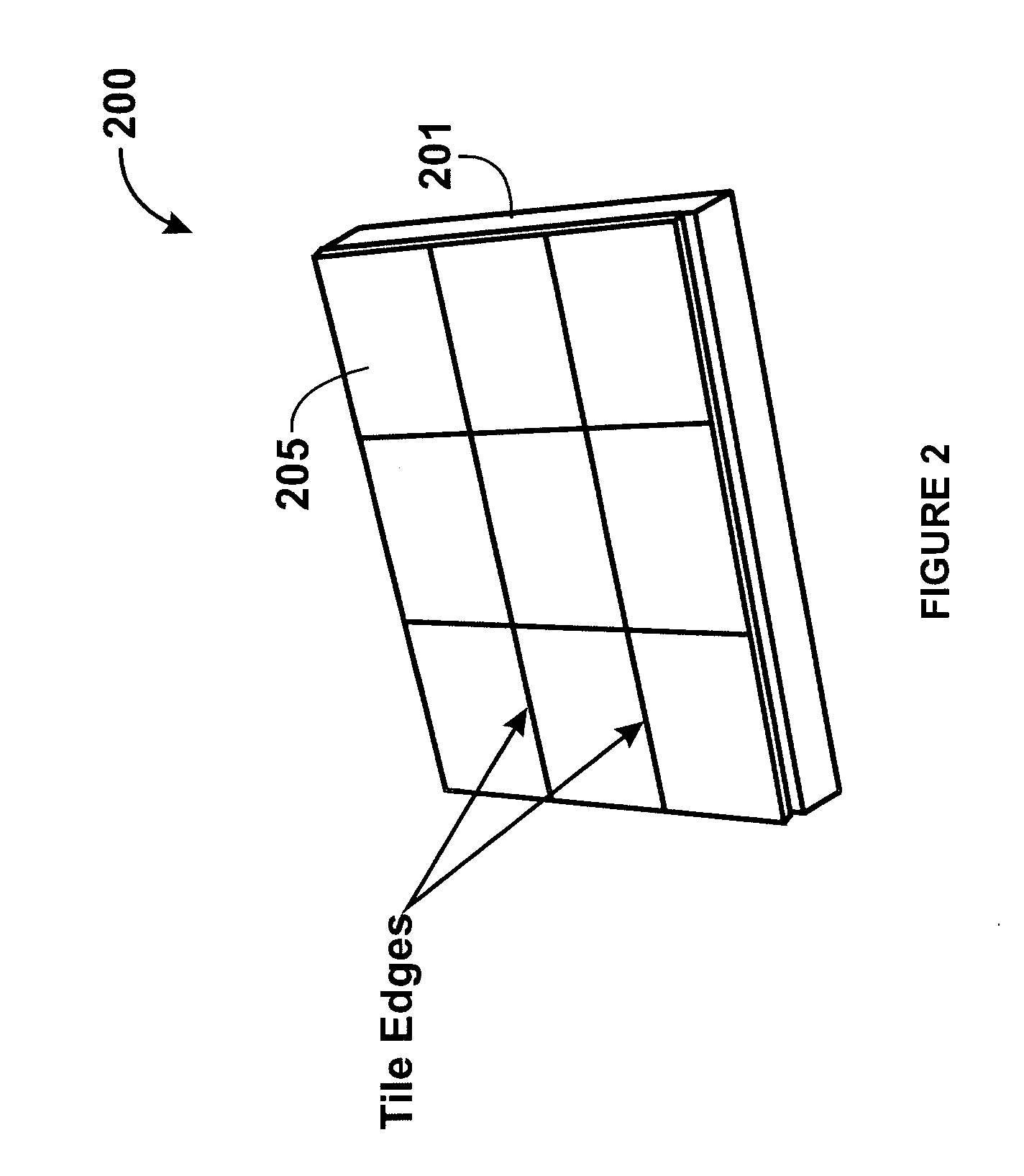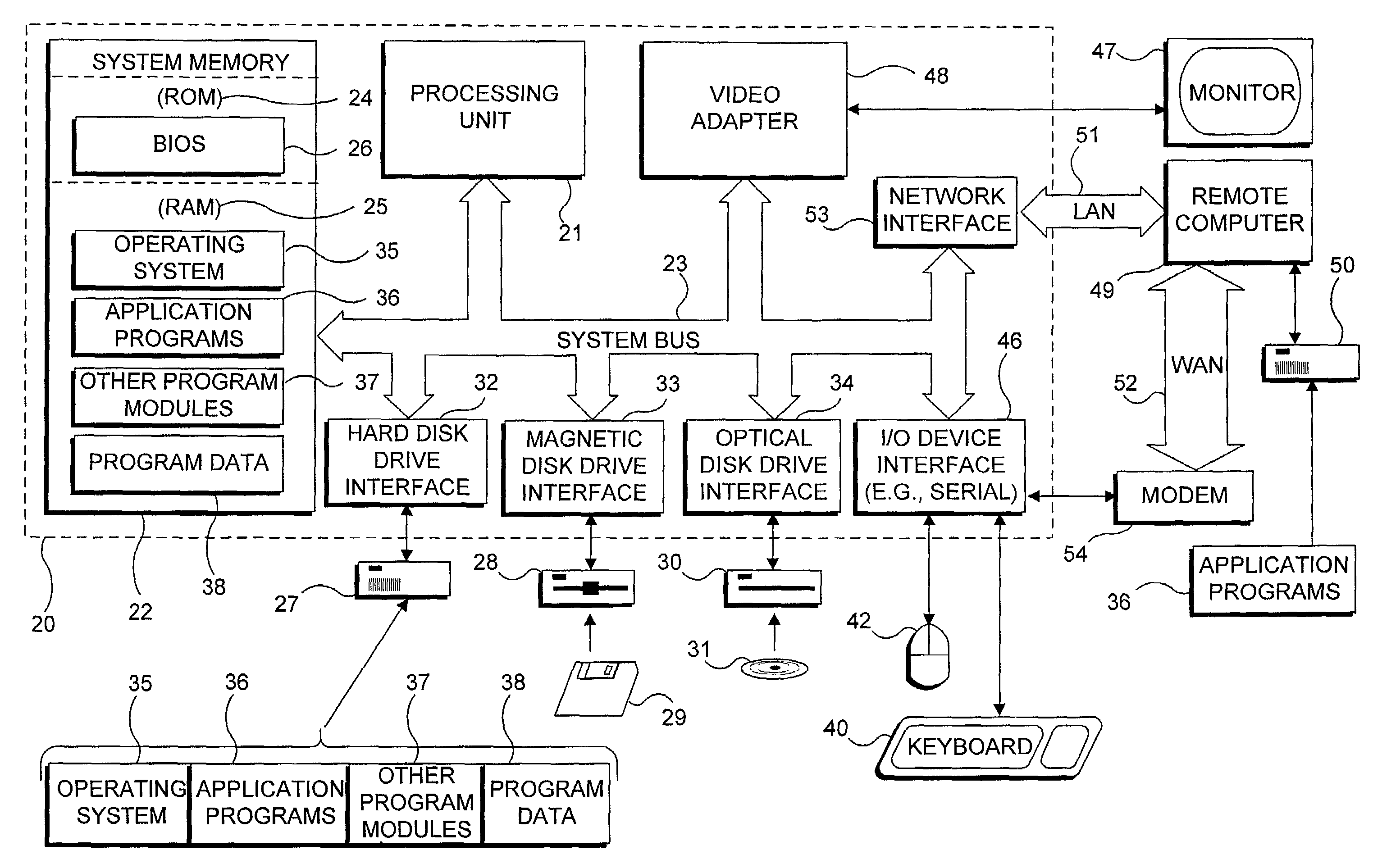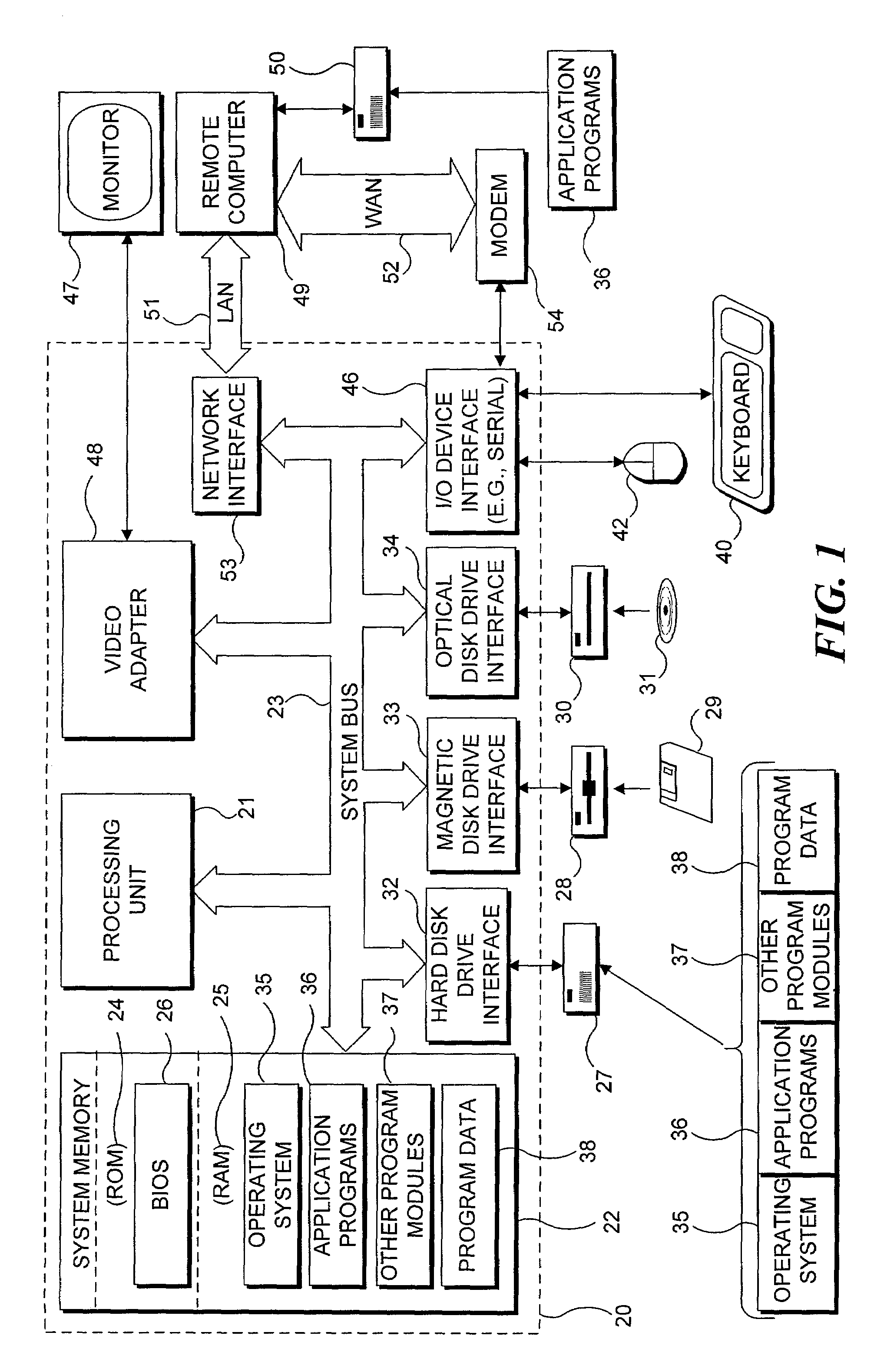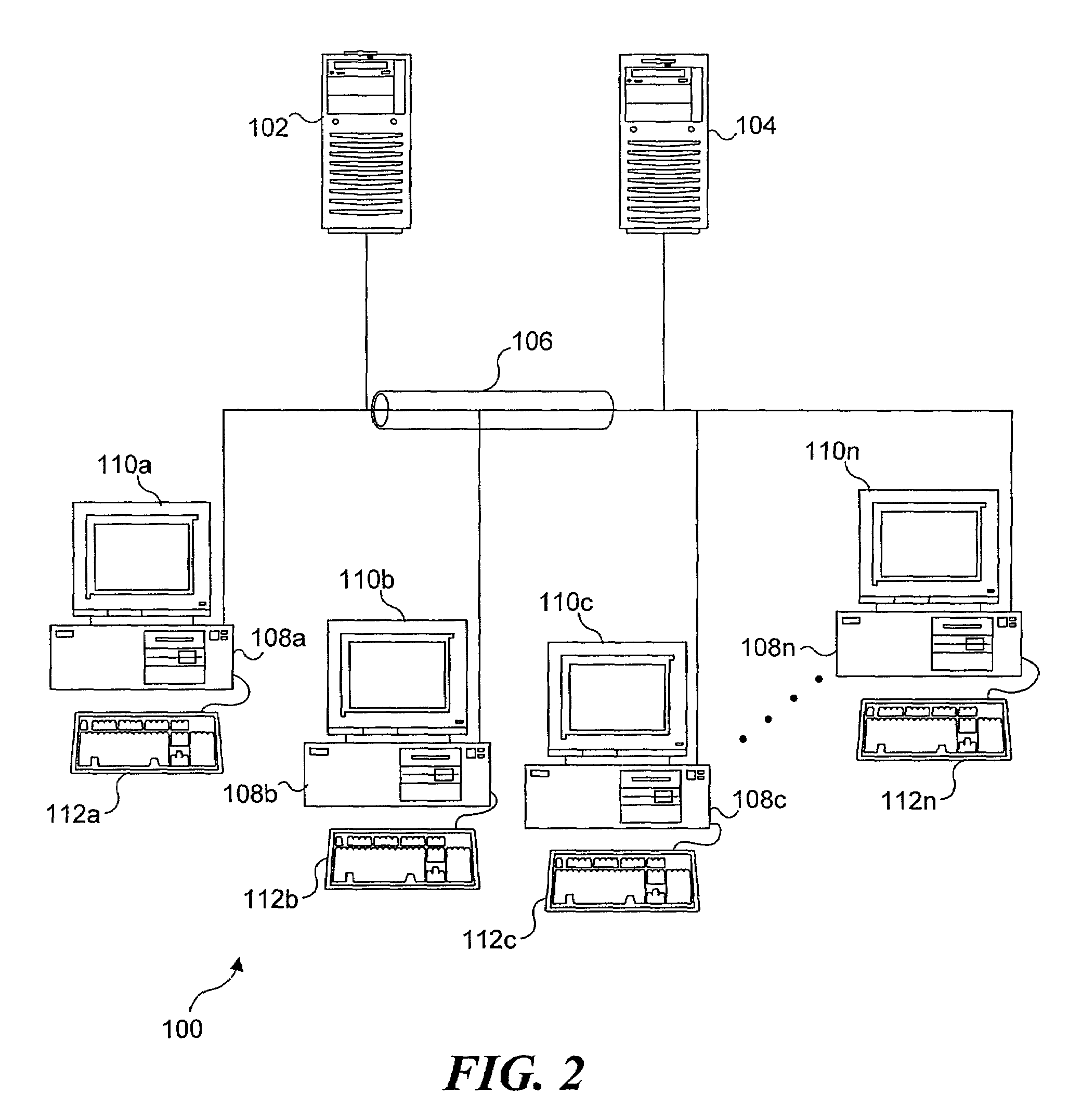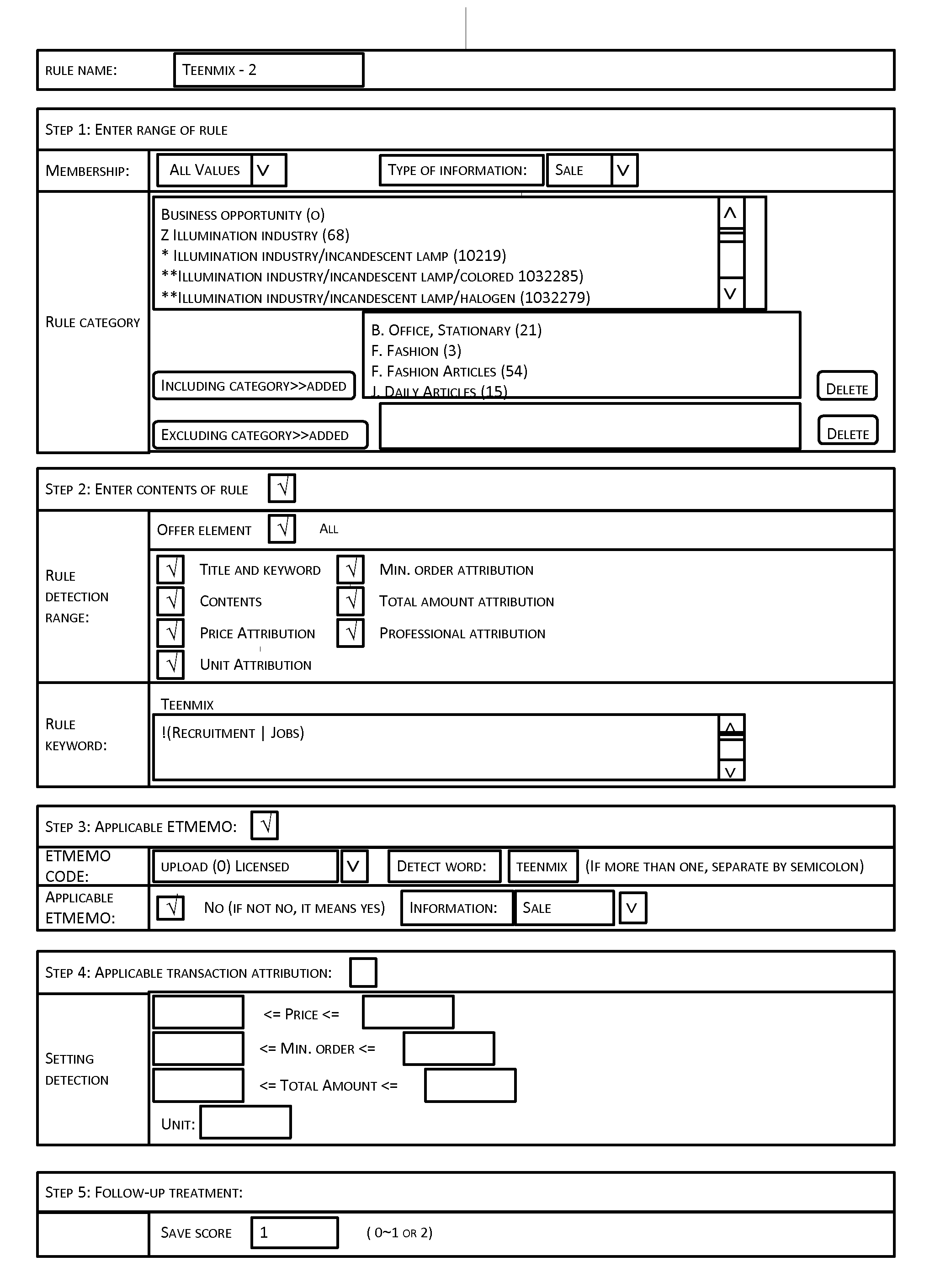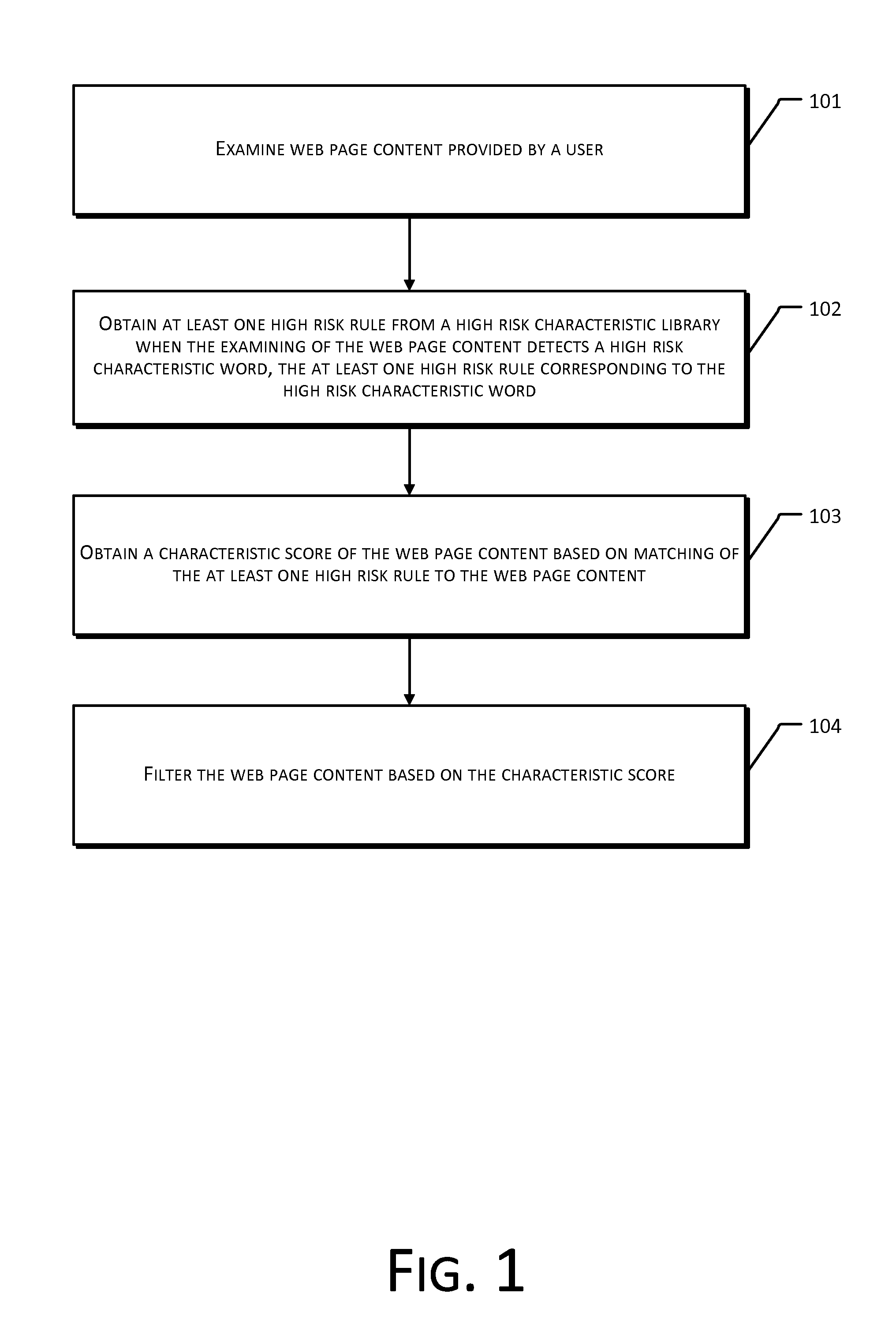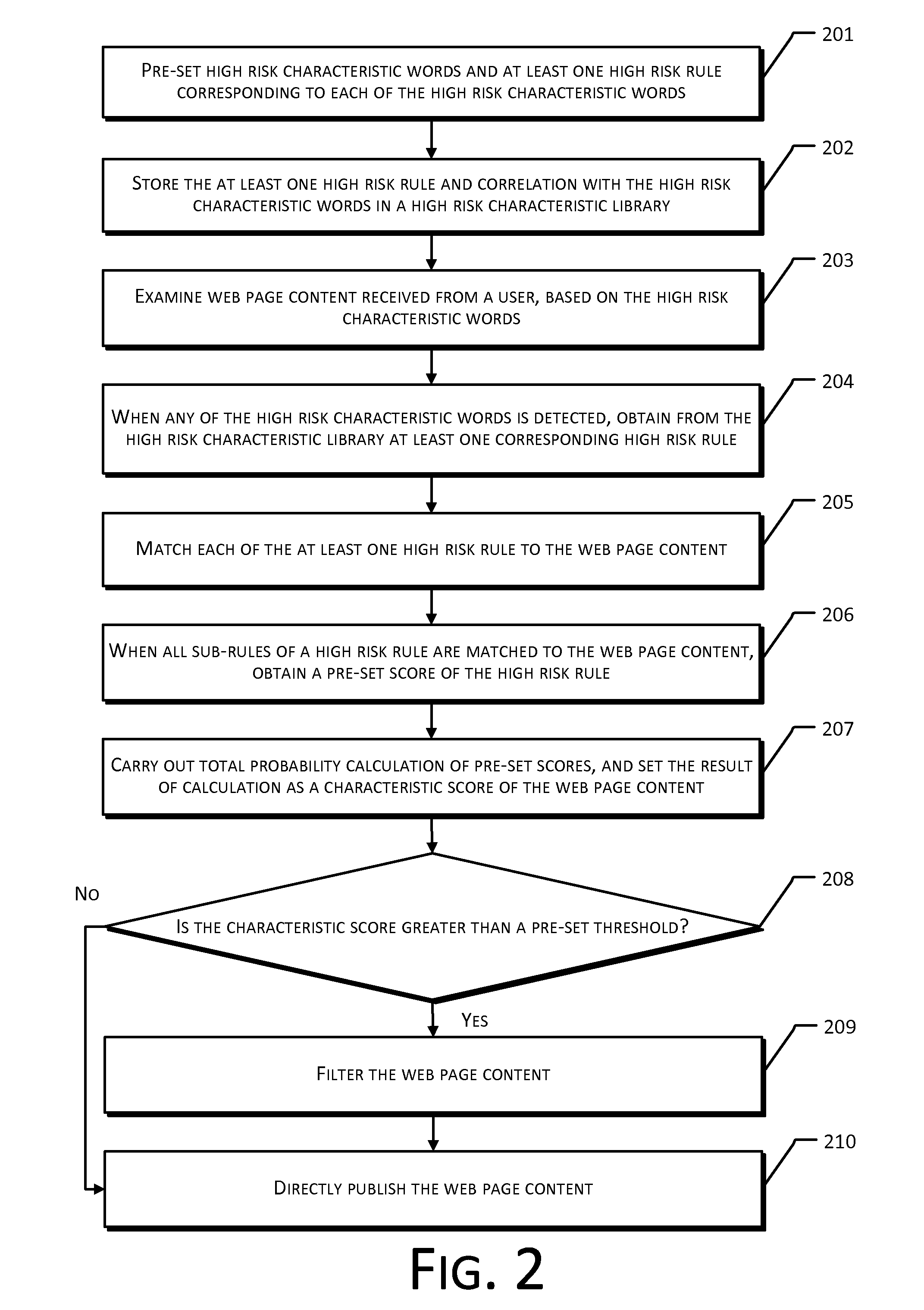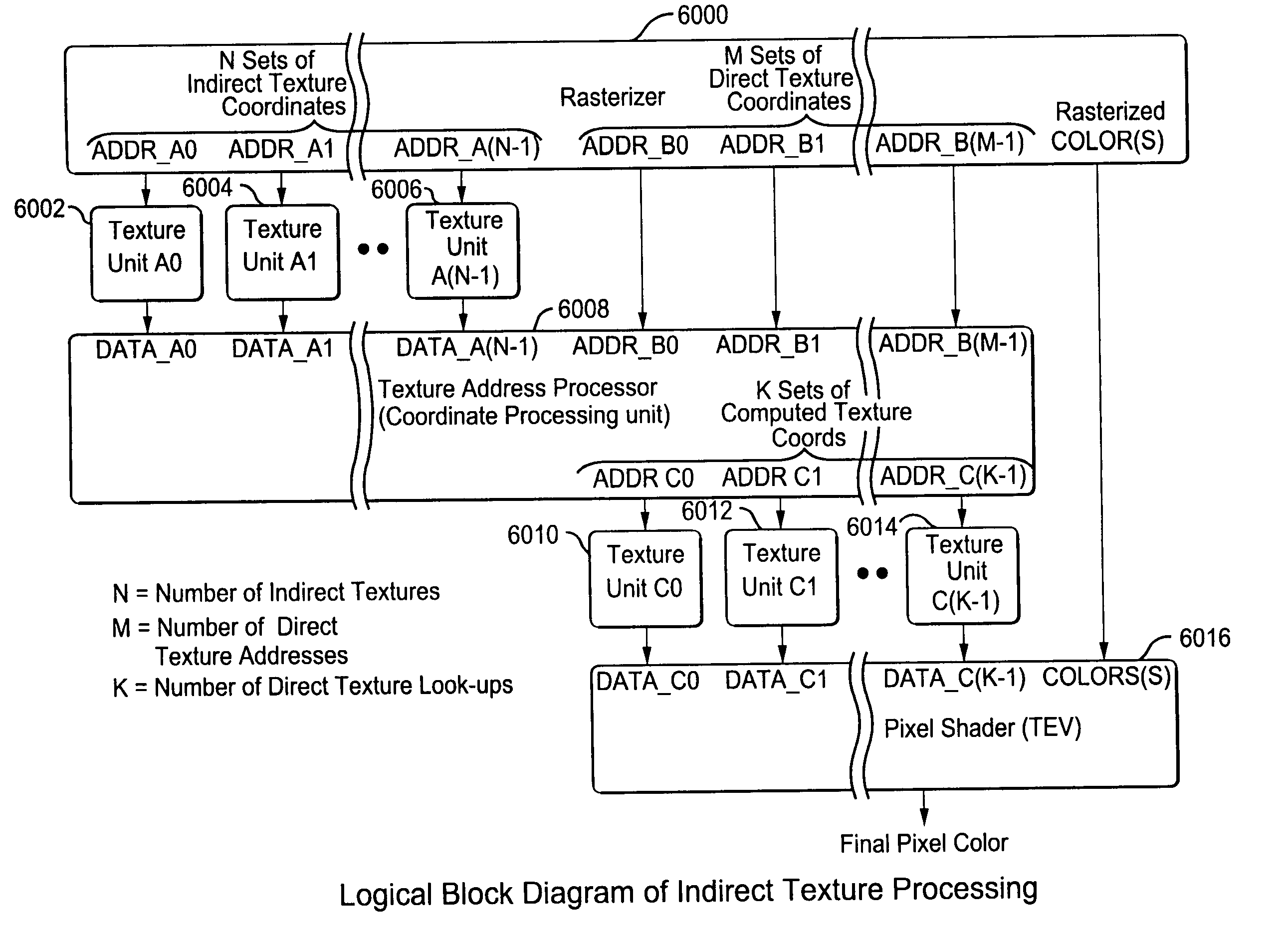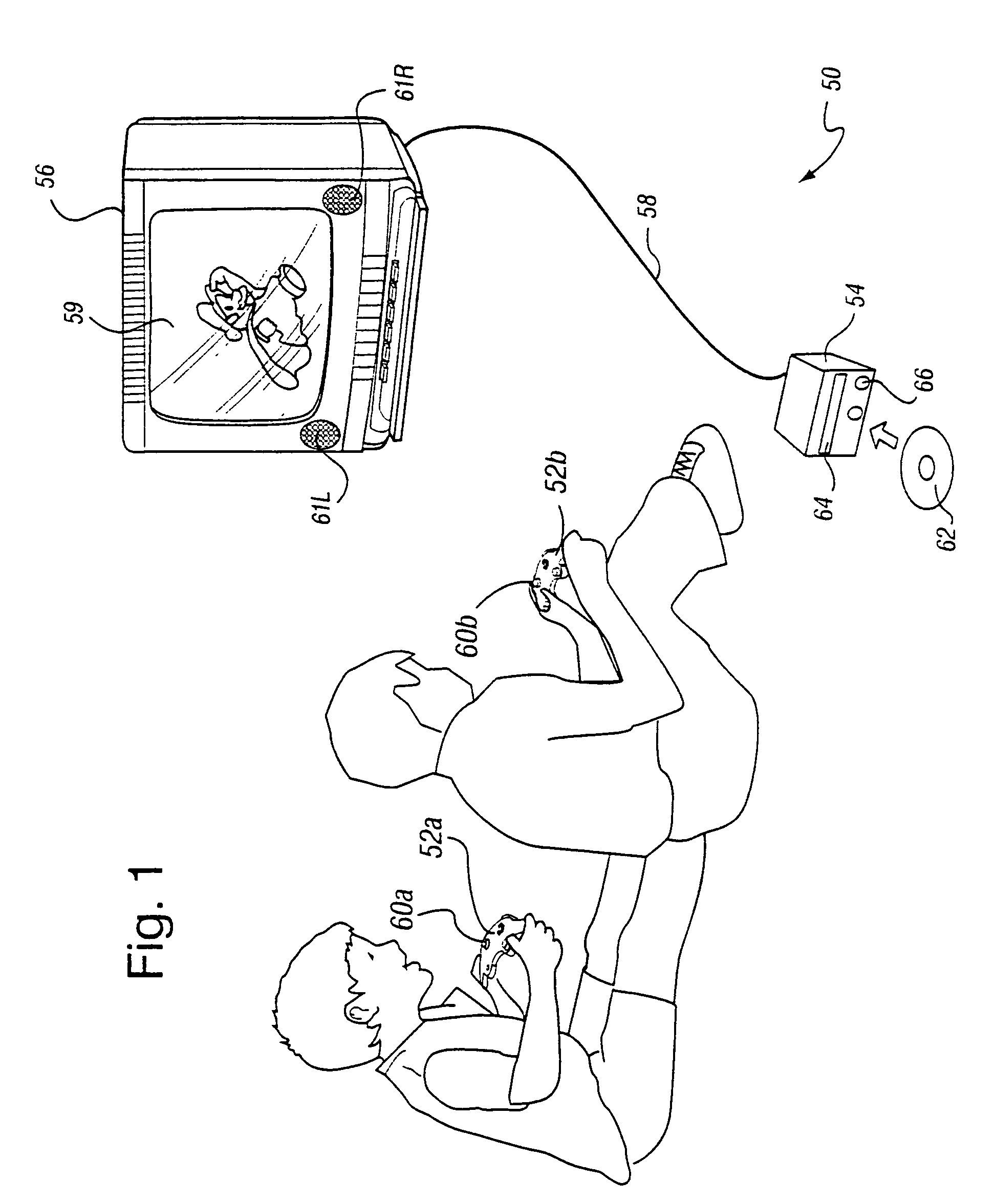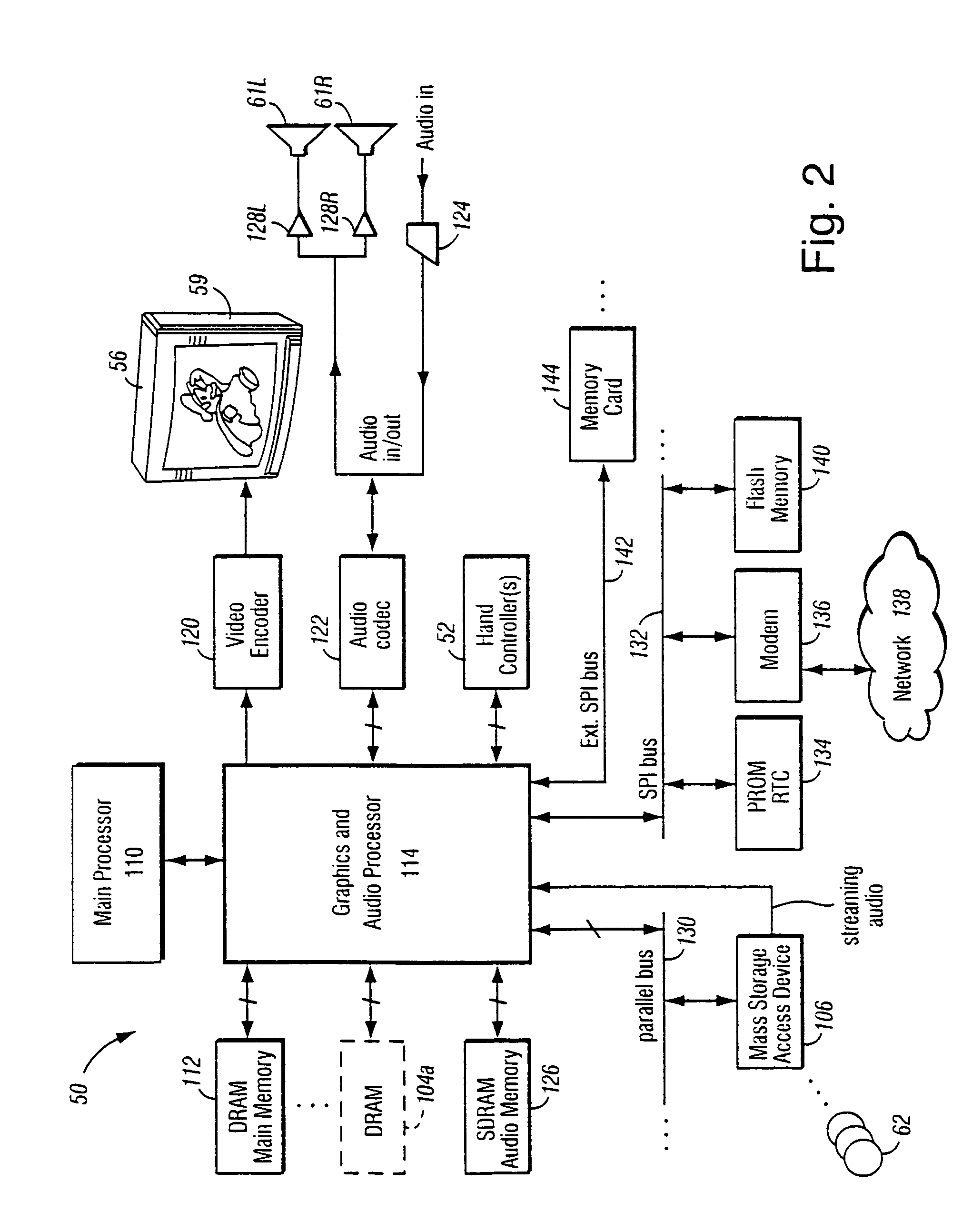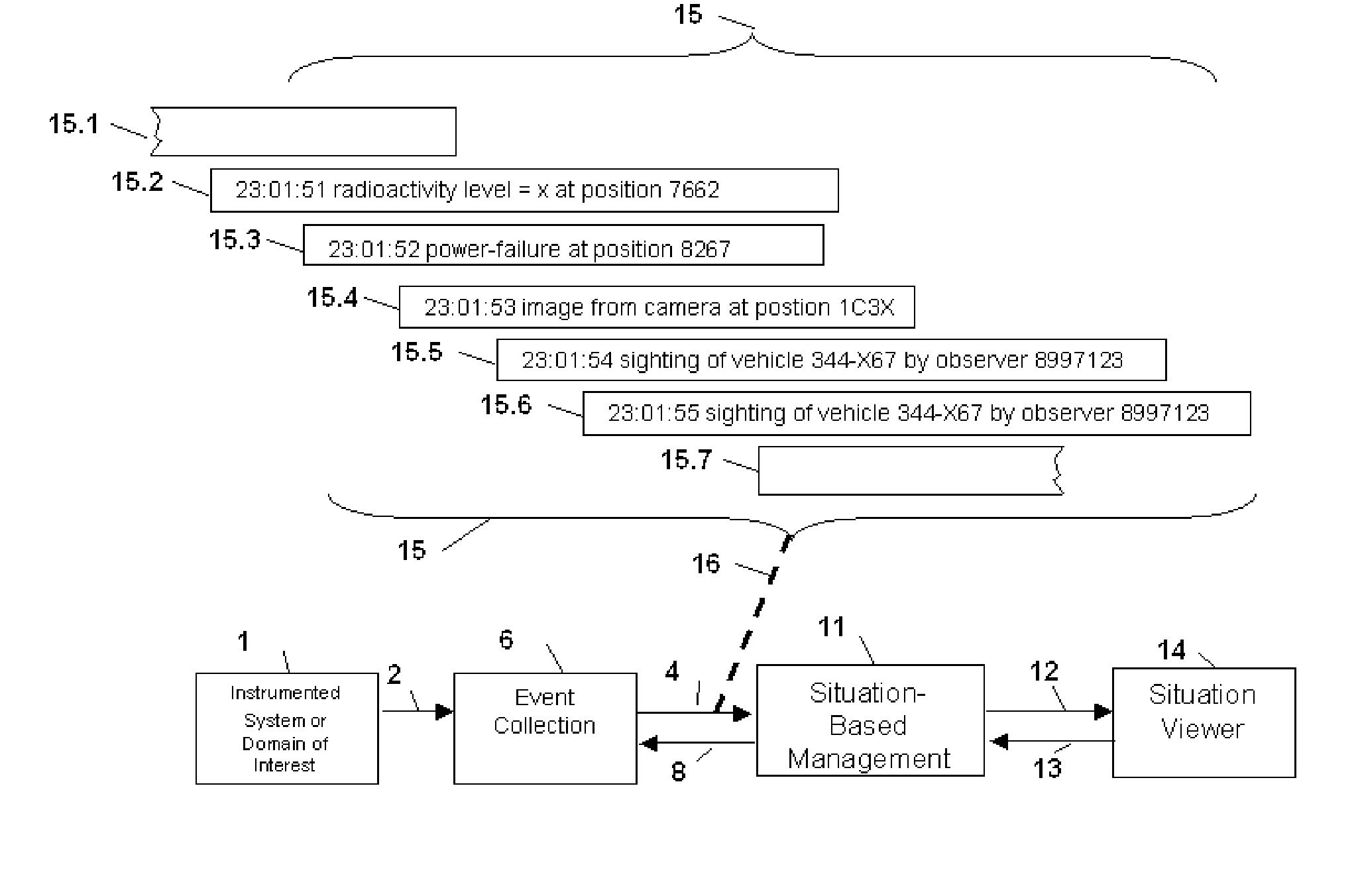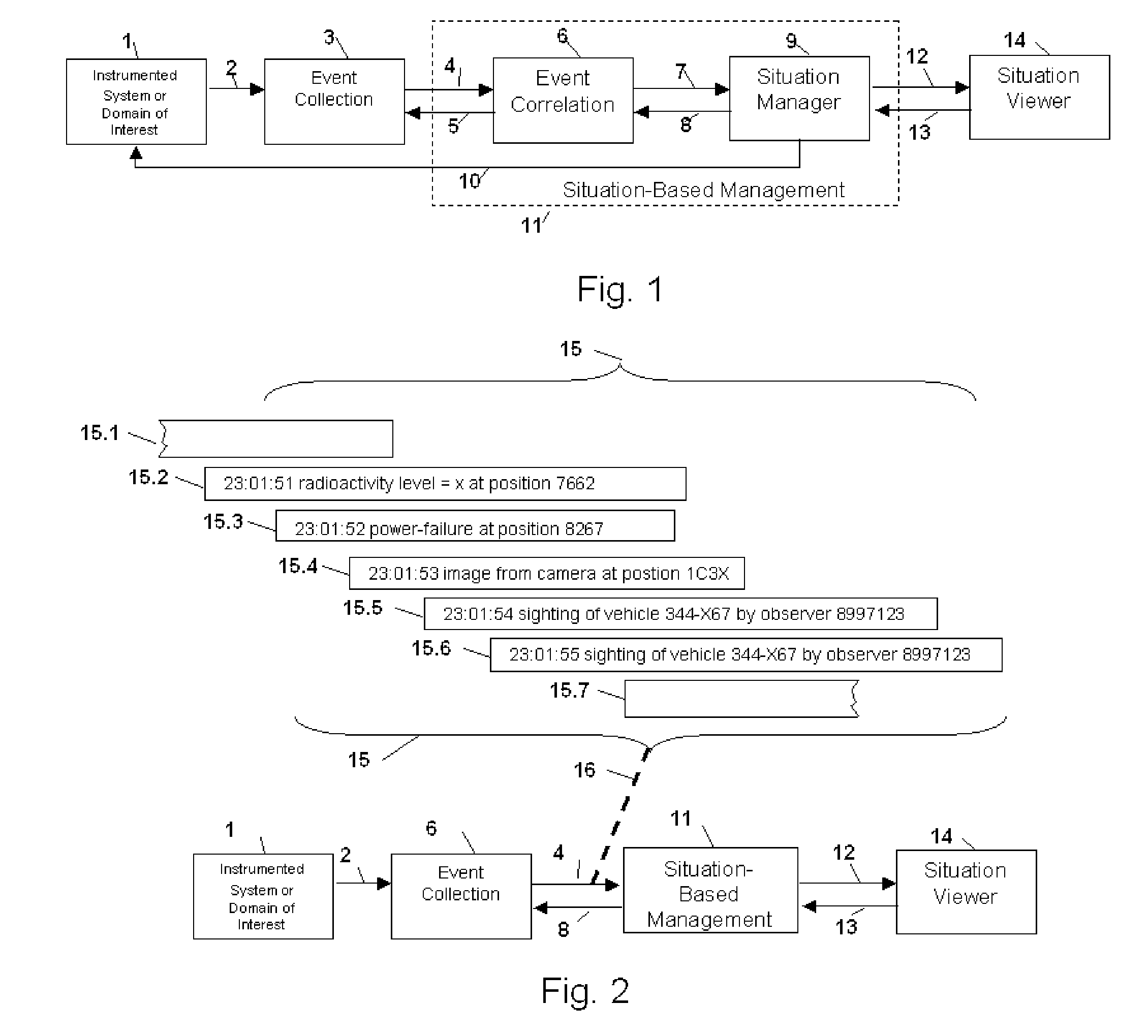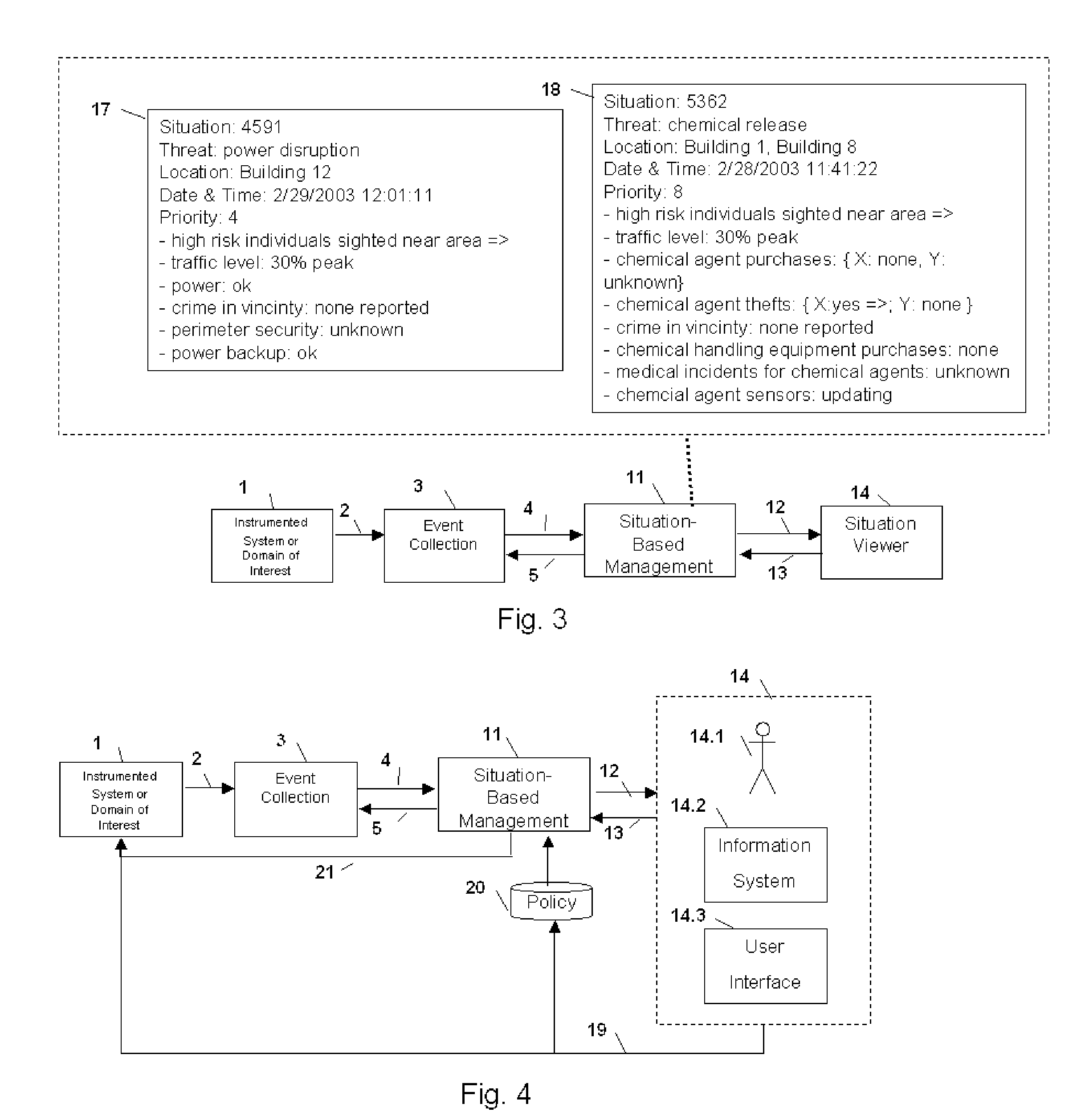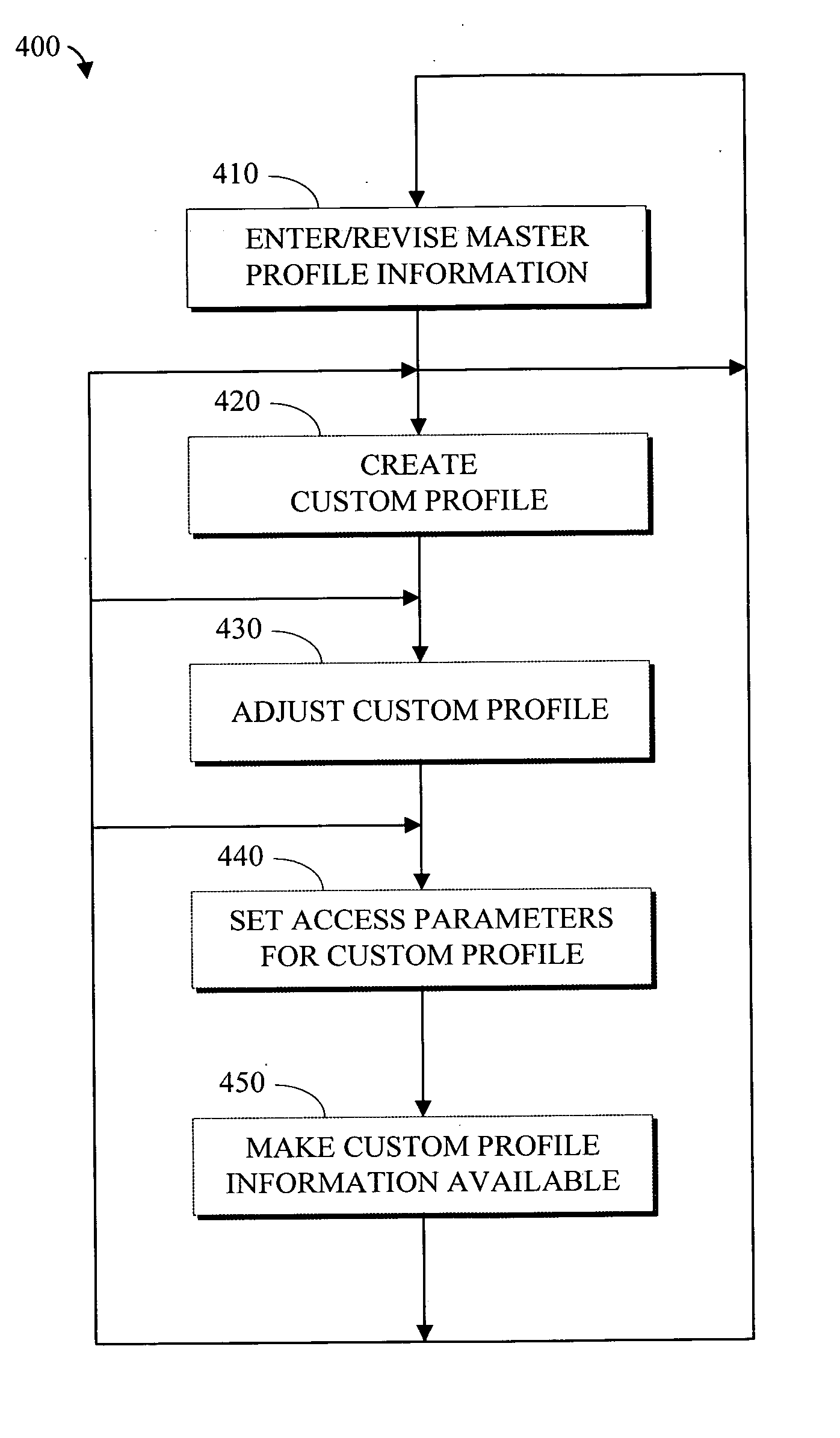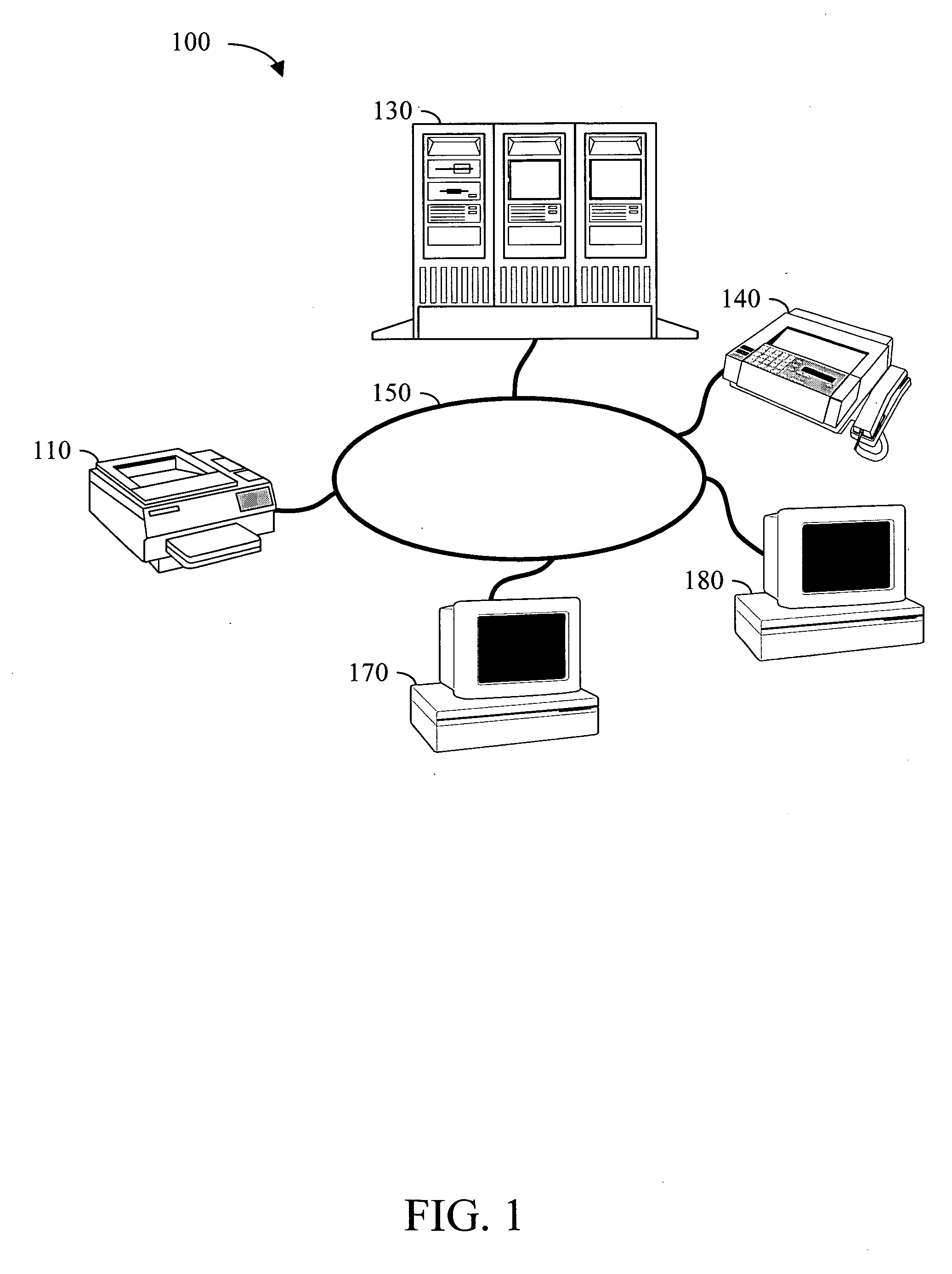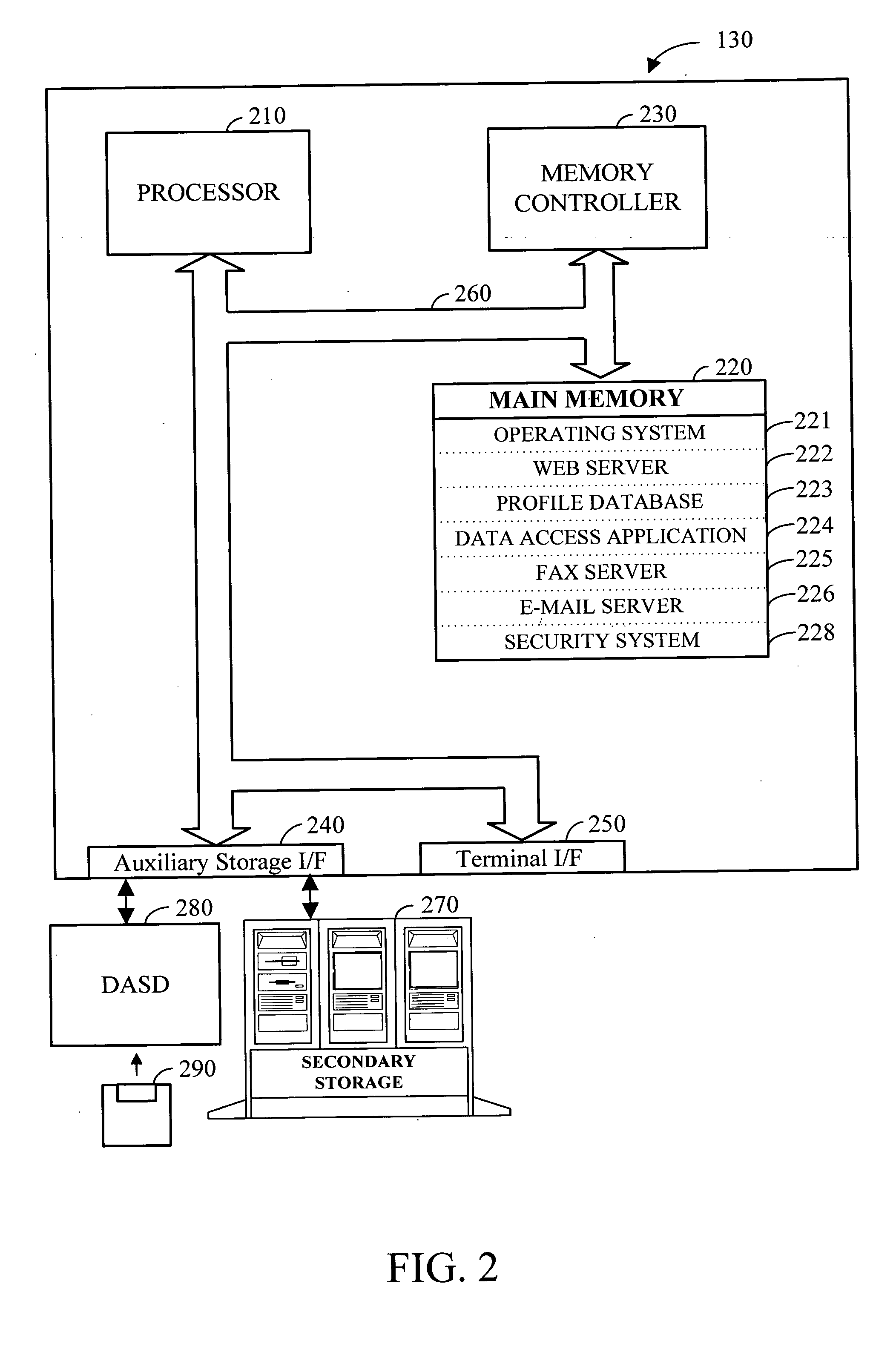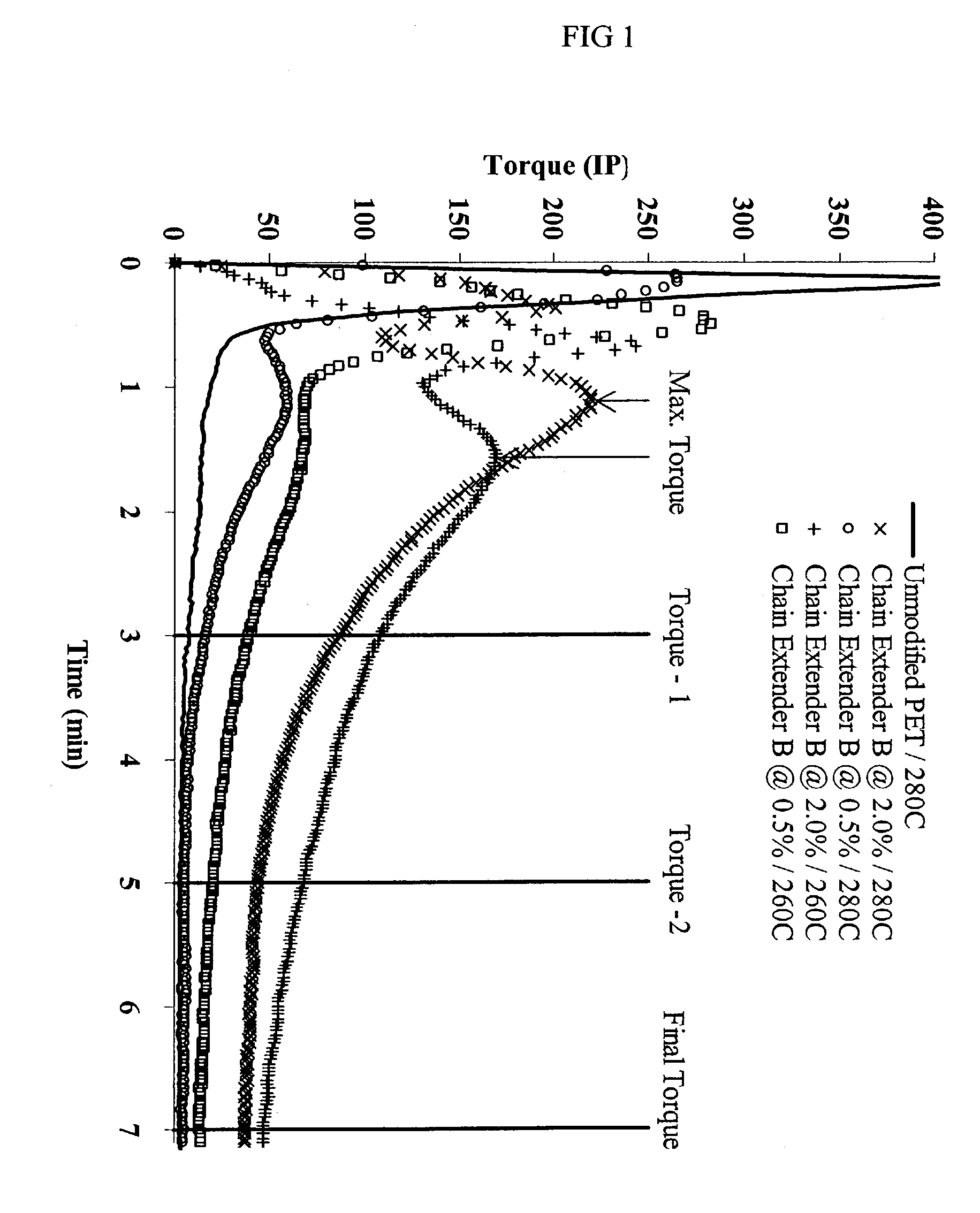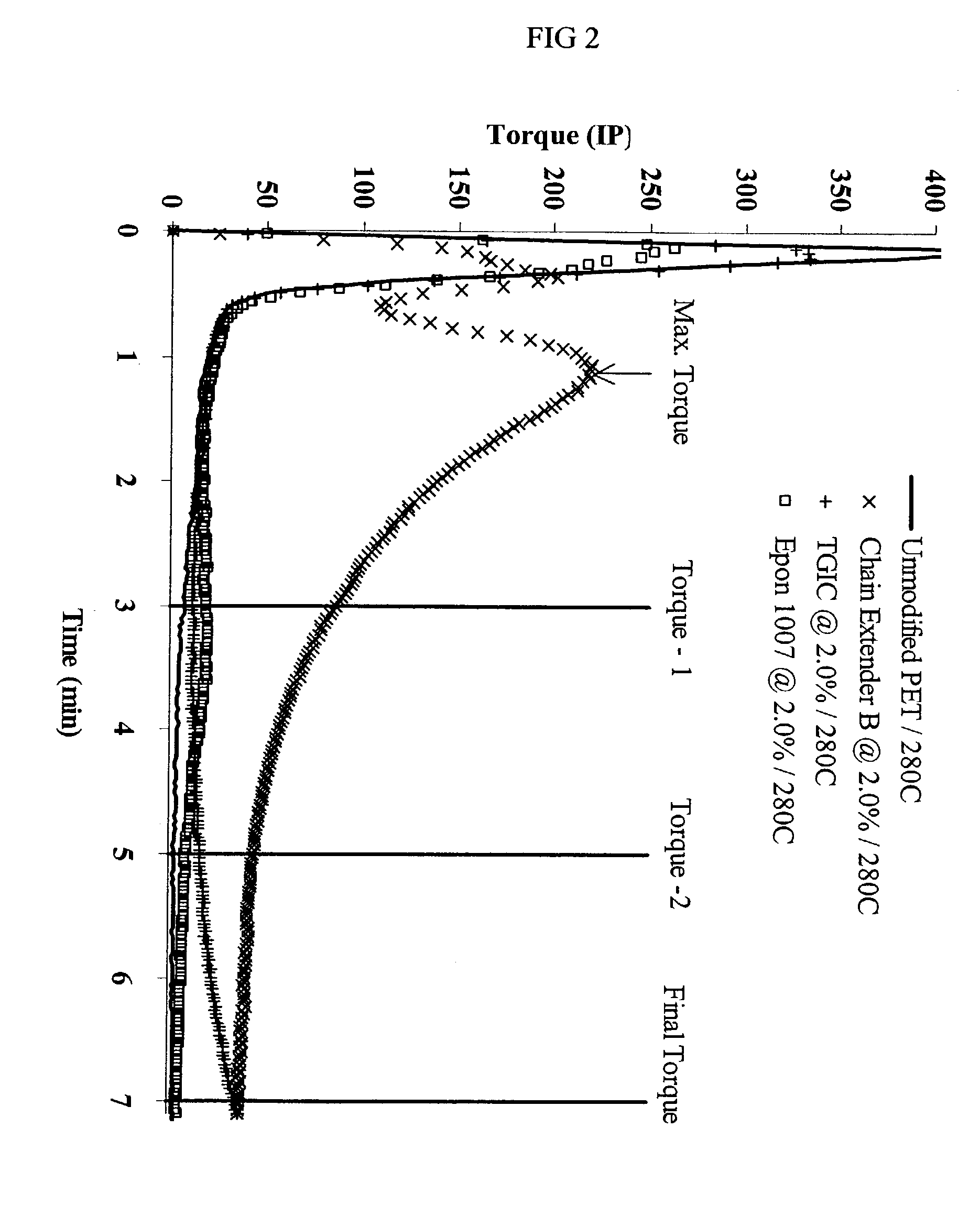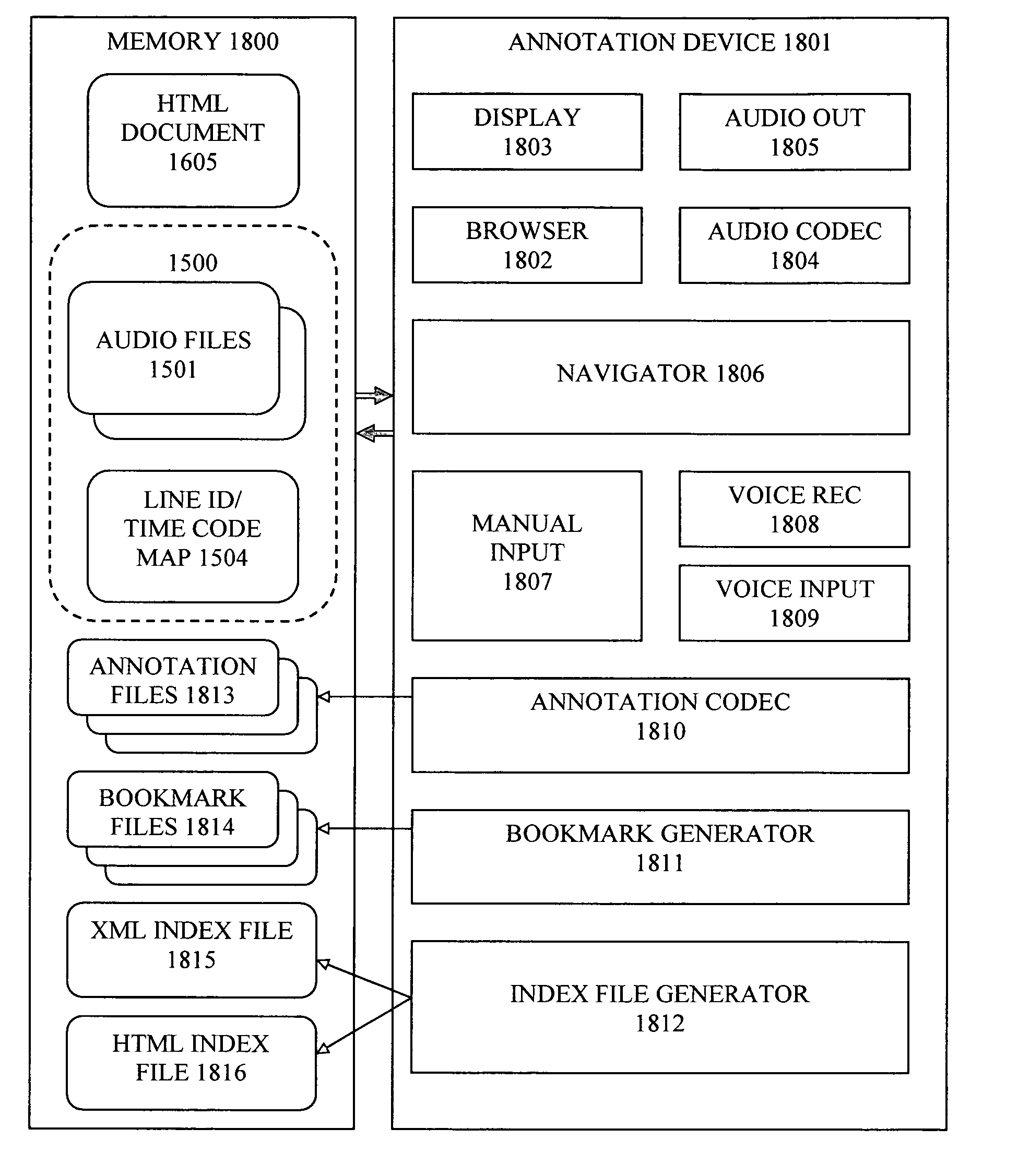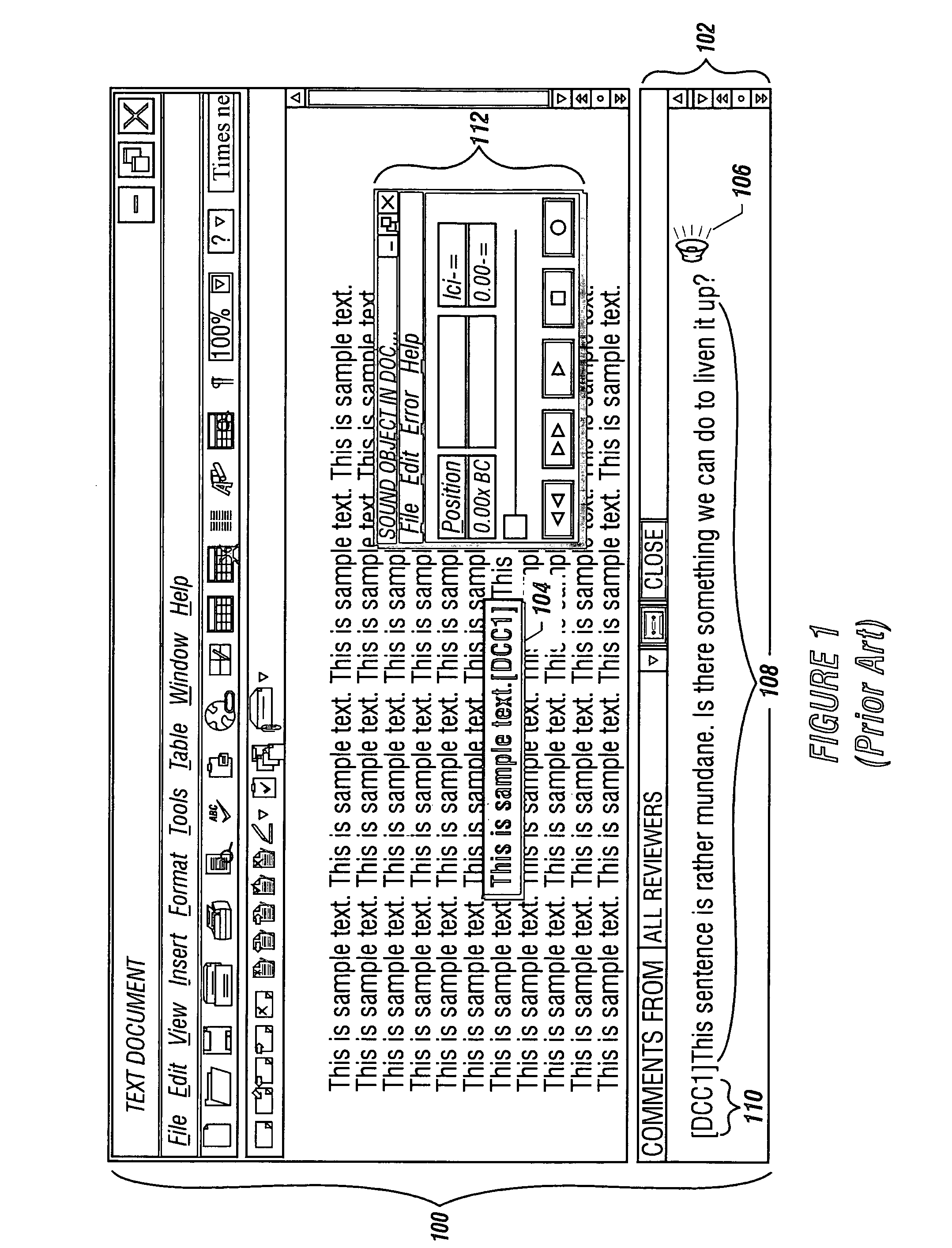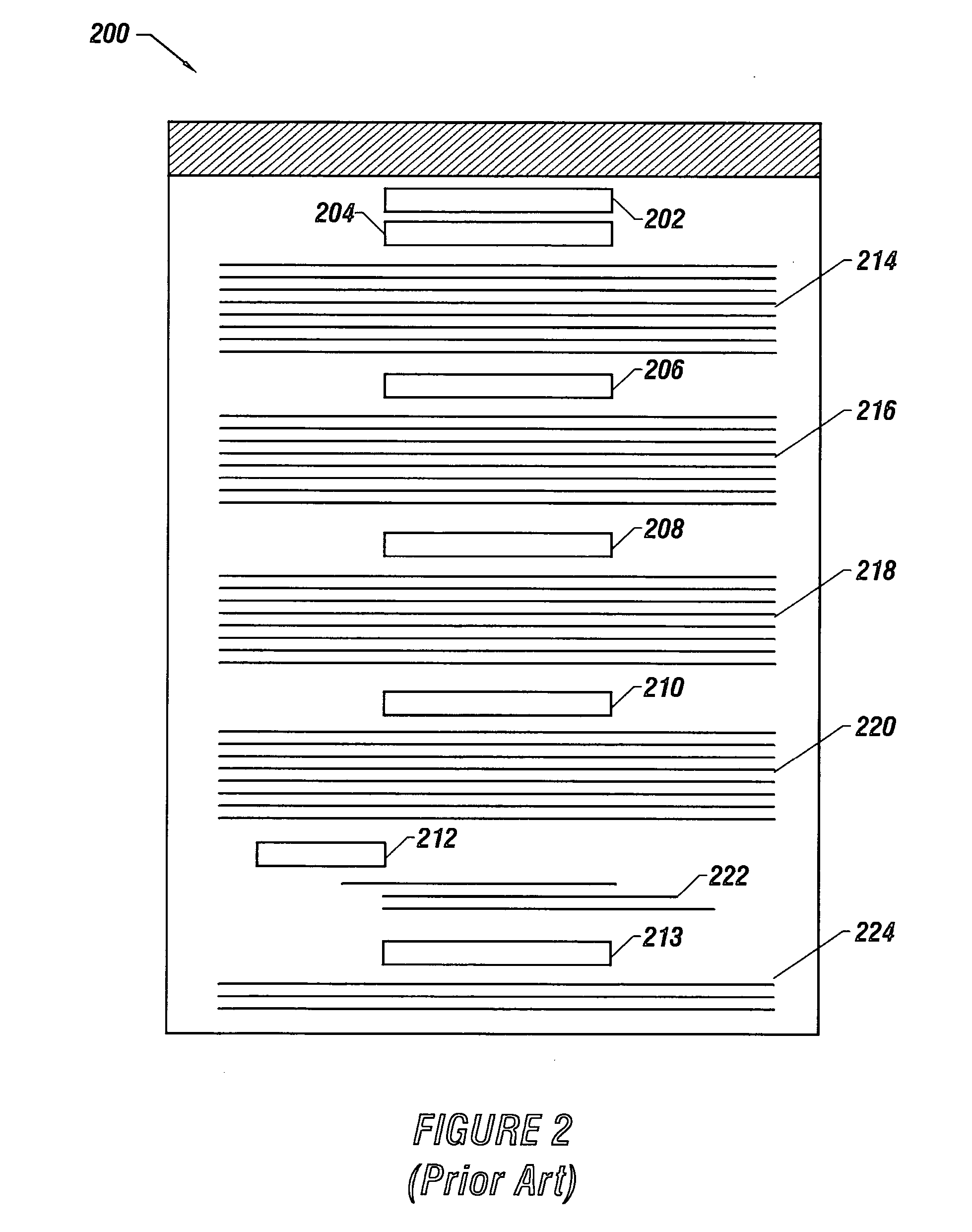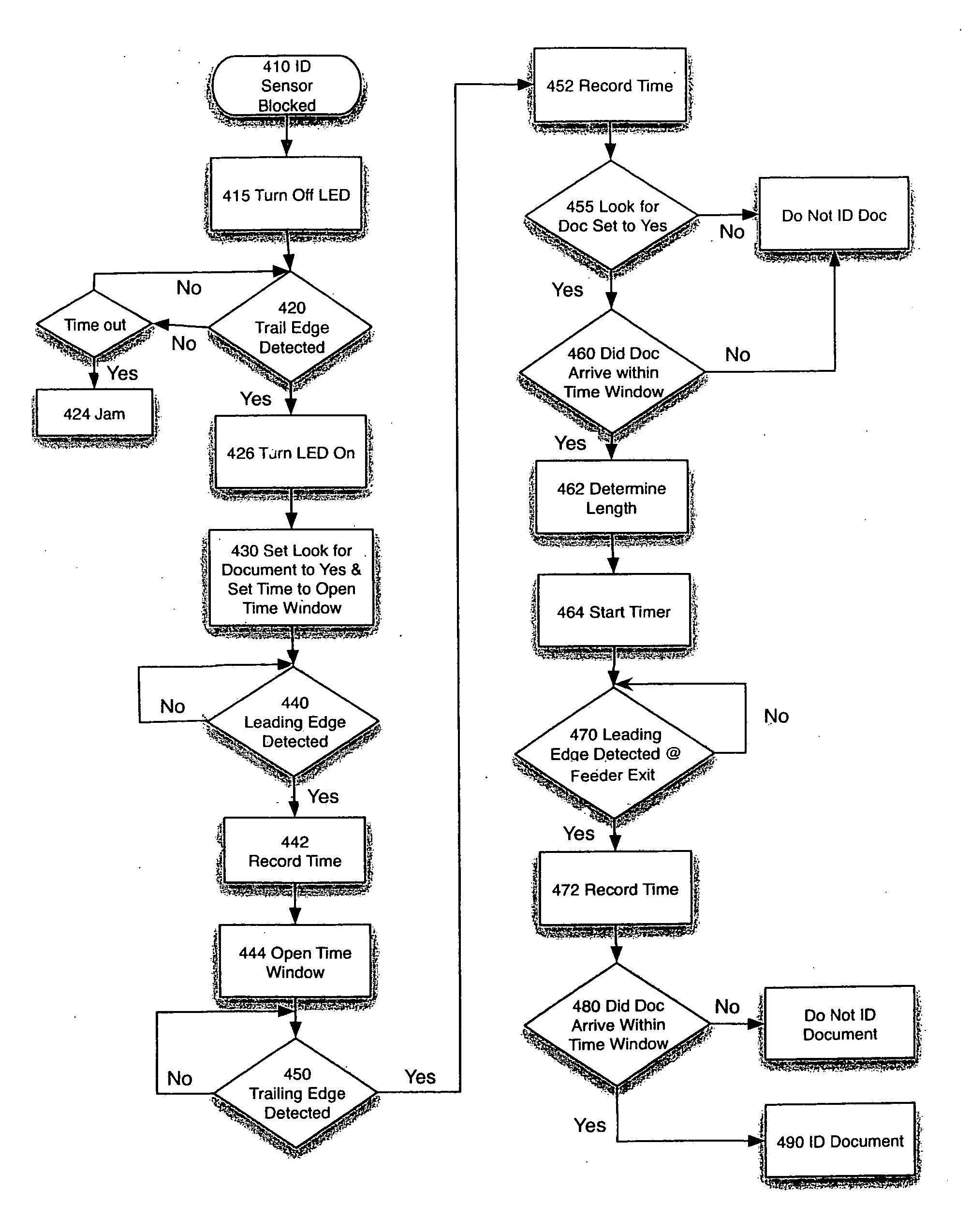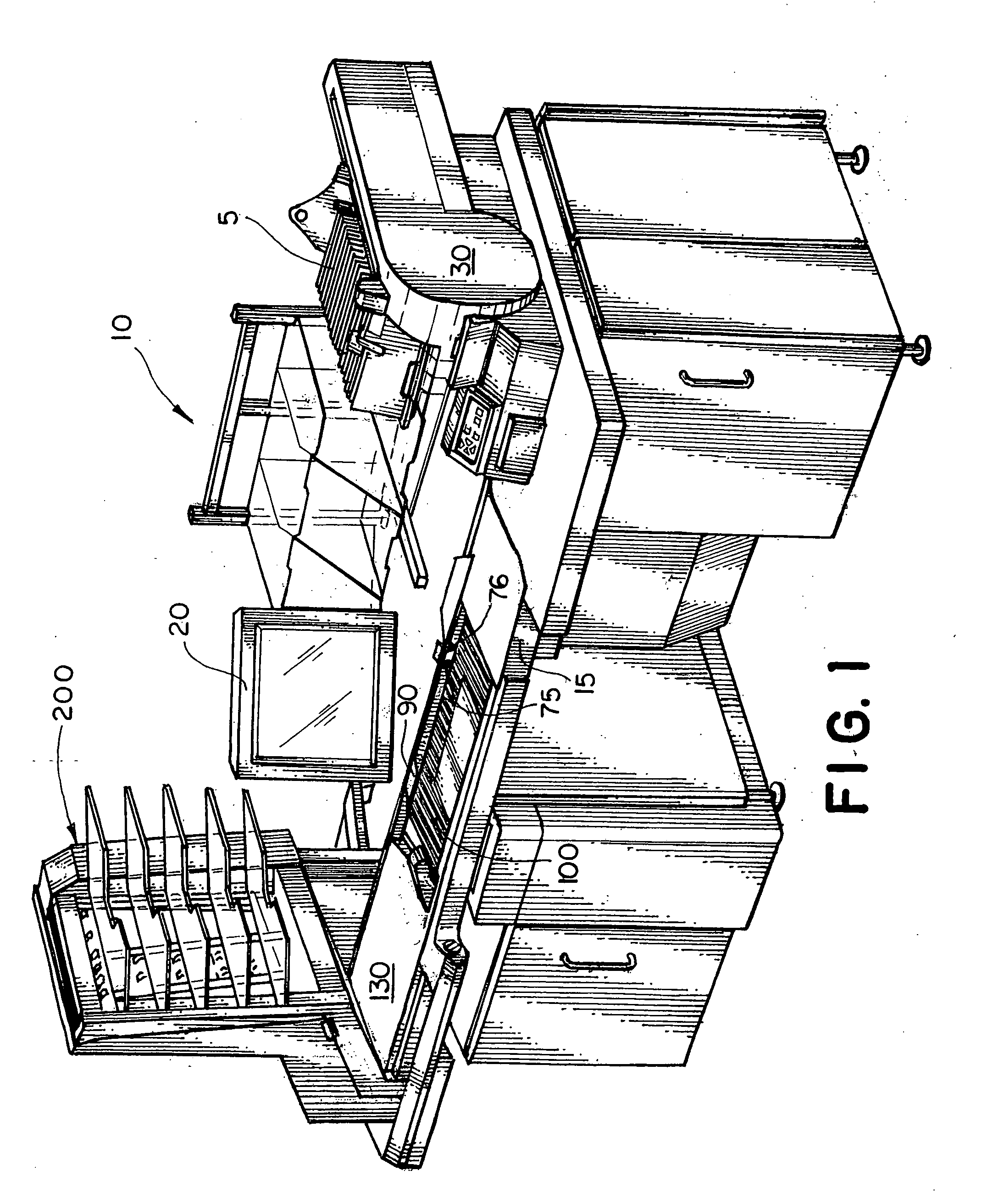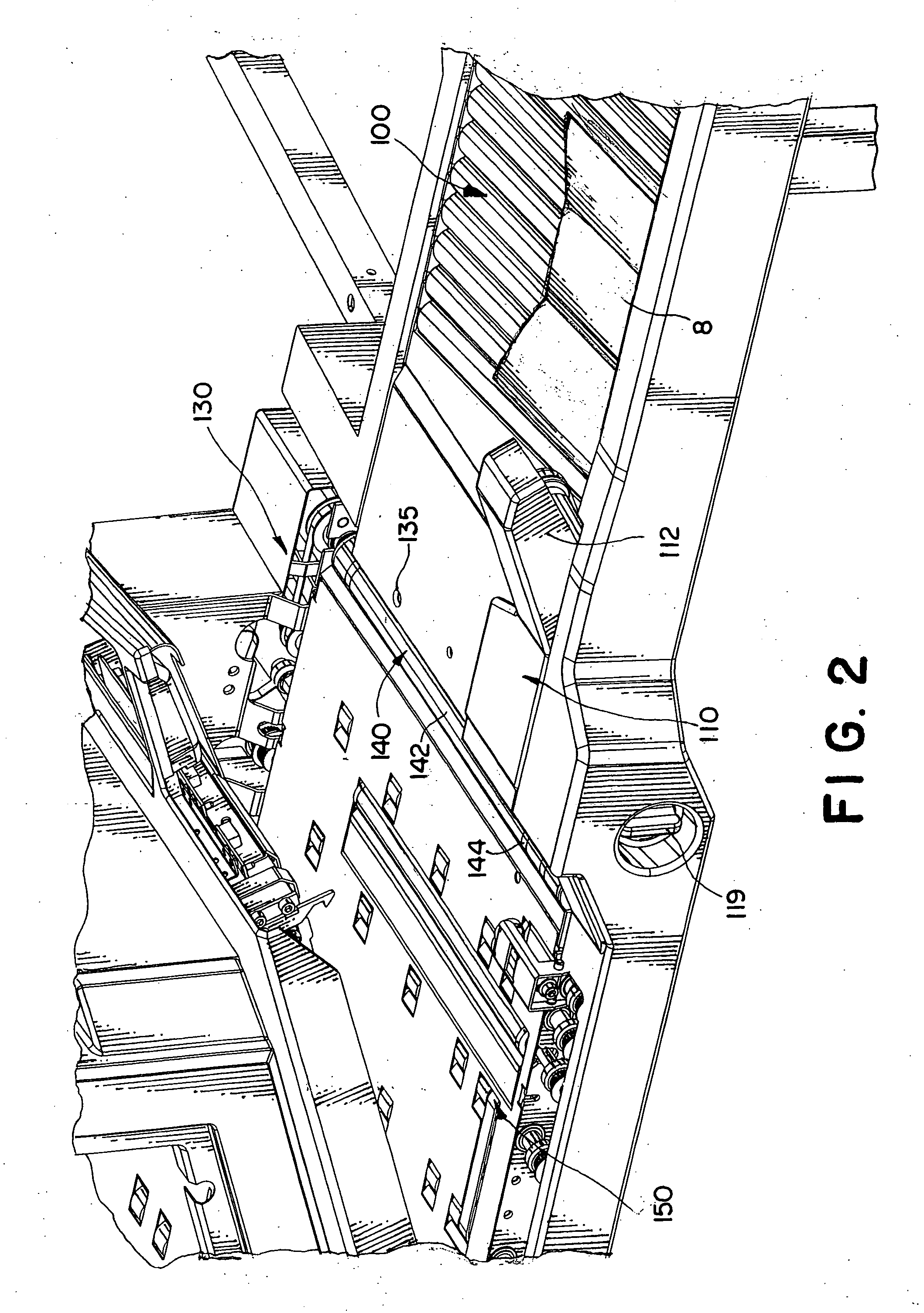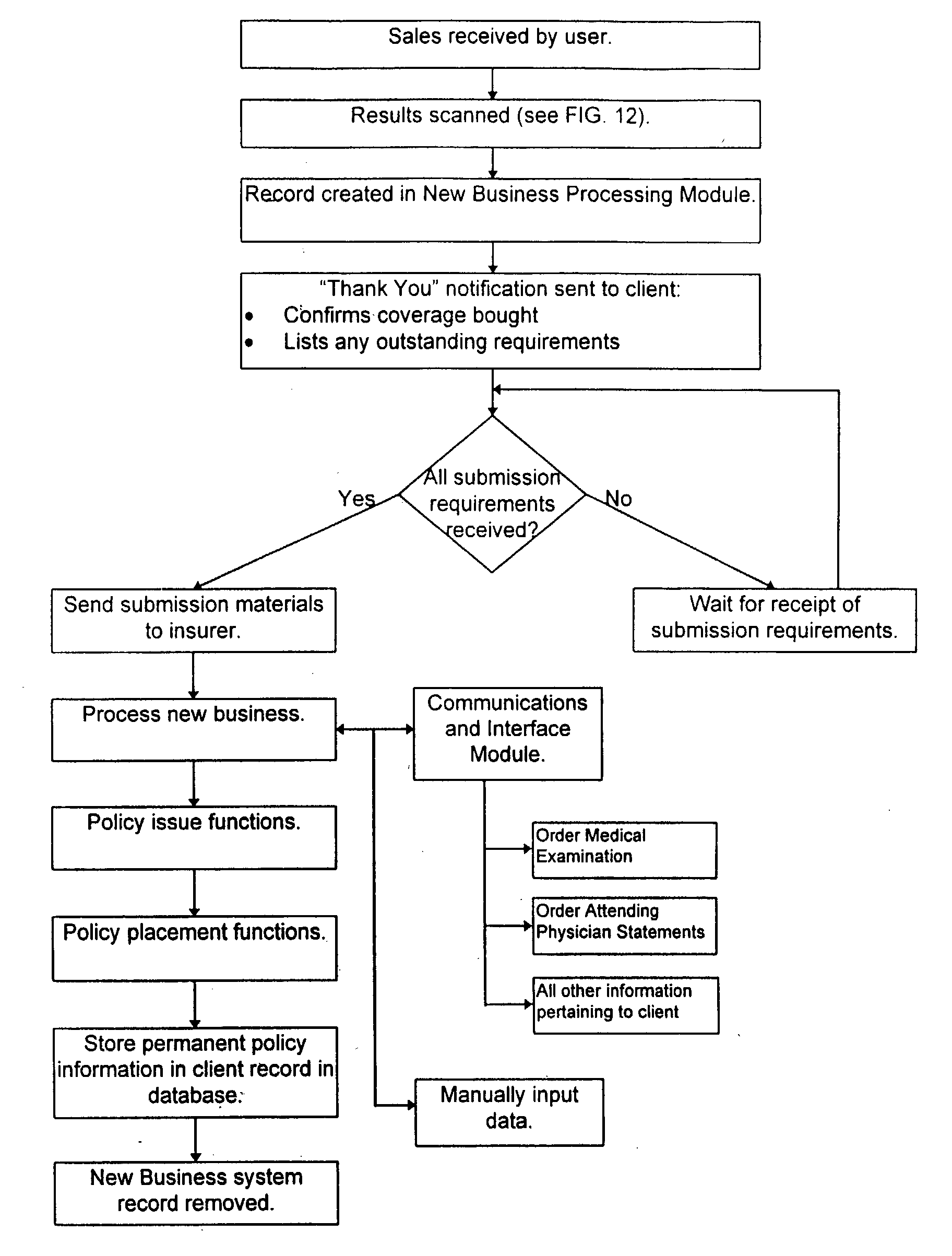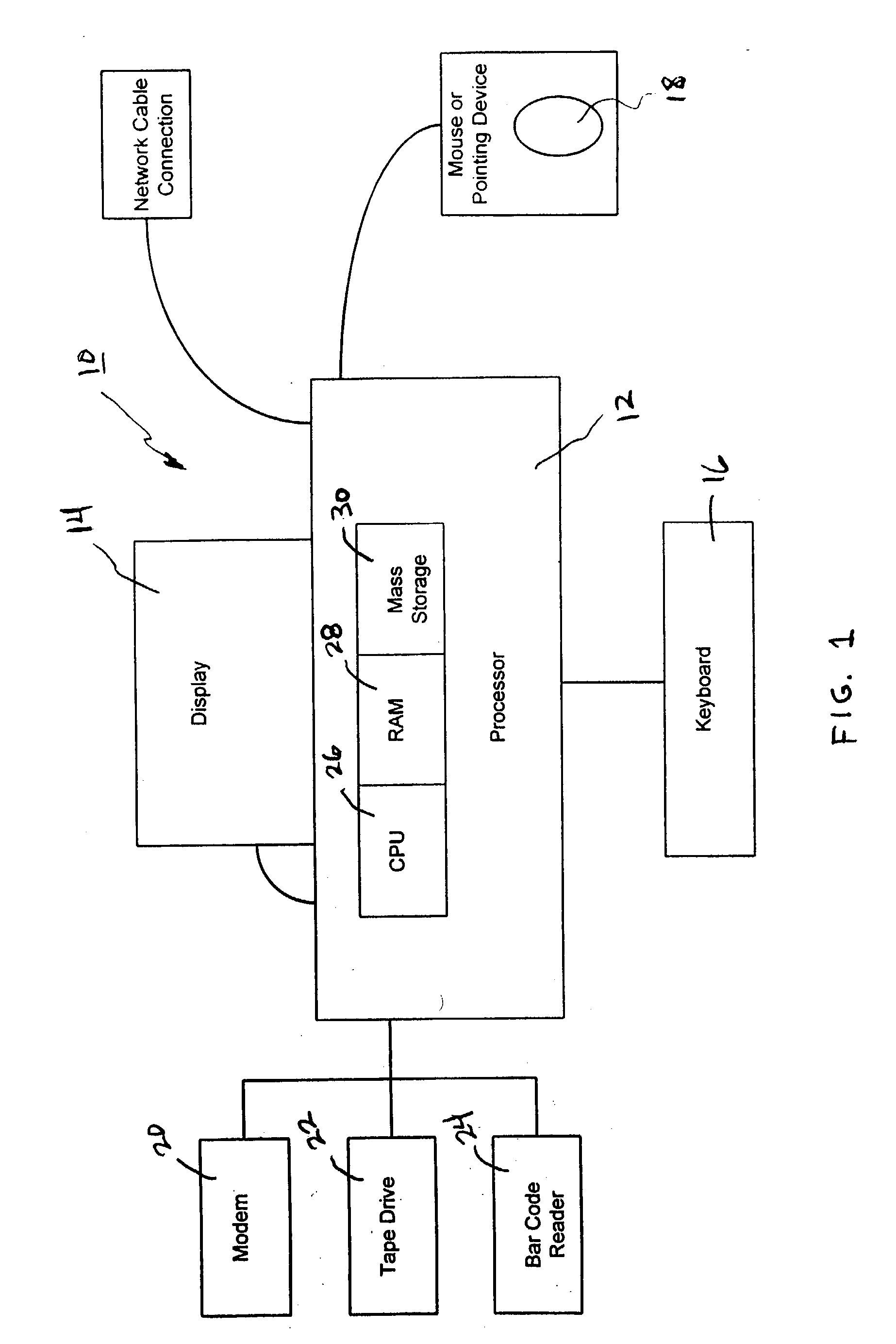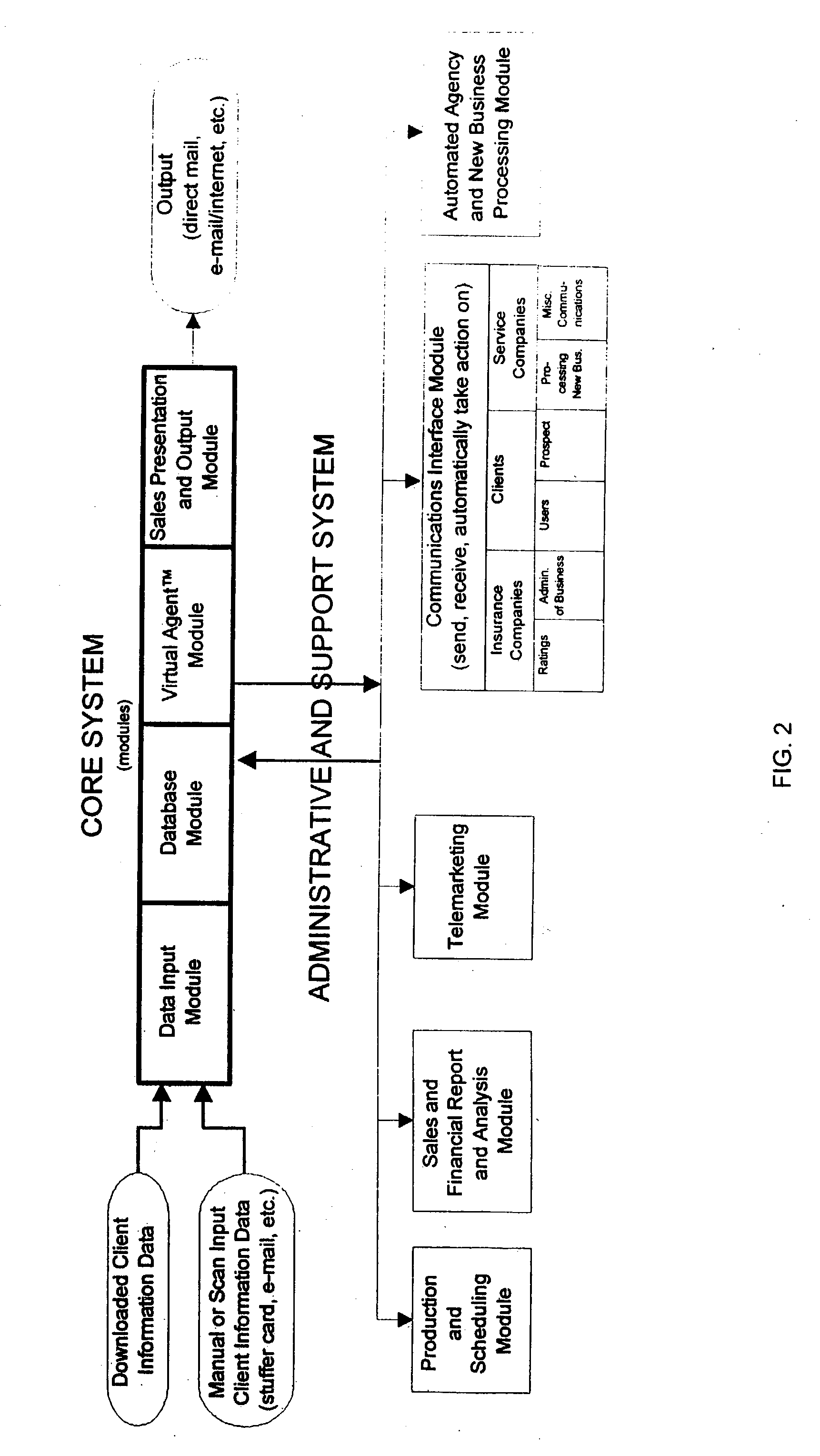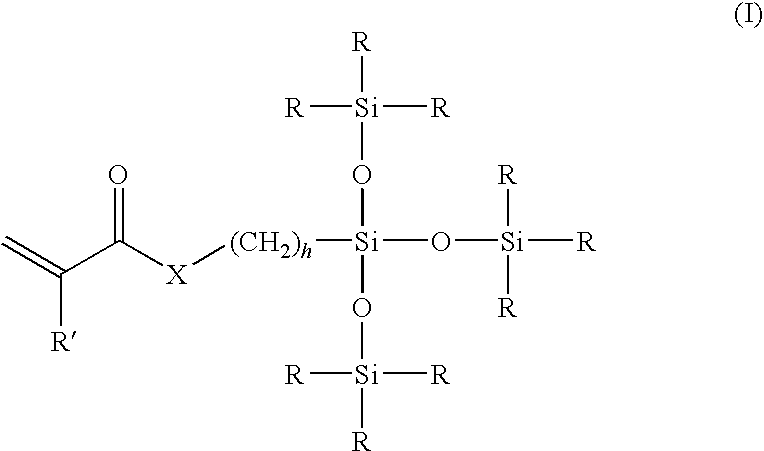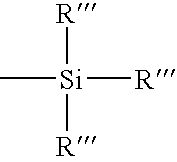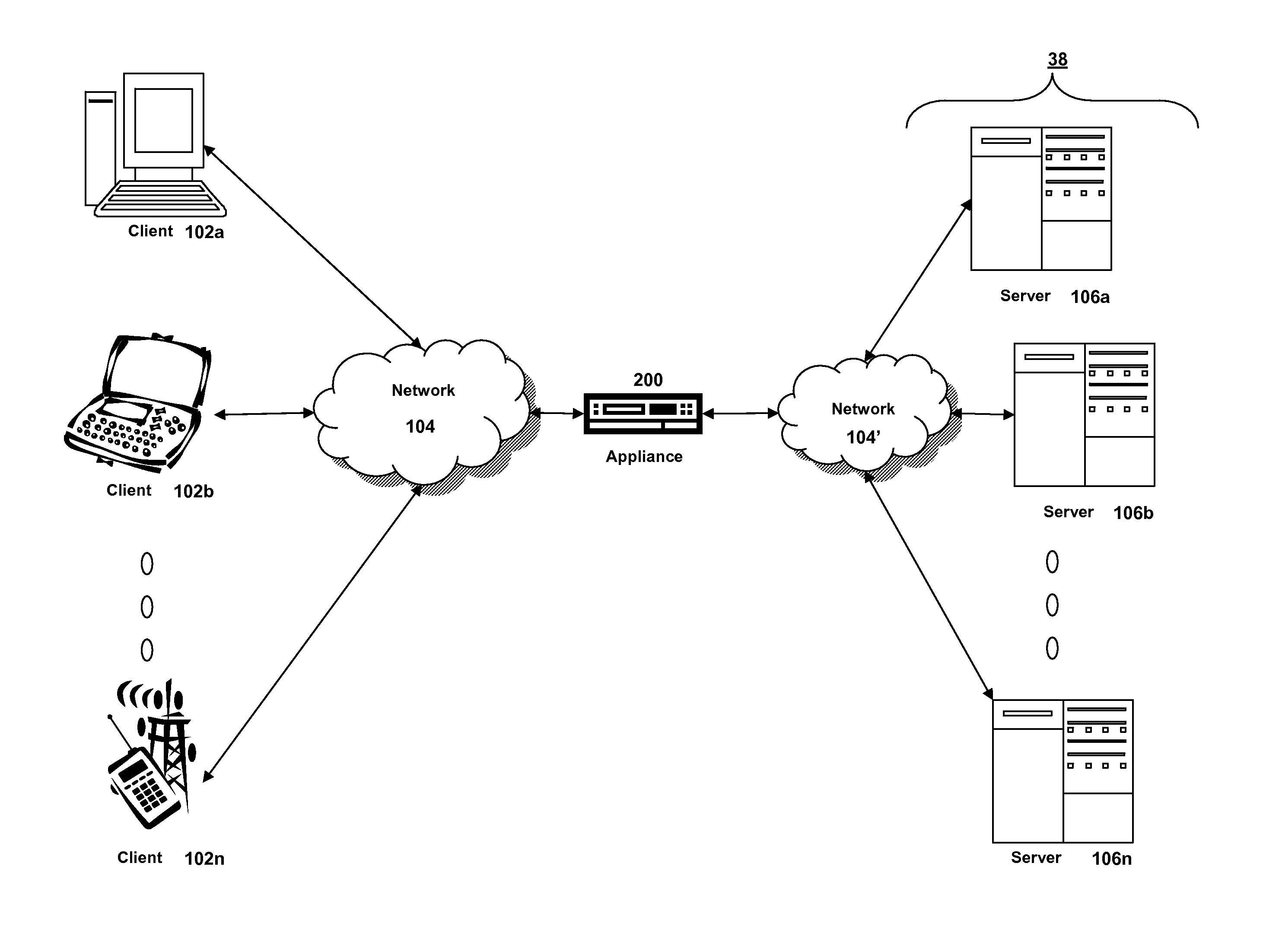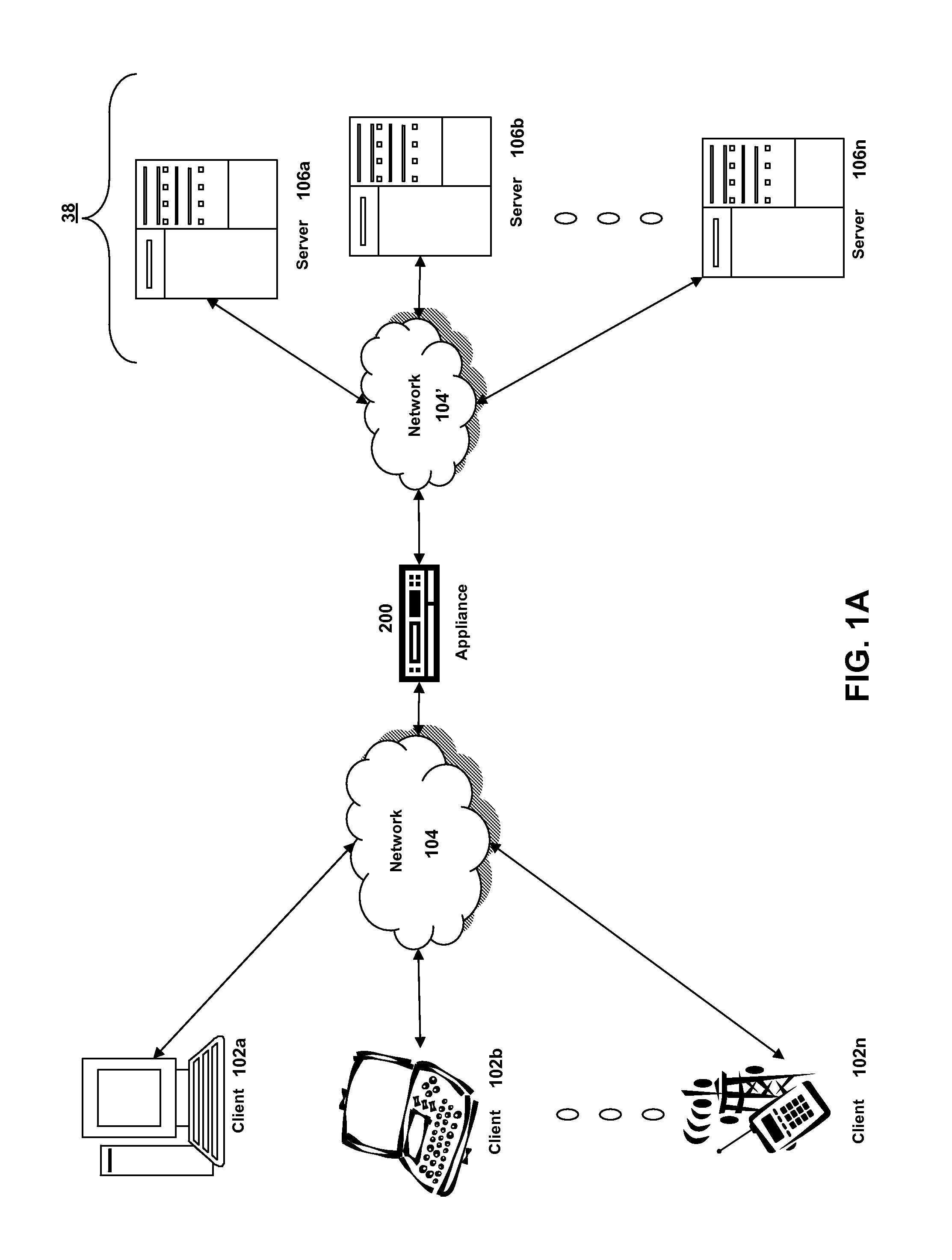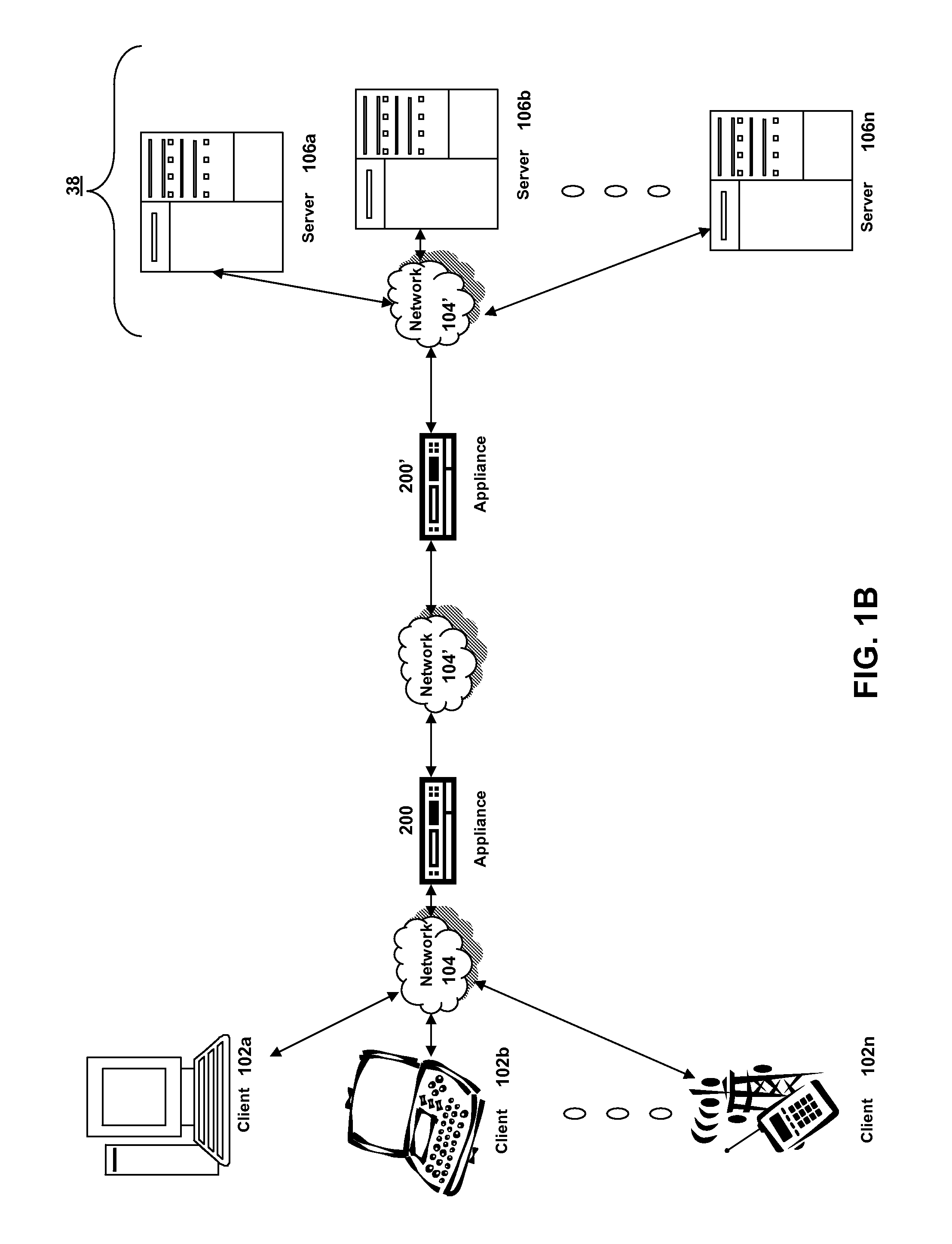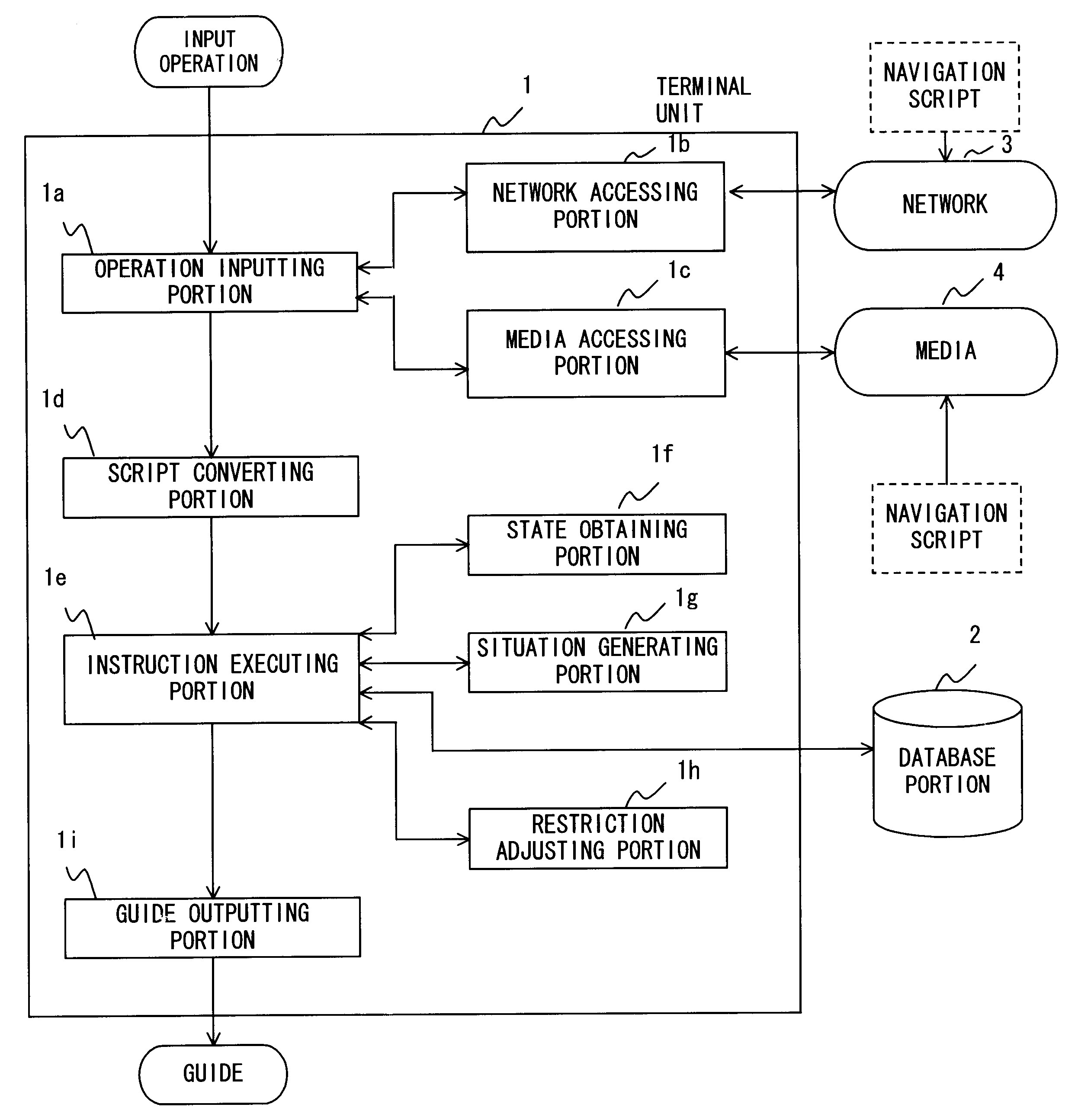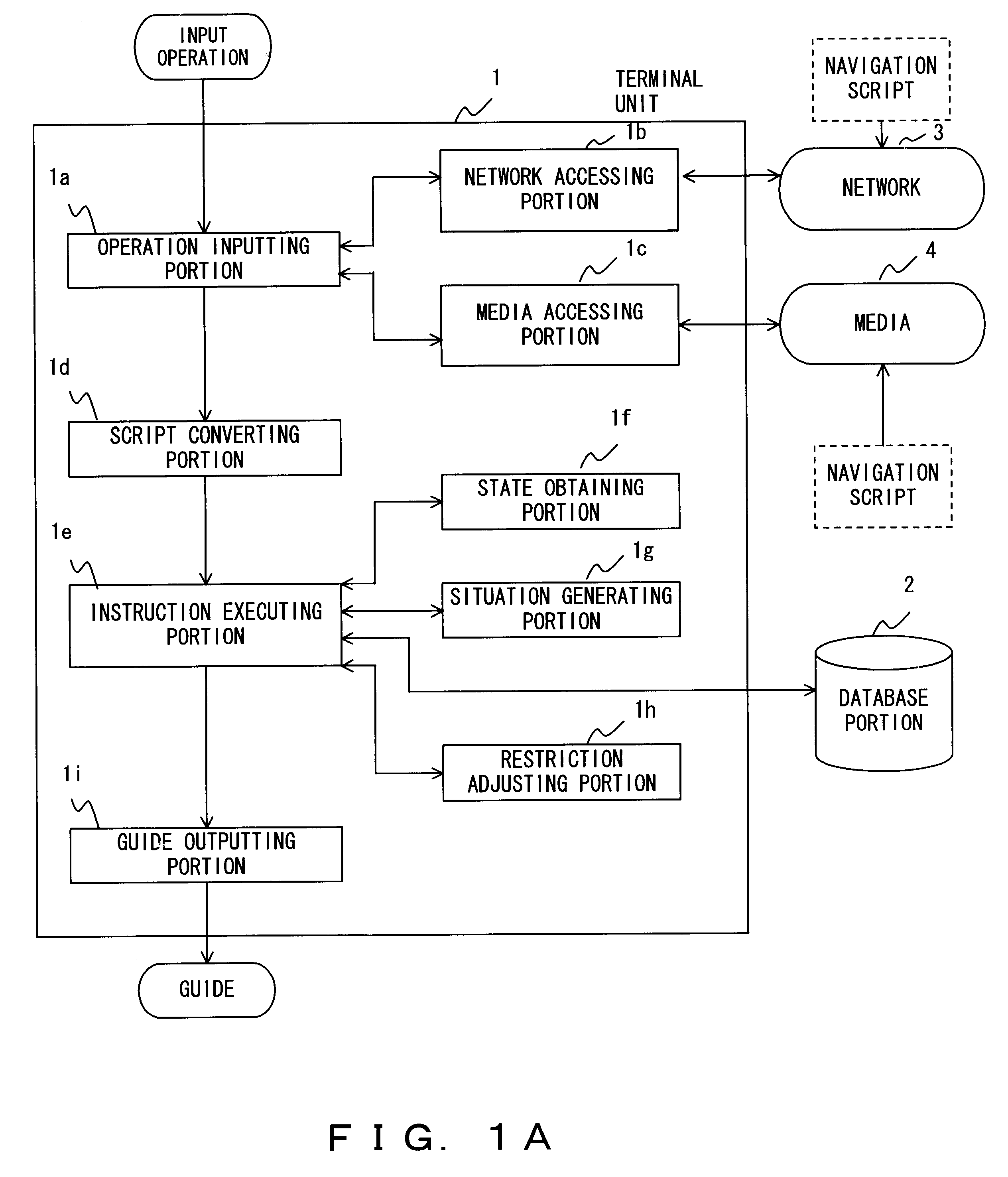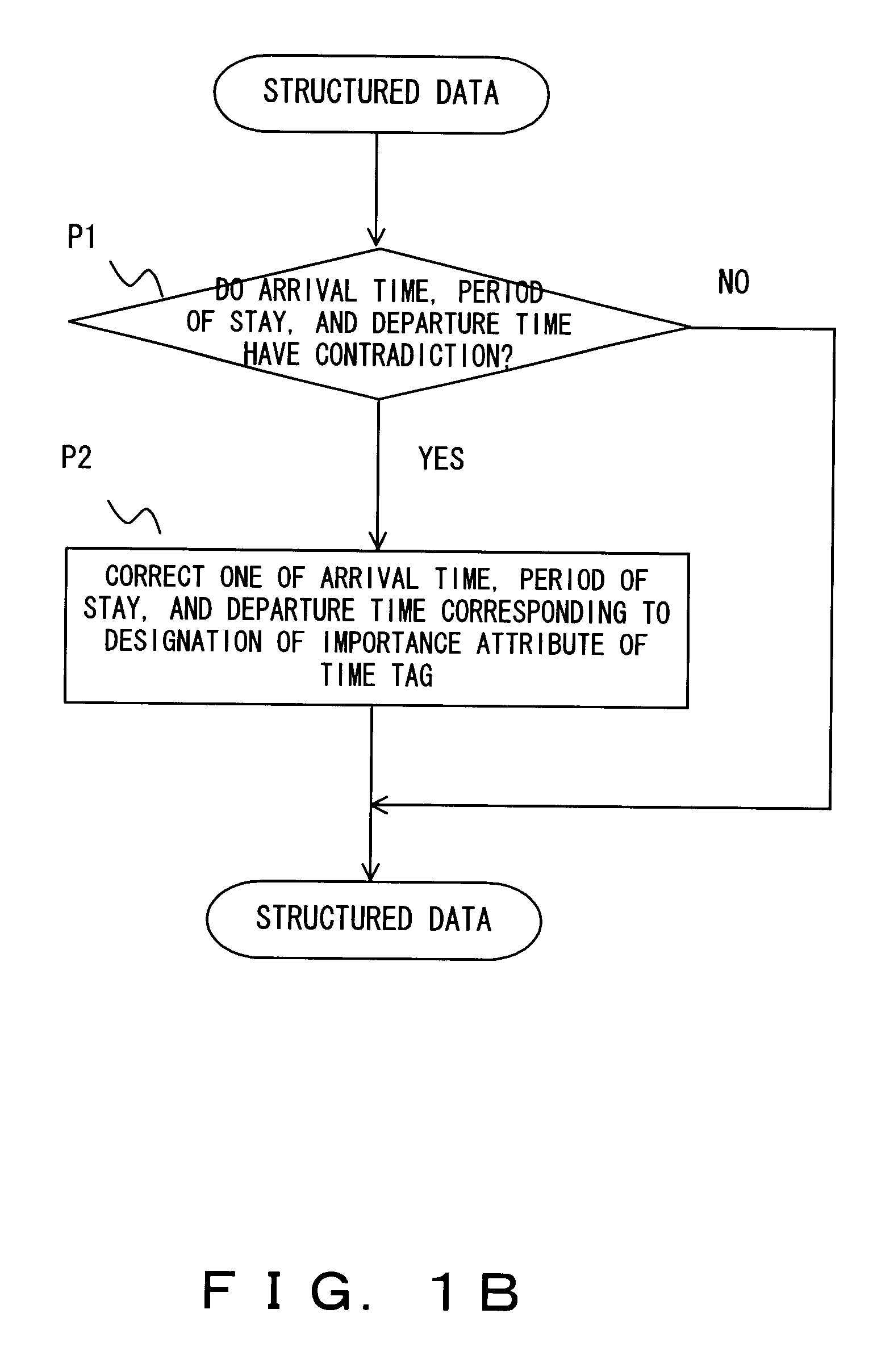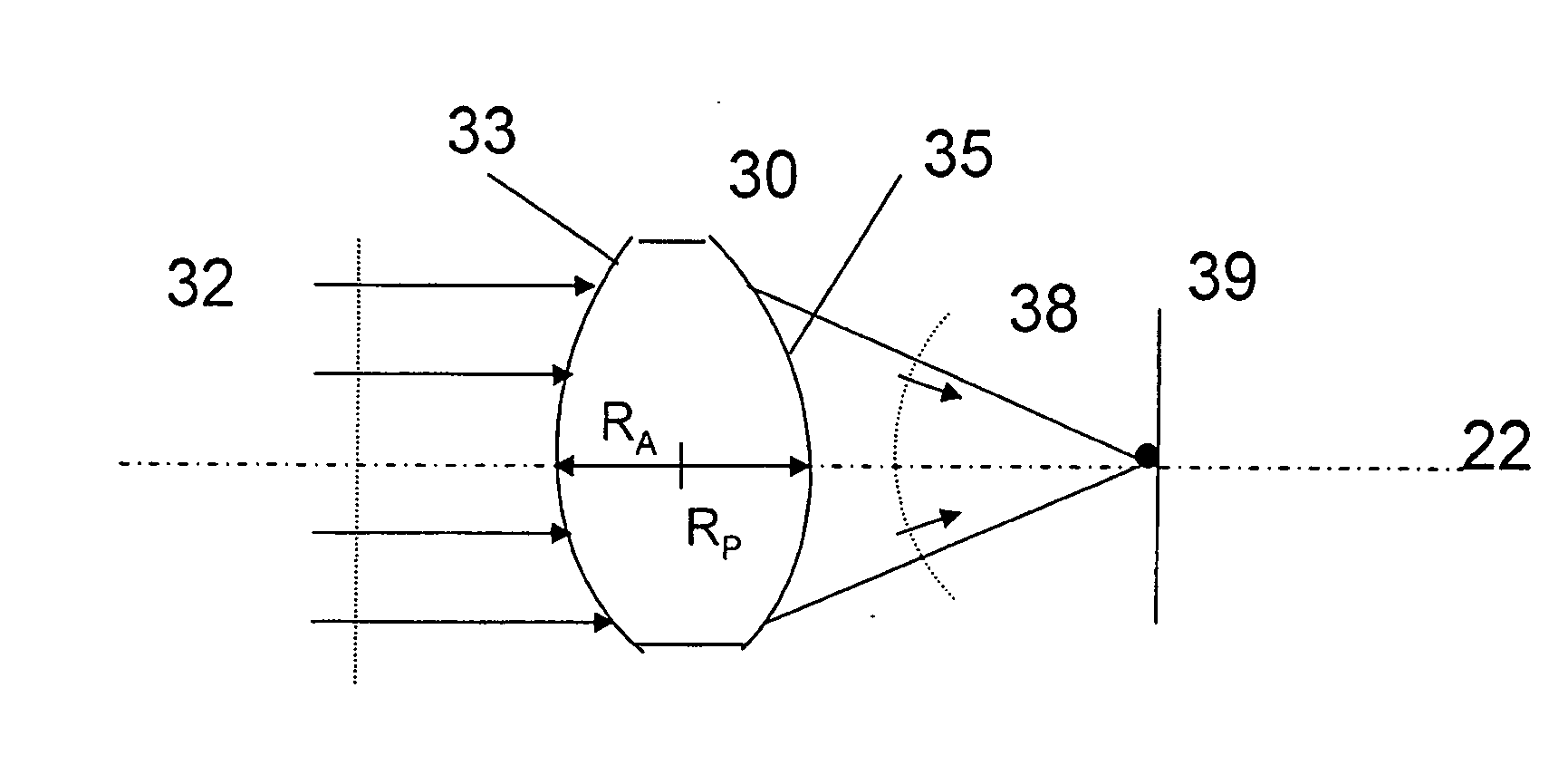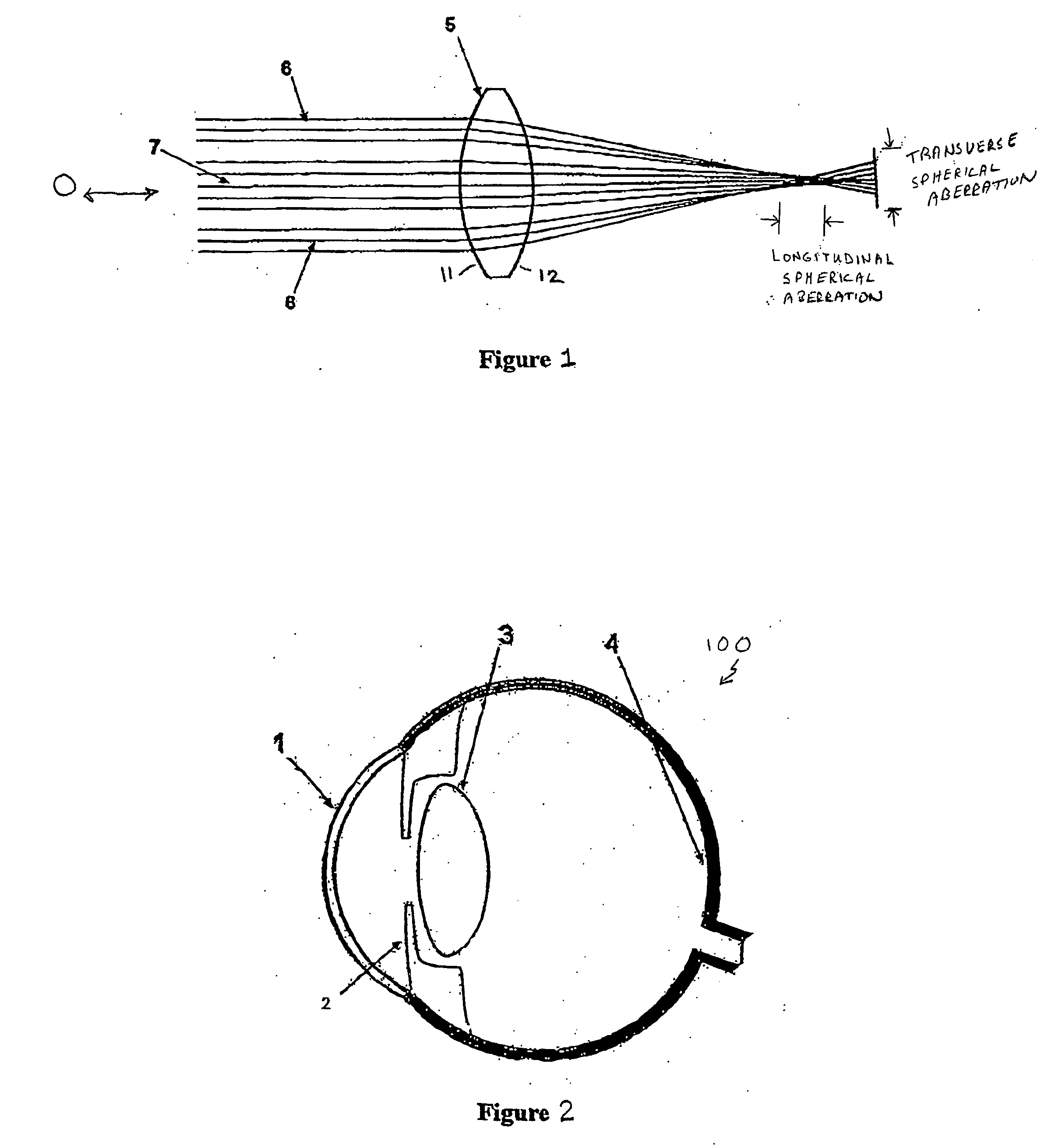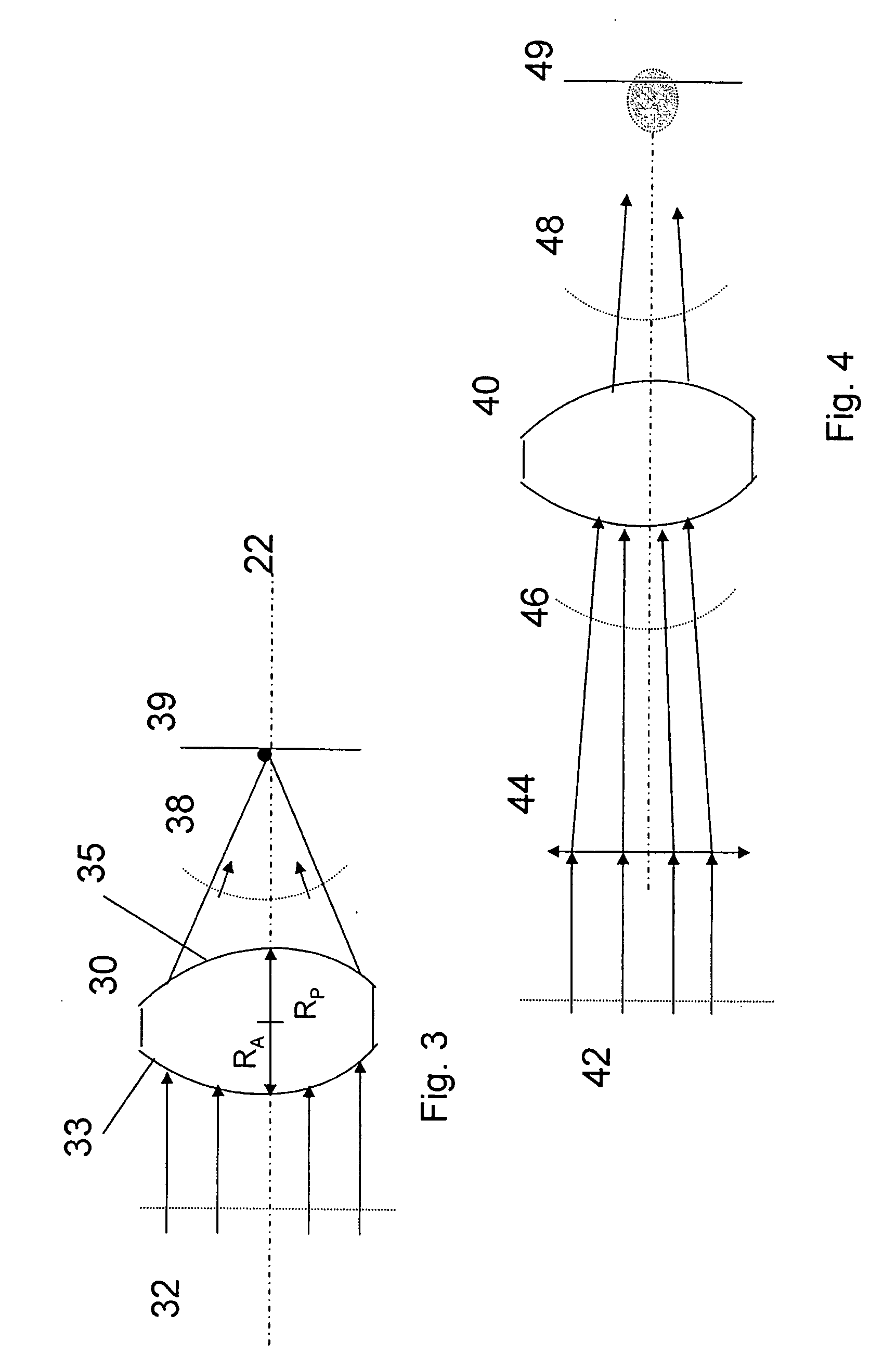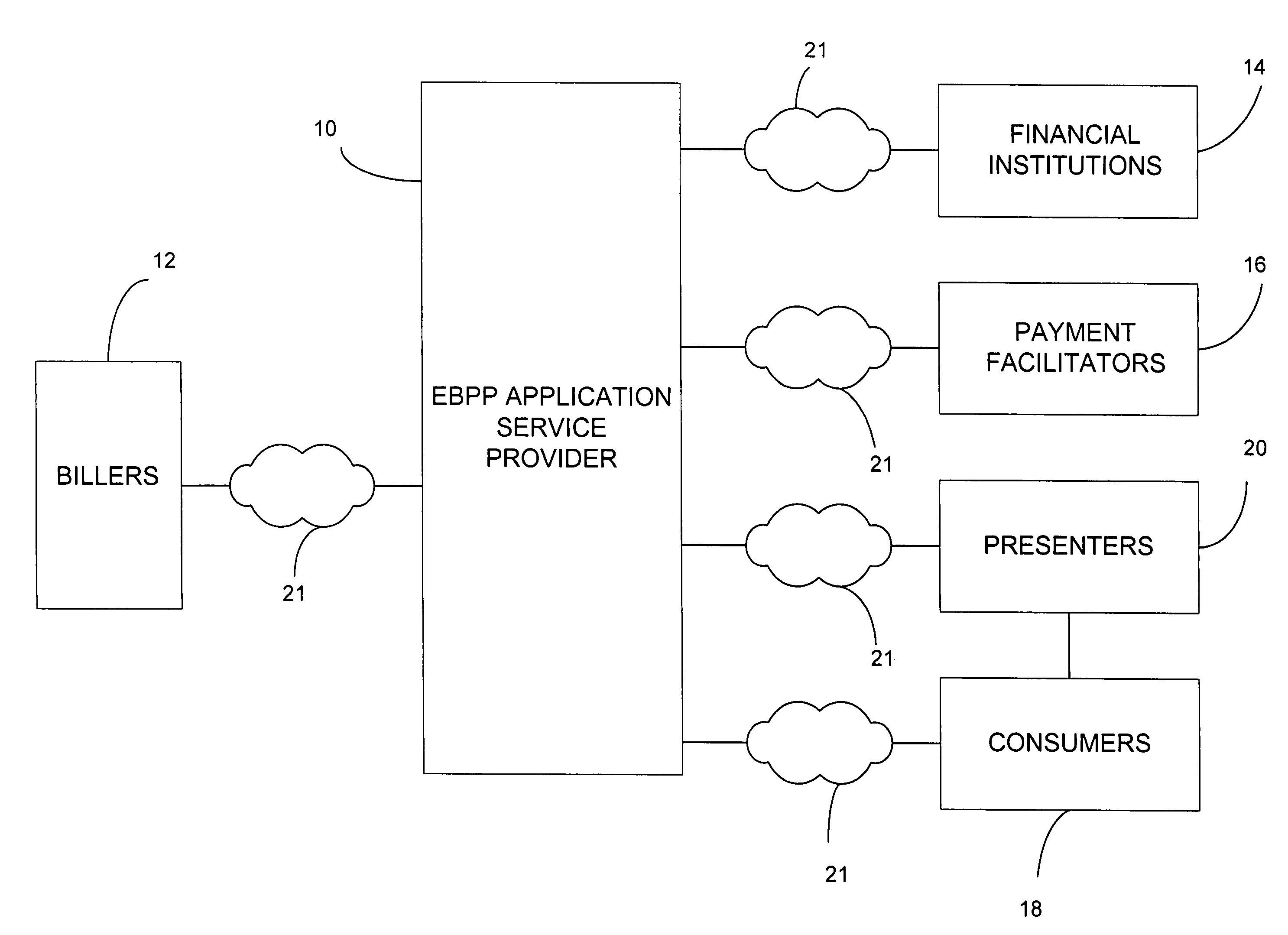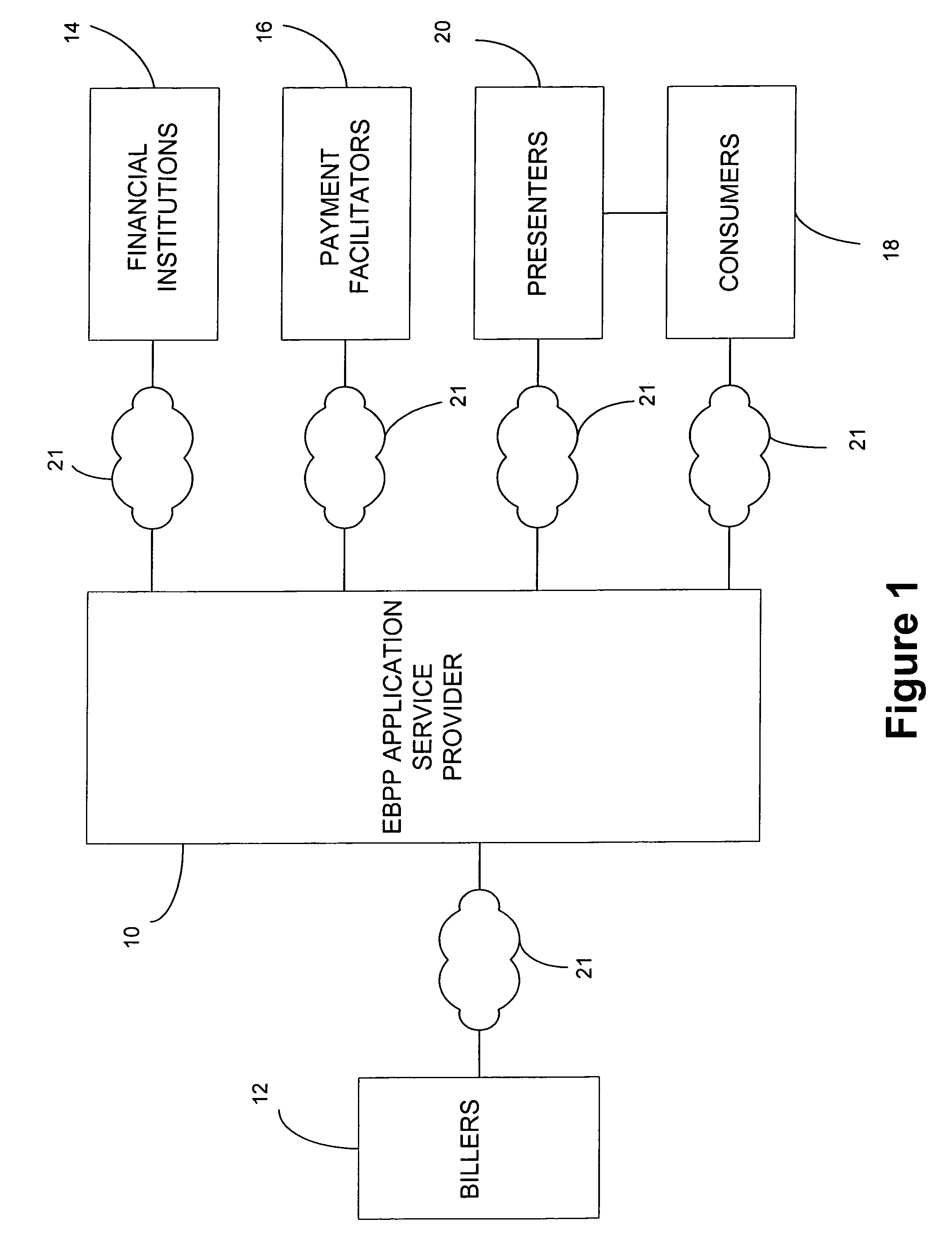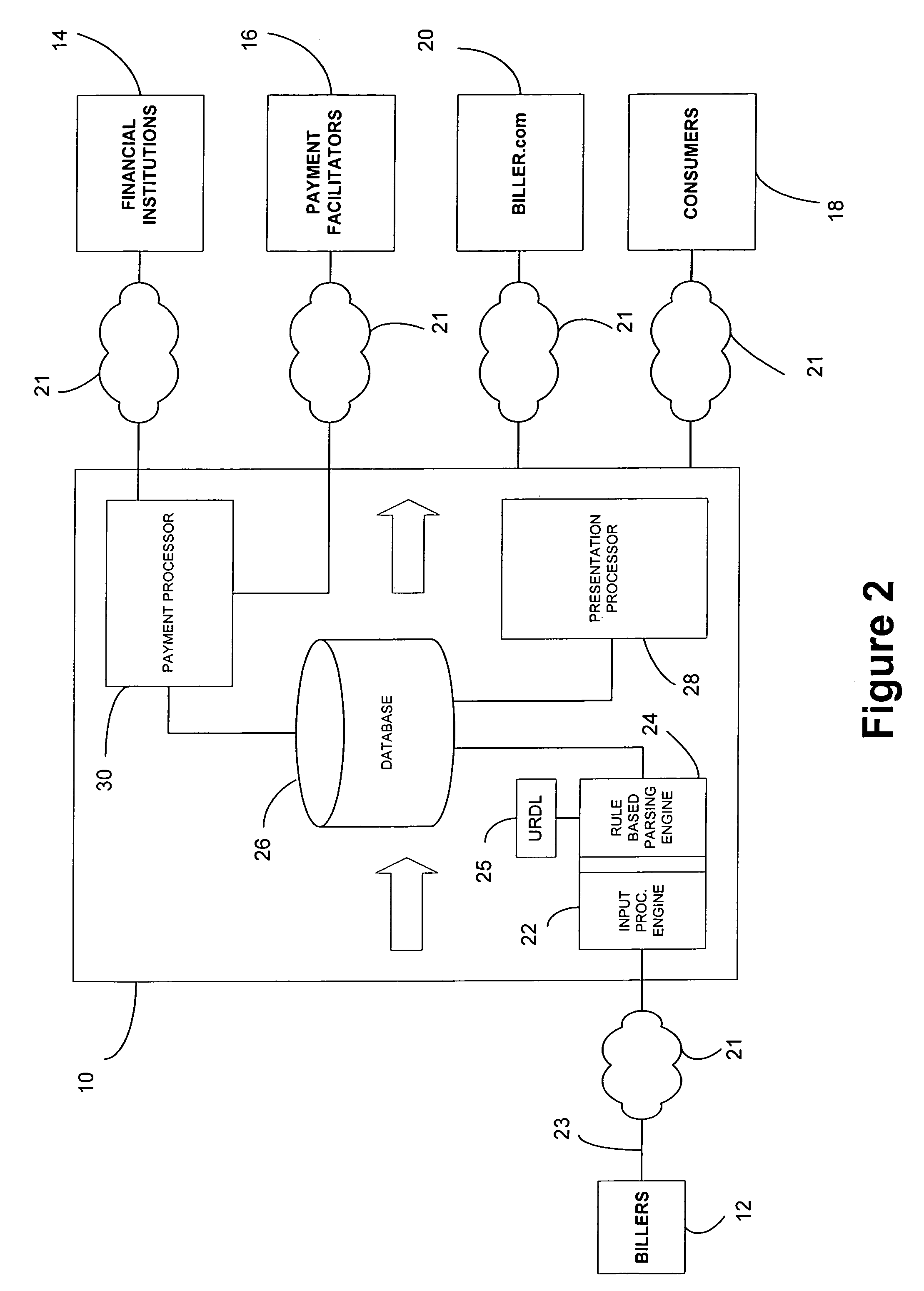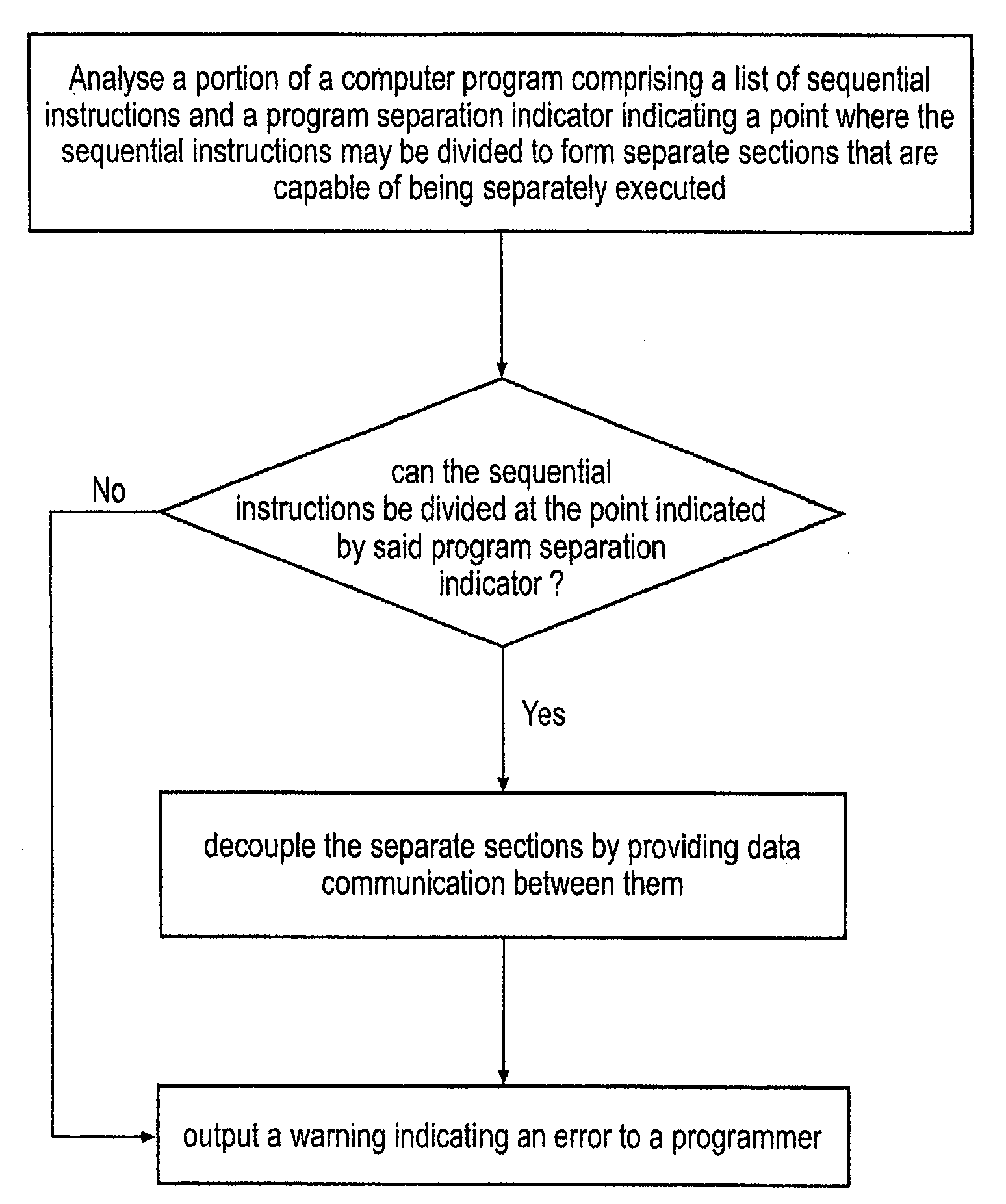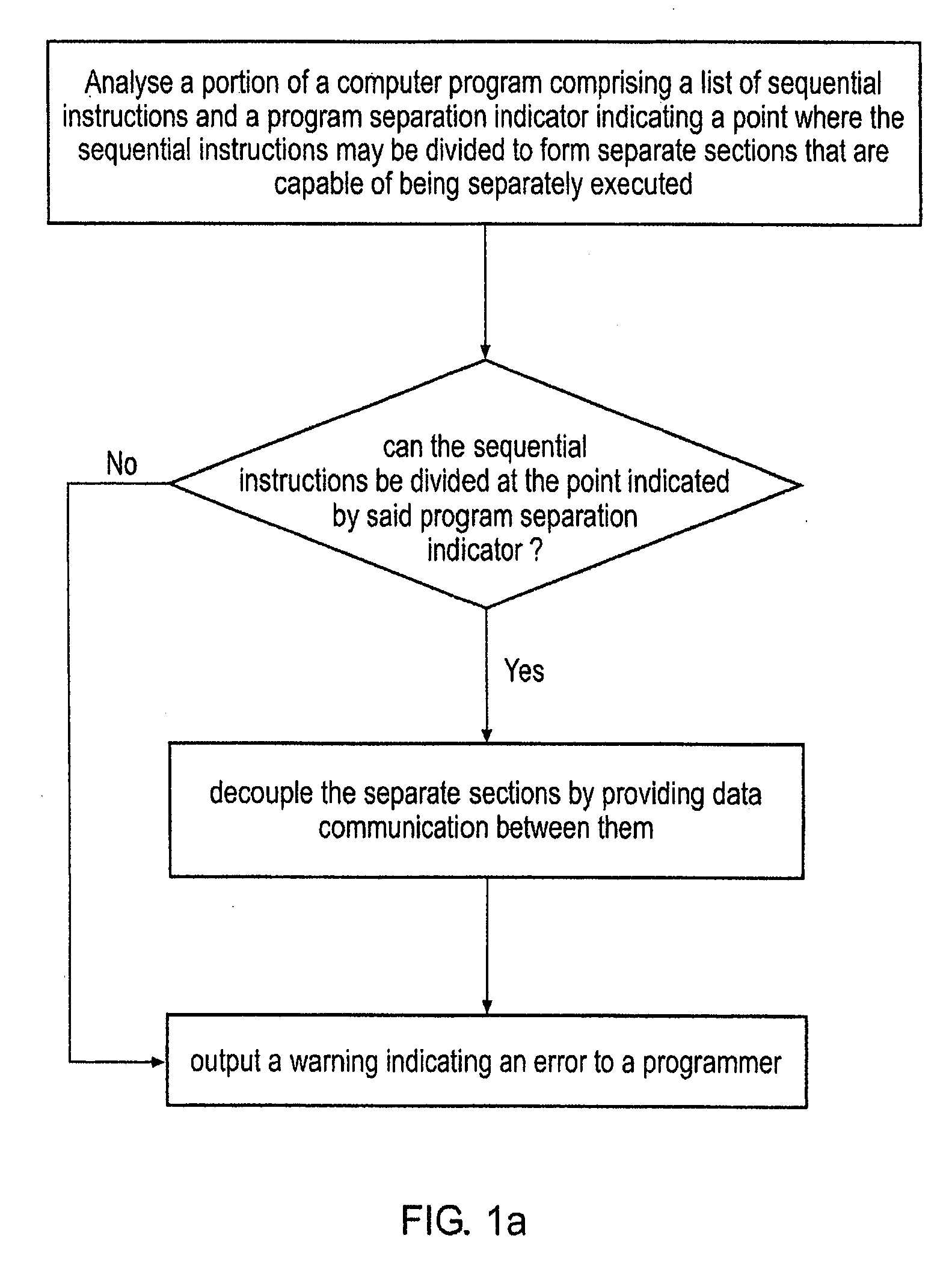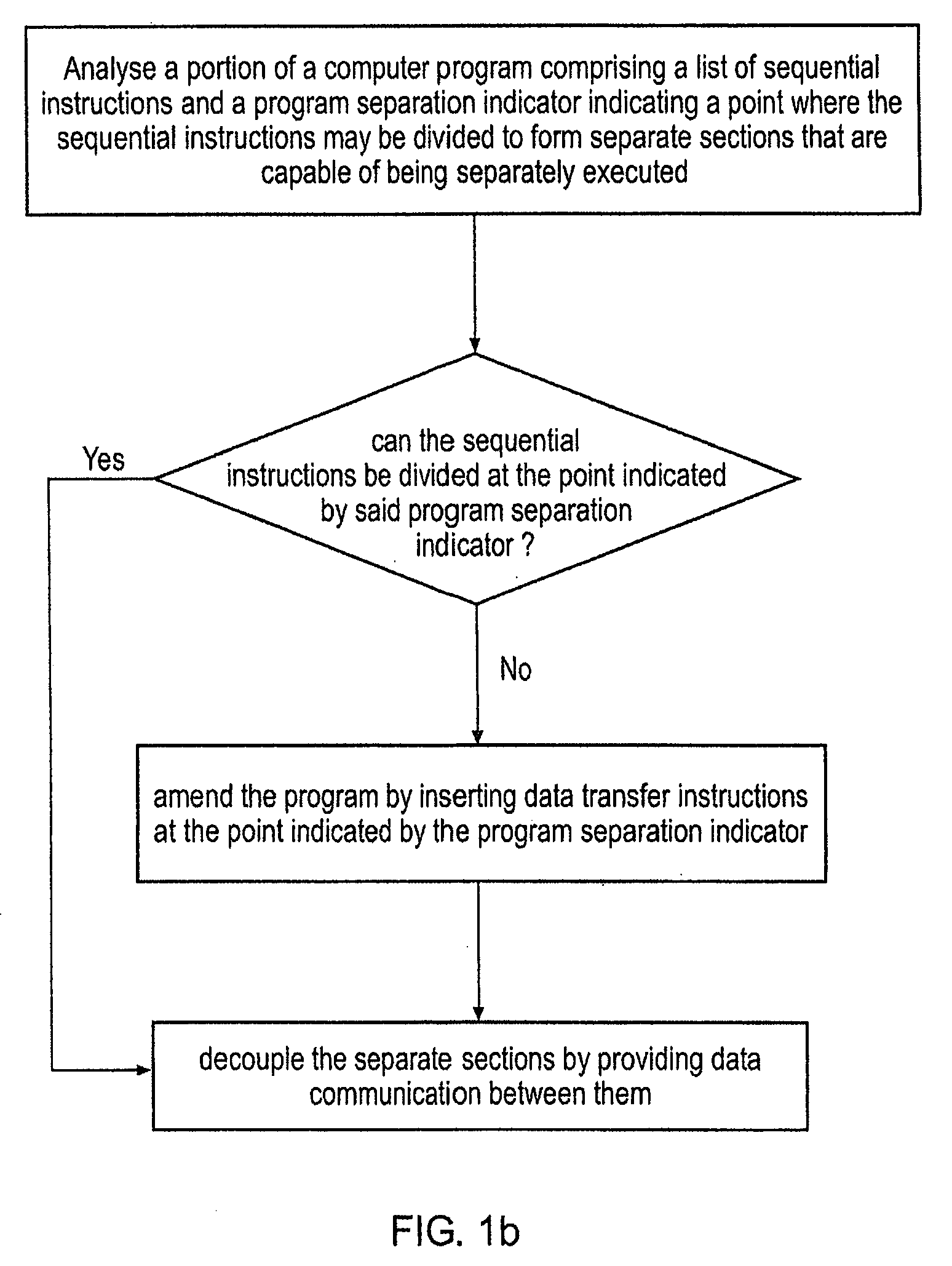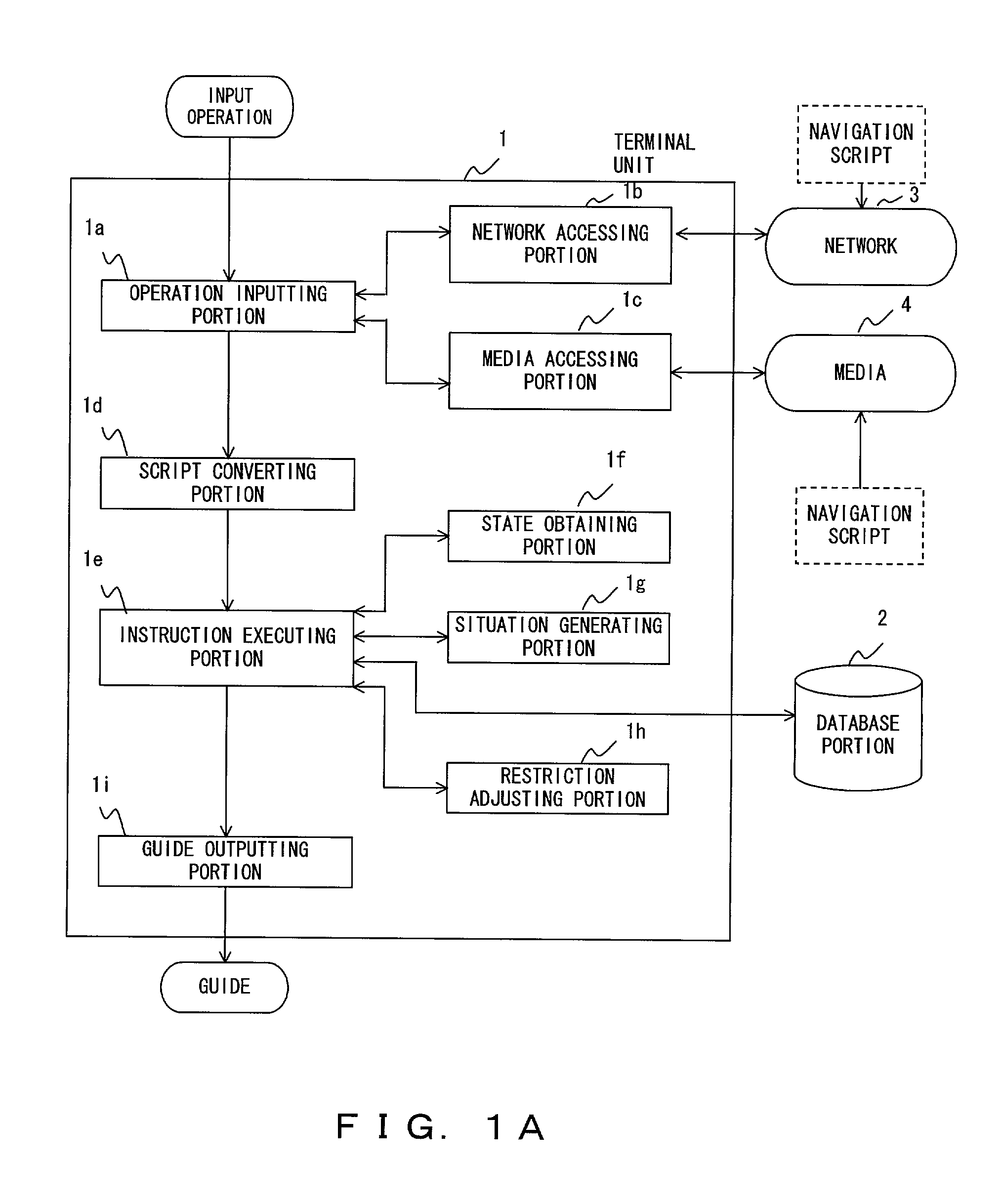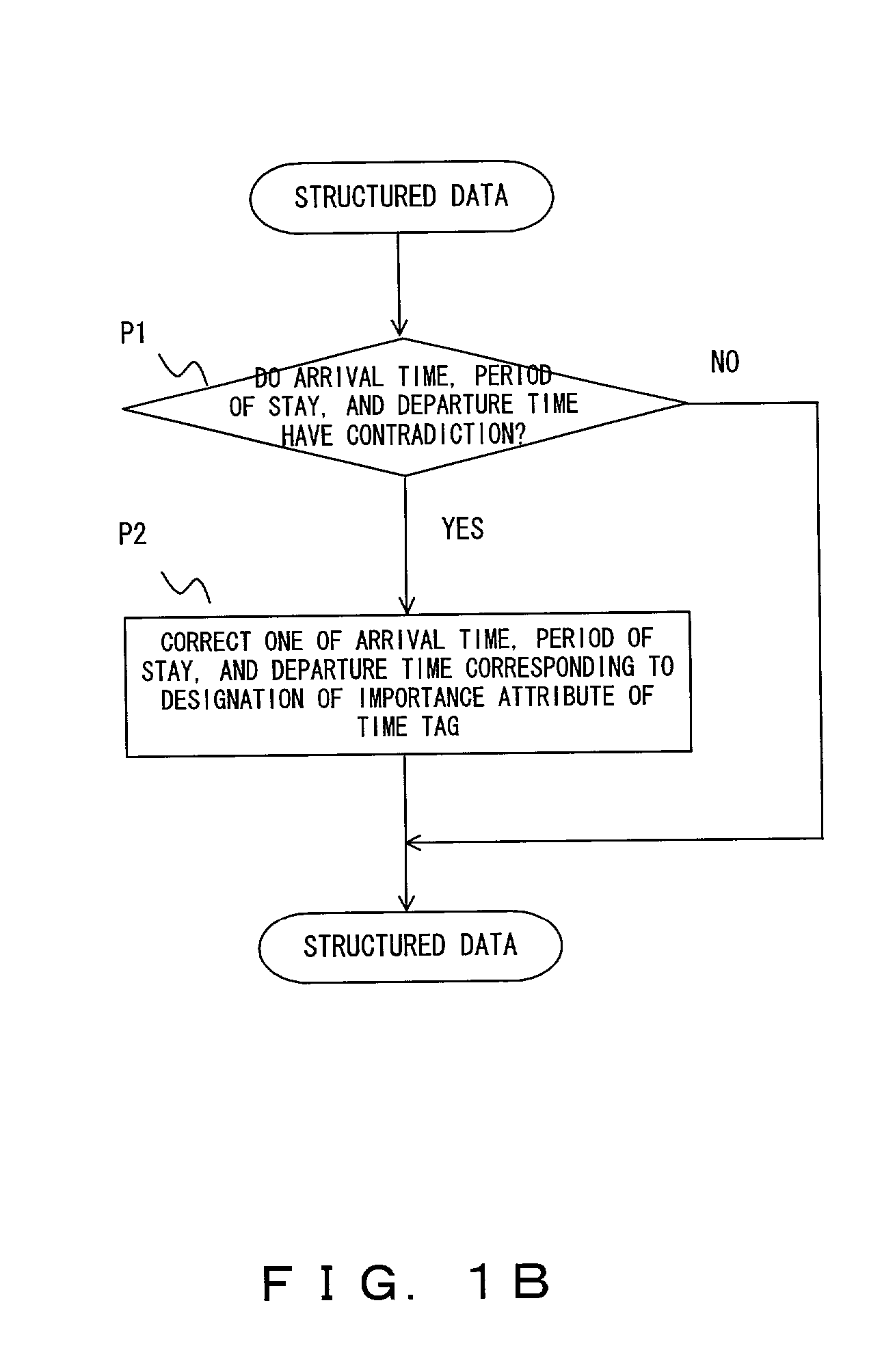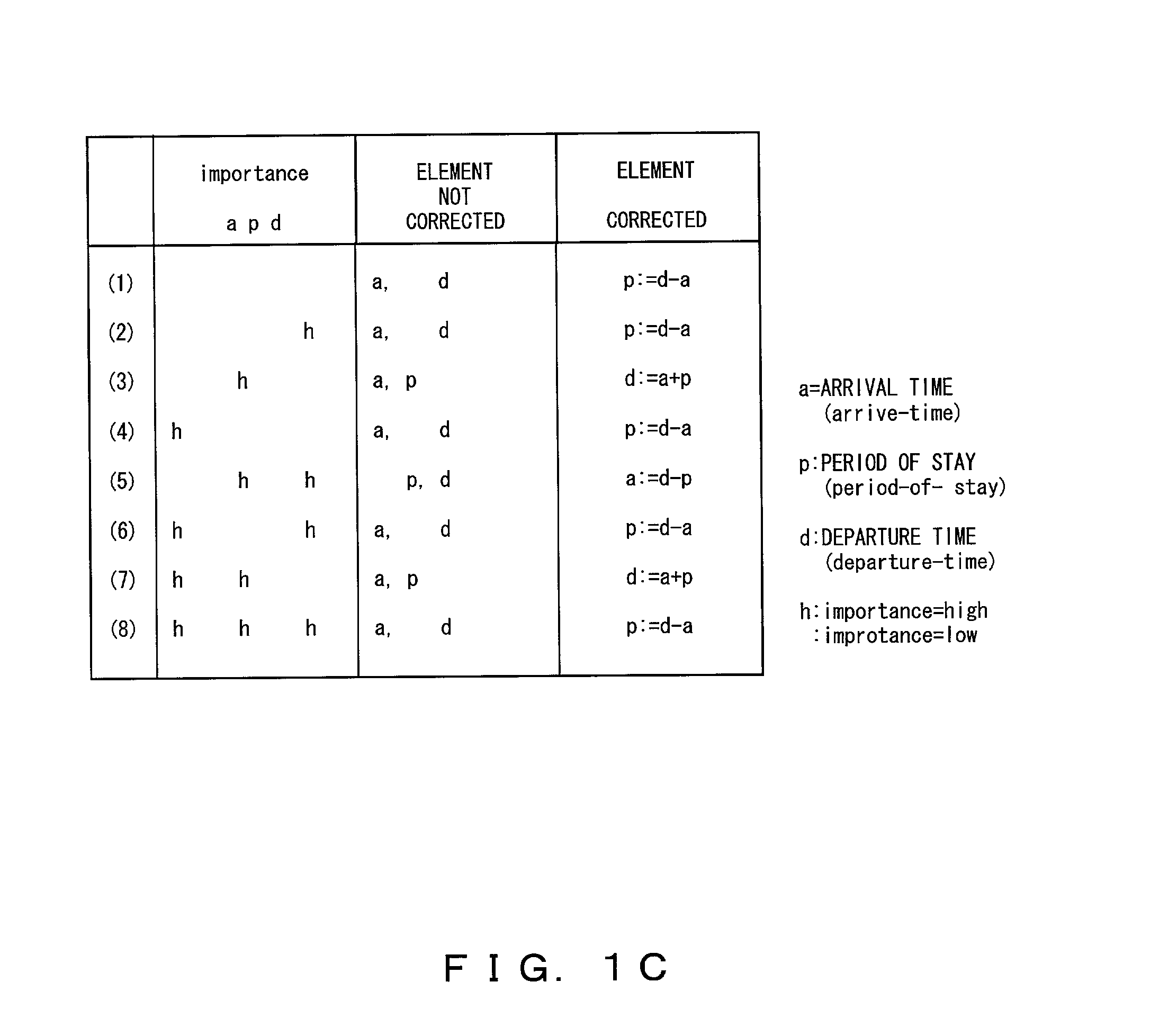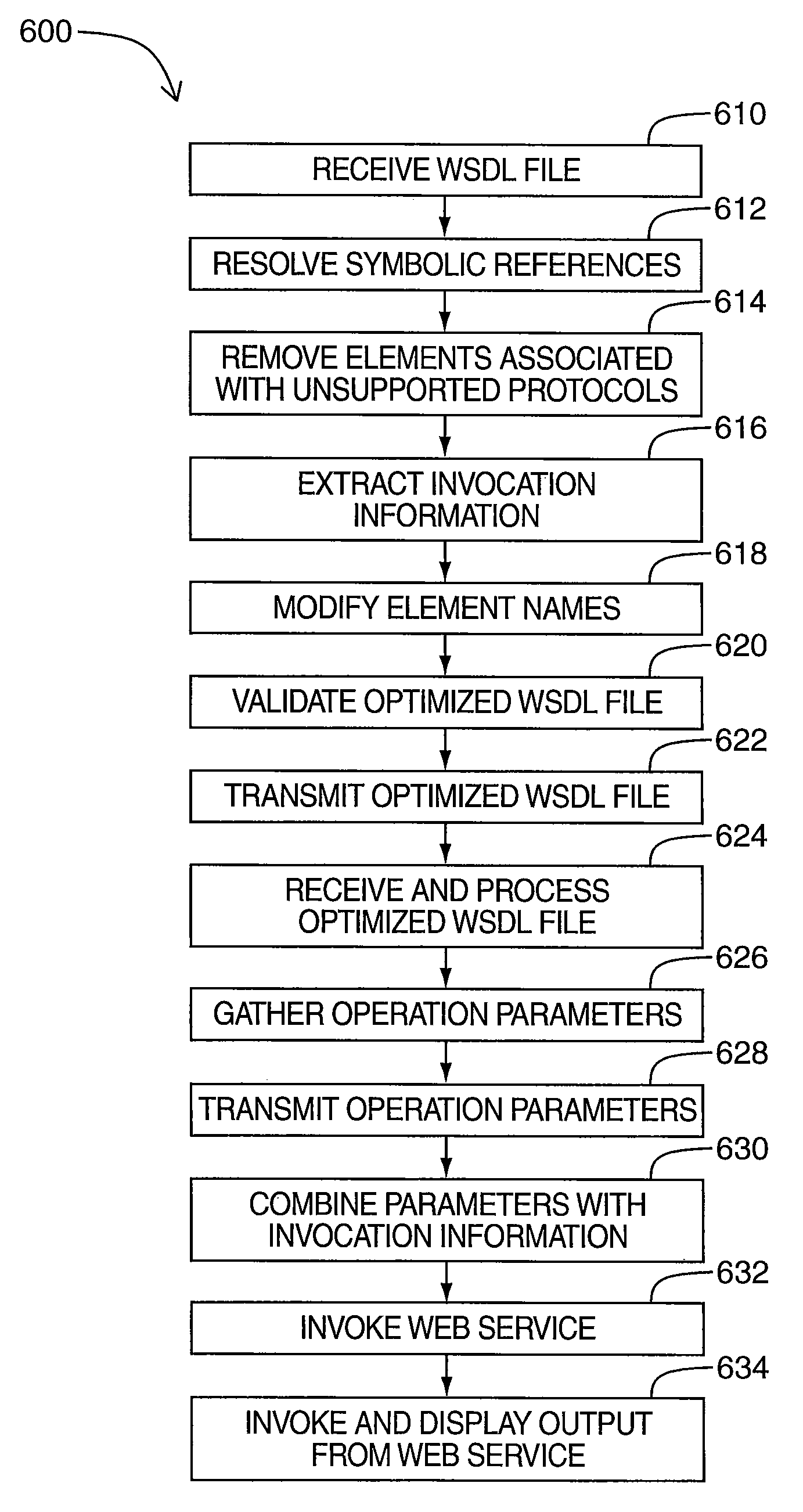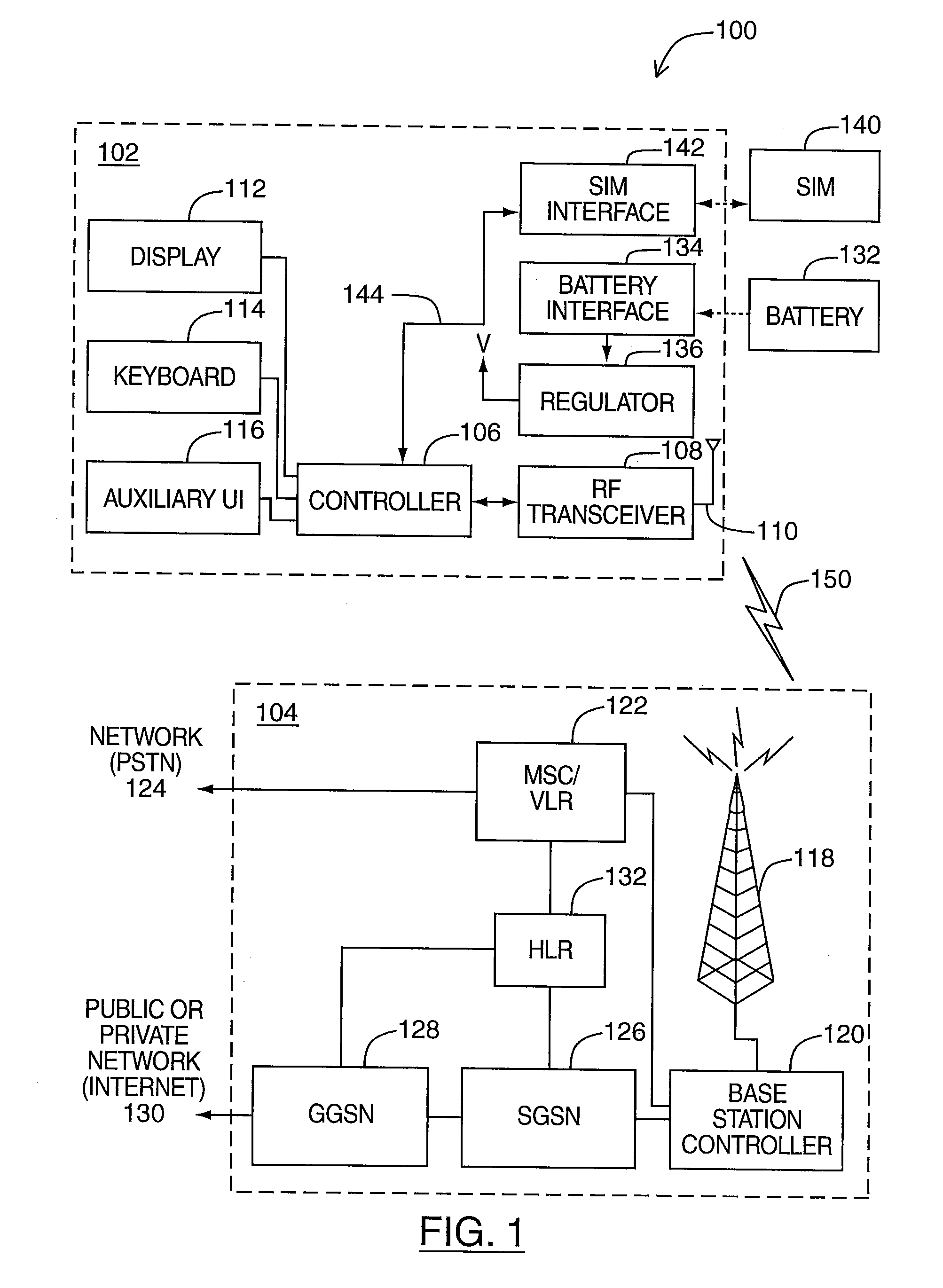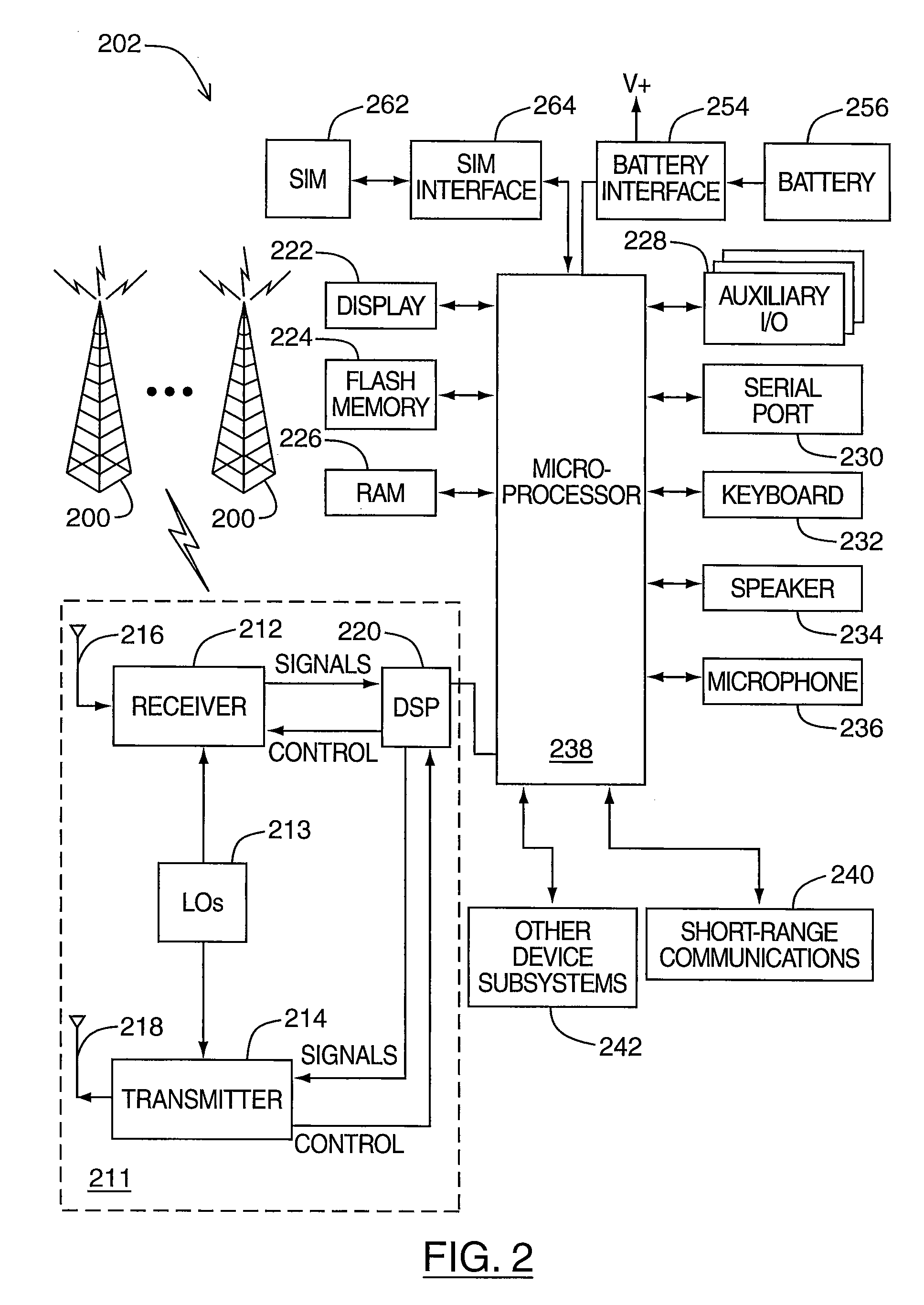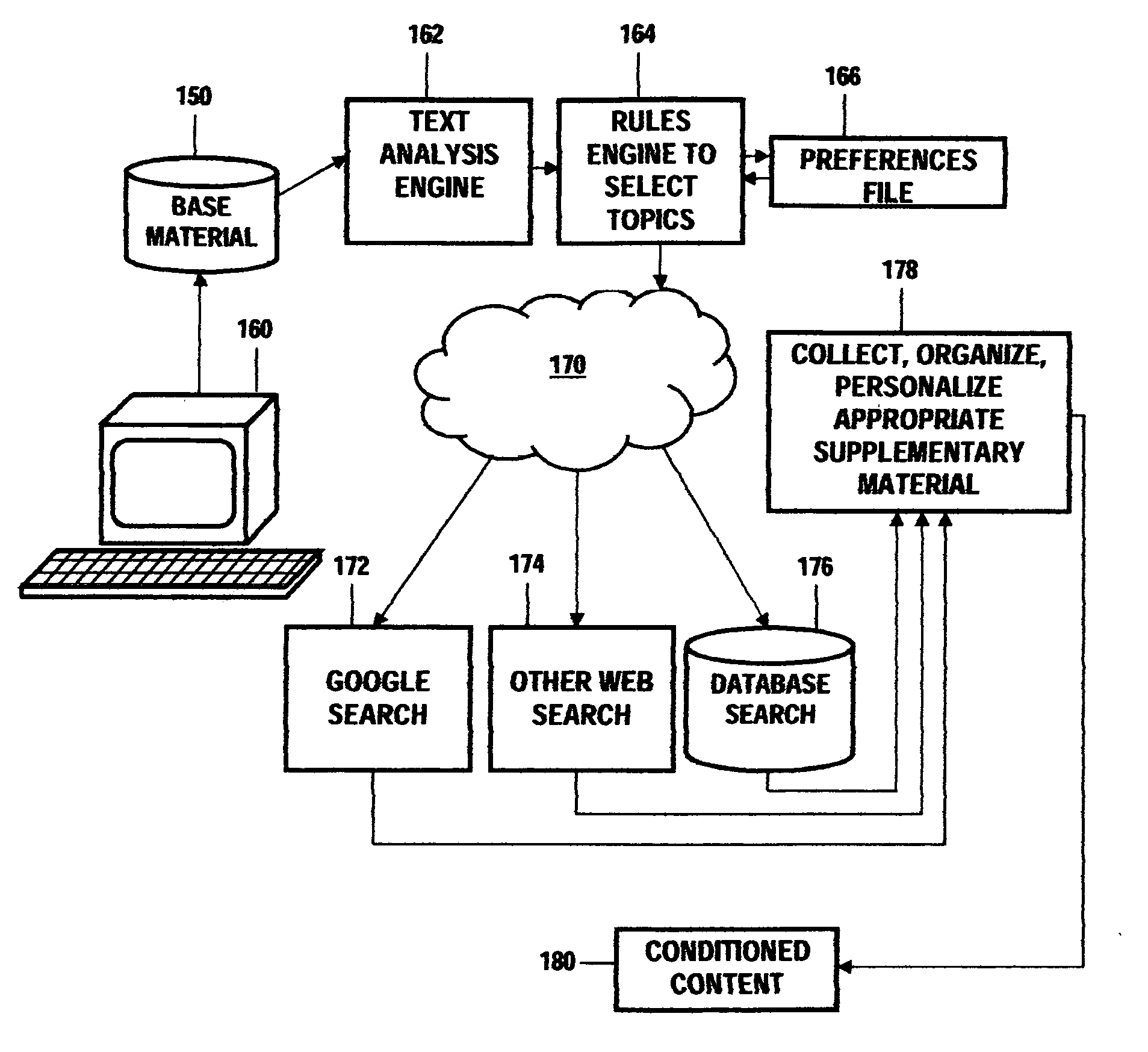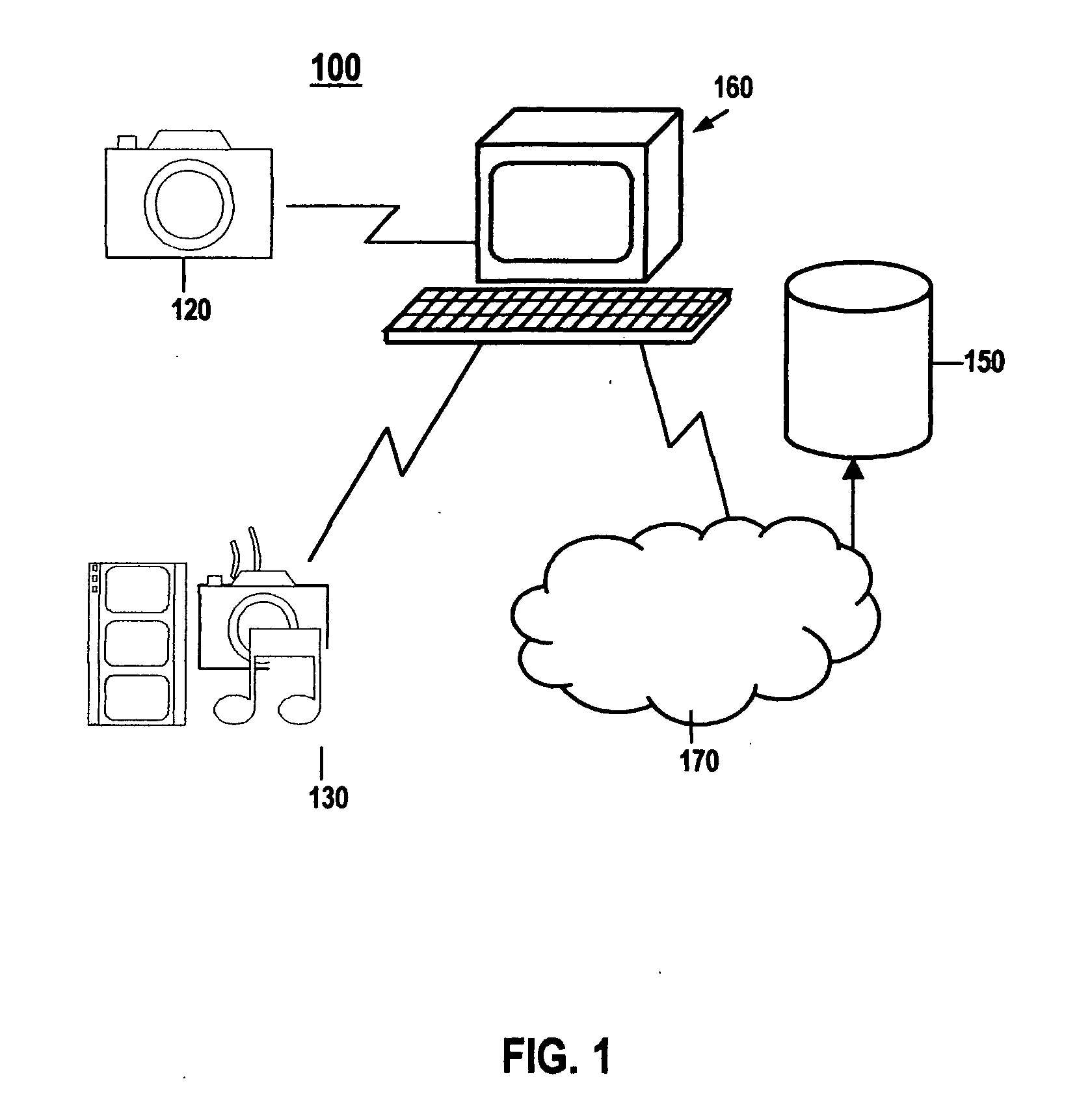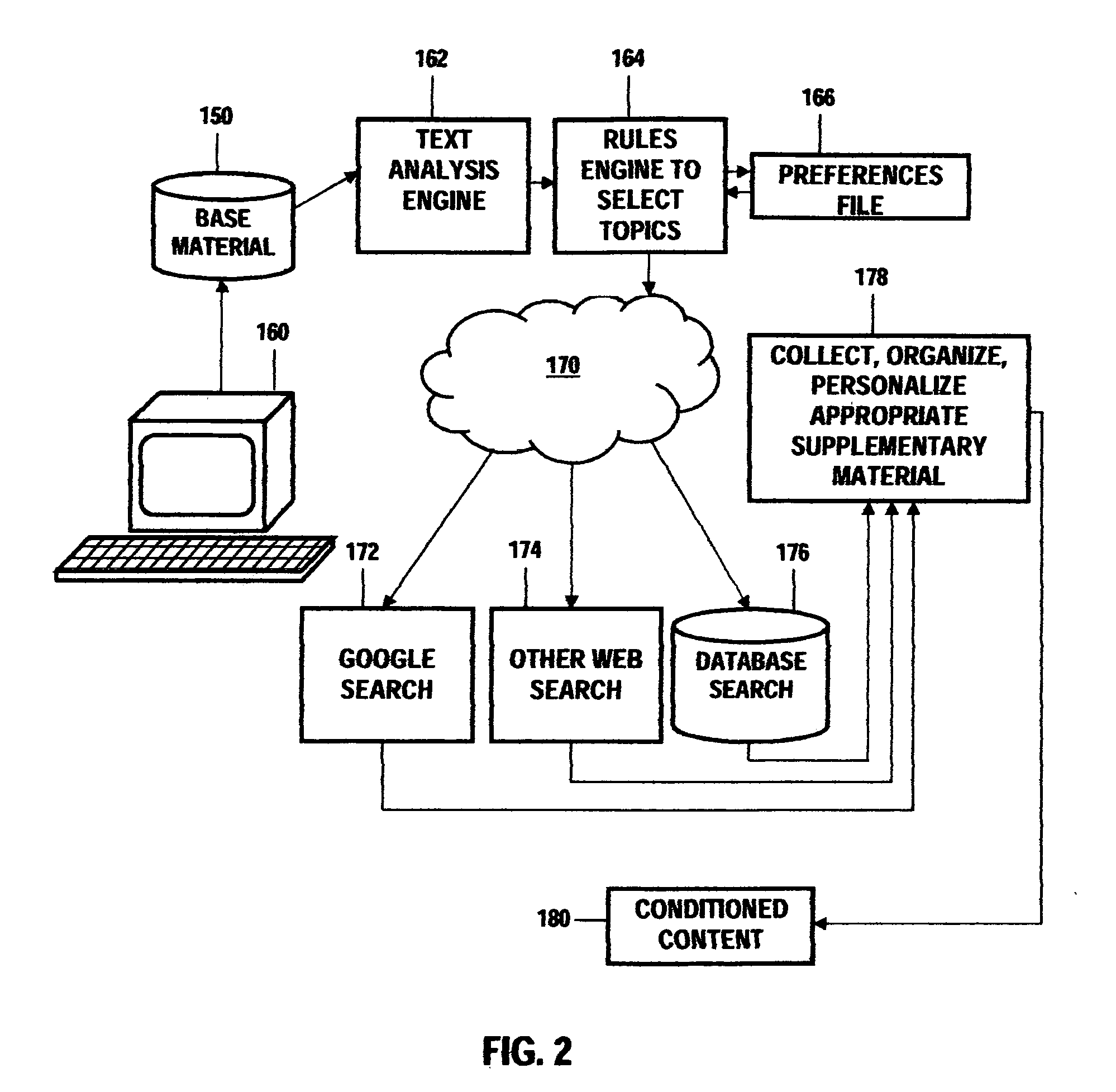Patents
Literature
4232results about How to "Efficient processing" patented technology
Efficacy Topic
Property
Owner
Technical Advancement
Application Domain
Technology Topic
Technology Field Word
Patent Country/Region
Patent Type
Patent Status
Application Year
Inventor
Computer system and process for transferring multiple high bandwidth streams of data between multiple storage units and multiple applications in a scalable and reliable manner
InactiveUS7111115B2Improve reliabilityImprove scalabilityInput/output to record carriersData processing applicationsHigh bandwidthData segment
Multiple applications request data from multiple storage units over a computer network. The data is divided into segments and each segment is distributed randomly on one of several storage units, independent of the storage units on which other segments of the media data are stored. At least one additional copy of each segment also is distributed randomly over the storage units, such that each segment is stored on at least two storage units. This random distribution of multiple copies of segments of data improves both scalability and reliability. When an application requests a selected segment of data, the request is processed by the storage unit with the shortest queue of requests. Random fluctuations in the load applied by multiple applications on multiple storage units are balanced nearly equally over all of the storage units. This combination of techniques results in a system which can transfer multiple, independent high-bandwidth streams of data in a scalable manner in both directions between multiple applications and multiple storage units.
Owner:AVID TECHNOLOGY
Concentric proximity processing head
InactiveUS20050217137A1Efficient processingImprove Wafer YieldDrying using combination processesDrying solid materials without heatEngineeringMeniscus
In one of the many embodiments, a method for processing a substrate is disclosed which includes generating a first fluid meniscus and a second fluid meniscus at least partially surrounding the first fluid meniscus wherein the first fluid meniscus and the second fluid meniscus are generated on a surface of the substrate.
Owner:LAM RES CORP
Process for producing nano-scaled graphene plates
InactiveUS20050271574A1Faster and cost-effective processHighly cost-effectiveMaterial nanotechnologyGraphiteGrapheneGraphite particle
A process for producing nano-scaled graphene plates with each plate comprising a sheet of graphite plane or multiple sheets of graphite plane with the graphite plane comprising a two-dimensional hexagonal structure of carbon atoms. The process includes the primary steps of: (a) providing a powder of fine graphite particles comprising graphite crystallites with each crystallite comprising one sheet or normally a multiplicity of sheets of graphite plane bonded together; (b) exfoliating the graphite crystallites to form exfoliated graphite particles, which are characterized by having at least two graphite planes being either partially or fully separated from each other; and (c) subjecting the exfoliated graphite particles to a mechanical attrition treatment to further reduce at least one dimension of the particles to a nanometer scale, <100 nm, for producing the nano-scaled graphene plates.
Owner:GLOBAL GRAPHENE GRP INC
Methods and systems for managing financial accounts
InactiveUS7117172B1Useful managingReduce in quantityComplete banking machinesFinanceSource codeParameter control
Processing systems and methods receive events, such as a transaction to an account, and converts the events into messages. Each message then invokes one or more rules which are executed by a rules engine. The execution of these rules may invoke the execution of additional rules. After all rules have executed, the account associated with the event is updated, such as by projecting the account. The rules have their parameters defined in a repository so that the parameters can be easily changed without any need to recompile. The processing systems receive authorizations and other transactions and runs in real-time as transactions arrive. As a result, balances are updated continuously and accounts are read and updated only when there is activity. Hierarchy is user configurable, including multiple hierarchy to any depth. System operations are controlled by rules and their parameters and most modifications can be accomplished without access to source code.
Owner:CORECARD SOFTWARE
Method and apparatus for processing wafer surfaces using thin, high velocity fluid layer
InactiveUS20050145265A1Efficient processingReducing unwanted fluidElectrolysis componentsDrying solid materials without heatHigh velocityBiomedical engineering
Among the many embodiment, in one embodiment, a method for processing a substrate is disclosed which includes generating a fluid layer on a surface of the substrate, the fluid layer defining a fluid meniscus. The generating includes moving a head in proximity to the surface, applying a fluid from the head to the surface while the head is in proximity to the surface of the substrate to define the fluid layer, and removing the fluid from the surface through the proximity head by a vacuum. The fluid travels along the fluid layer between the head and the substrate at a velocity that increases as the head is in closer proximity to the surface.
Owner:LAM RES CORP
UV light irradiating apparatus with liquid filter
ActiveUS7763869B2High mechanical strengthHigh energyMirrorsOptical filtersLiquid layerLight irradiation
A UV light irradiating apparatus for irradiating a semiconductor substrate with UV light includes: a reactor in which a substrate-supporting table is provided; a UV light irradiation unit connected to the reactor for irradiating a semiconductor substrate placed on the substrate-supporting table with UV light through a light transmission window; and a liquid layer forming channel disposed between the light transmission window and at least one UV lamp for forming a liquid layer through which the UV light is transmitted. The liquid layer is formed by a liquid flowing through the liquid layer forming channel.
Owner:ASM JAPAN
Process for producing nano graphene reinforced composite particles for lithium battery electrodes
ActiveUS20100176337A1Increase stiffnessHigh strengthCell electrodesLi-accumulatorsFiberLithium metal
Owner:SAMSUNG ELECTRONICS CO LTD
Thin handle substrate method and structure for fabricating devices using one or more films provided by a layer transfer process
ActiveUS7166520B1Avoid the possibility of damageEfficient processingSolid-state devicesSemiconductor/solid-state device manufacturingSemiconductor materialsEngineering
A method for fabricating one or more devices, e.g., integrated circuits. The method includes providing a substrate (e.g., silicon), which has a thickness of semiconductor material and a surface region. The substrate also has a cleave plane provided within the substrate to define the thickness of semiconductor material. The method includes joining the surface region of the substrate to a first handle substrate. In a preferred embodiment, the first handle substrate is termed a “thin” substrate, which provides suitable bonding characteristics, can withstand high temperature processing often desired during the manufacture of semiconductor devices, and has desirable de-bonding characteristics between it and a second handle substrate, which will be described in more detail below. In a preferred embodiment, the first handle substrate is also thick enough and rigid enough to allow for cleaving according to a specific embodiment.
Owner:SILICON GENERAL CORPORATION
Apparatus and method for processing video data
ActiveUS7158680B2Increases robustness and applicabilityReduce non-linearityImage enhancementImage analysisFeature extractionComputer graphics (images)
An apparatus and methods for processing video data are described. The invention provides a representation of video data that can be used to assess agreement between the data and a fitting model for a particular parameterization of the data. This allows the comparison of different parameterization techniques and the selection of the optimum one for continued video processing of the particular data. The representation can be utilized in intermediate form as part of a larger process or as a feedback mechanism for processing video data. When utilized in its intermediate form, the invention can be used in processes for storage, enhancement, refinement, feature extraction, compression, coding, and transmission of video data. The invention serves to extract salient information in a robust and efficient manner while addressing the problems typically associated with video data sources
Owner:EUCLID DISCOVERIES LLC
Method for analyzing a fluid sample
InactiveUS6881541B2Small pore sizePrevent cloggingBioreactor/fermenter combinationsHeating or cooling apparatusBiologyReaction chamber
A method for extracting nucleic acid from a fluid sample comprises the steps of introducing the sample into a cartridge having a sample flow path and a lysing chamber in the sample flow path. The lysing chamber contains at least one filter for separating cells or viruses from the sample. The sample is forced to flow through the lysing chamber to capture the cells or viruses with the filter, while used sample fluid flows to waste. The captured cells or viruses are disrupted to release their nucleic acid, the nucleic acid is eluted from the lysing chamber, and optionally the nucleic acid is amplified and detected in a reaction chamber of the cartridge.
Owner:CEPHEID INC
Document knowledge management apparatus and method
InactiveUS20050154690A1Efficient processingEasily correlatedDigital computer detailsUnstructured textual data retrievalPart of speechGraphics
In the present invention, a textual document is syntactically analyzed and knowledge is constructed from a single word or plural words. The knowledge is then marked, from the broken down knowledge (represented by the underscores in FIG. 1) or from a part-of-speech, as a related object (node) or a relation (edge) (represented by ‘n’ or ‘e’ shown in FIG. 1). In other words, in the present invention a textual document is treated as knowledge constructed from a single word or plural words. The knowledge extracted from the textual document is structured to form a knowledge structure (such as a graph structure constituted from nodes and edges). At least one link can be established between each of the knowledge structure elements and a semantically closest concept entry in a hierarchical concept dictionary.
Owner:CELESTAR LEXICO SCI
Method and structure for fabricating multiple tiled regions onto a plate using a controlled cleaving process
InactiveUS7674687B2Avoid the possibility of damageEfficient processingSemiconductor/solid-state device manufacturingPhotovoltaic energy generationSubstrate surfaceChemistry
A reusable transfer substrate member for forming a tiled substrate structure. The member including a transfer substrate, which has a surface region. The surface region comprises a plurality of donor substrate regions. Each of the donor substrate regions is characterized by a donor substrate thickness and a donor substrate surface region. Each of the donor substrate regions is spatially disposed overlying the surface region of the transfer substrate. Each of the donor substrate regions has the donor substrate thickness without a definable cleave region.
Owner:SILICON GENERAL CORPORATION
Distributed computing of a job corresponding to a plurality of predefined tasks
ActiveUS6988139B1Efficient processingDigital computer detailsMultiprogramming arrangementsDistributed Computing EnvironmentData bank
In a distributed computing environment, a queue of jobs is maintained on a job database, along with parameters for each of the computing devices available to process the jobs. A task model defining the job is provided for generating a plurality of tasks comprising each job. The tasks are maintained in a tuple database, along with the status of each task, indicating when each task is ready for processing. As a computing device becomes available to process a task, its capabilities are matched with those required to complete tasks that are ready for processing and the highest priority task meeting those requirements is assigned to the computing device to be processed. These steps are repeated until all the tasks required for the job have been processed, or the job is otherwise terminated.
Owner:MICROSOFT TECH LICENSING LLC
Method and System of Web Page Content Filtering
InactiveUS20120131438A1Low efficiencyAccurate contentComputer security arrangementsTransmissionE-commerceWeb page
The present disclosure provides a method and system for web page content filtering. A method comprises: examining the web page content provided by a user; obtaining at least one high risk rule from a high risk characteristic library when the examining of the web page content detects a high risk characteristic word, the at least one high risk rule corresponding to the high risk characteristic word; obtaining a characteristic score of the web page content based on matching of the at least one high risk rule to the web page content; and filtering the web page content based on the characteristic score. The difference between the present disclosure and prior art techniques is that the disclosed embodiments can more precisely carry out web page content filtering to achieve better real-time safety and reliability of an e-commerce transaction.
Owner:ALIBABA GRP HLDG LTD
Method and apparatus for interleaved processing of direct and indirect texture coordinates in a graphics system
InactiveUS7002591B1Efficient implementationIncrease in texture mapping hardware complexityCathode-ray tube indicators3D-image renderingPattern recognitionProcessing
A graphics system including a custom graphics and audio processor produces exciting 2D and 3D graphics and surround sound. The system includes a graphics and audio processor including a 3D graphics pipeline and an audio digital signal processor. The graphics pipeline renders and prepares images for display at least in part in response to polygon vertex attribute data and texel color data stored as a texture images in an associated memory. An efficient texturing pipeline arrangement achieves a relatively low chip-footprint by utilizing a single texture coordinate / data processing unit that interleaves the processing of logical direct and indirect texture coordinate data and a texture lookup data feedback path for “recirculating” indirect texture lookup data retrieved from a single texture retrieval unit back to the texture coordinate / data processing unit. Versatile indirect texture referencing is achieved by using the same texture coordinate / data processing unit to transform the recirculated texture lookup data into offsets that may be added to the texture coordinates of a direct texture lookup. A generalized indirect texture API function is provided that supports defining at least four indirect texture referencing operations and allows for selectively associating one of at least eight different texture images with each indirect texture defined. Retrieved indirect texture lookup data is processed as multi-bit binary data triplets of three, four, five, or eight bits. The data triplets are multiplied by a 3×2 texture coordinate offset matrix before being optionally combined with regular non-indirect coordinate data or coordinate data from a previous cycle / stage of processing. Values of the offset matrix elements are variable and may be dynamically defined for each cycle / stage using selected constants. Two additional variable matrix configurations are also defined containing element values obtained from current direct texture coordinates. Circuitry for optionally biasing and scaling retrieved texture data is also provided.
Owner:NINTENDO CO LTD
Method and Apparatus for Situation-Based Management
InactiveUS20050228763A1Guaranteed normal transmissionRemove redundant informationDigital computer detailsResourcesArtificial systemsComputer science
Method and apparatus for situation-based management of natural and artificial systems using event correlation and a situation manager. Input is provided from multiple sources in the form of a collection of events. A first level of processing performs event correlation over the collection of events and infers new events and new qualities of events. A second level of processing manages situations based on the collection of events, where situations are recognized, maintained, and given a degree of confidence. Situations are periodically updated based on incoming events. The assertion of a situation may call for information from external sources, provide information for external sources, and provide control instructions to external sources. Given a current situation, past, and possible future situations are inferred. Additionally, a method and apparatus for bi-directional communication between the event correlator and situation manager.
Owner:ALTUSYS
Apparatus and method for computerized information management
InactiveUS20060036748A1Avoiding unwanted intrusionQuickly and easily made availableMultiple digital computer combinationsWebsite content managementWeb pageInternet search engines
An effective and efficient process for providing access to, customizing, and updating various types of information provided via a computer network such as the Internet is disclosed. In the most preferred embodiments of the present invention, an individual or organization provides specific information to create a master information profile. Additionally, the owner of the information can then provide selectively tailored “views” of the information contained in the master information profile to selected individuals or groups. This allows selectively tailored information, formatted and presented on a web page, to be quickly and easily made available to selected groups, individuals and public Internet search engines such as Google and Yahoo.
Owner:NUSBAUM EDWARD S +2
Oligomeric chain extenders for processing, post-processing and recycling of condensation polymers, synthesis, compositions and applications
The invention provides chain extenders made from epoxy-functional (meth)acrylic monomers and styrenic and / or (meth)acrylic monomers. The invention further provides polymeric compositions made from the chain extenders and plastic articles made from the compositions. Finally, the invention provides methods of using the chain extenders to improve the properties of virgin, recycled, and reprocessed condensation polymers.
Owner:BASF CORP +1
Method and apparatus for annotating a line-based document
InactiveUS20060143559A1Way of increaseSimple methodNatural language data processingSpeech recognitionNumber timesText annotation
To facilitate the use of audio files for annotation purposes, an audio file format, which includes audio data for playback purposes, is augmented with a parallel data channel of line identifiers, or with a map associating time codes for the audio data with line numbers on the original document. The line number-time code information in the audio file is used to navigate within the audio file, and also to associate bookmark links and captured audio annotation files with line numbers of the original text document. An annotation device may provide an output document wherein links to audio and / or text annotation files are embedded at corresponding line numbers. Also, a navigation index may be generated, having links to annotation files and associated document line numbers, as well as bookmark links to selected document line numbers.
Owner:COPERNICUS INVESTMENTS
Method and apparatus for processing mail to obtain image data of contents
ActiveUS20070110277A1Easy to handleEasy to processCharacter and pattern recognitionSortingPaper documentDocument preparation
A method and apparatus for processing documents is provided. Documents having a selected characteristic are placed into a first area, whereas documents not having the selected characteristic are placed into a second area. A sensor in the first area detects the presence of documents in the first area. The documents are conveyed to a scanner that scans the documents to obtain information regarding the documents. The processing of the documents is controlled by a processor. A document is electronically tagged as having the selected characteristic and processed accordingly in response to the detection of the document in the first area and in response to whether the document arrived at the scanner during a pre-determined time frame.
Owner:OPEX
System, method, and computer program product for selecting and presenting financial products and services
InactiveUS20040030626A1Improve automationEffective volumeDiscounts/incentivesFinanceOutput deviceClient-side
An apparatus and method are provided which use client information from a client to automatically select and present financial products appropriate for the client. The apparatus according to one aspect of the invention comprises an input device for inputting client information relevant to a need by the client for the financial products, for inputting information about the financial products, for inputting ancillary data which excludes the client information and the financial products information, and for inputting decision criteria pertaining to selection from among the financial products. The apparatus further includes a storage device for storing the client information, the financial products information, the ancillary information, and the decision criteria. The apparatus still further includes decision making logic circuitry for using the client information, the financial products information, the ancillary information, and the decision criteria to select a subset of the financial products. It further includes an output device for preparing a client communication which identifies the subset of the financial products. The output device incorporates a portion of the client information and a portion of the financial products information into the client communication. The method according to one aspect of the invention comprises inputting client information relevant to a need by the client for the financial products, inputting information about the financial products, inputting ancillary data which excludes the client information and the financial products information, and inputting decision criteria pertaining to selection from among the financial products. The method also includes storing the client information, the financial products information, the ancillary information, and the decision criteria. This method further includes using the client information, the financial products information, the ancillary information, and the decision criteria to select a subset of the financial products. It further includes preparing a client communication which identifies the subset of the financial products. This client communication preparing step includes incorporating a portion of the client information and a portion of the financial products information into the client communication.
Owner:RPX CORP
High water content silicone hydrogels
ActiveUS7934830B2Increase moisture contentSuitable oxygen permeability propertyLayered productsThin material handlingHydration reactionHydrophilic monomer
Owner:BAUSCH & LOMB INC
Systems and methods for configuring policy bank invocations
ActiveUS20100095018A1Efficient configurationEfficient processingError preventionTransmission systemsTraffic capacityData stream
Systems and methods for configuring and evaluating policies that direct processing of one or more data streams are described. A configuration interface is described for allowing users to specify object oriented policies. These object oriented policies may allow any data structures to be applied with respect to a payload of a received packet stream, including any portions of HTTP traffic. A configuration interface may also allow the user to control the order in which policies and policy groups are executed, in addition to specifying actions to be taken if one or more policies are undefined. Systems and methods for processing the policies may allow efficient processing of object-oriented policies by applying potentially complex data structures to unstructured data streams. A device may also interpret and process a number of flow control commands and policy group invocation statements to determine an order of execution among a number of policies and policy groups. These policy configurations and processing may allow configuration and processing of complex network behaviors relating to load balancing, VPNs, SSL offloading, content switching, application security, acceleration, and caching.
Owner:CITRIX SYST INC
Navigation information presenting apparatus and method thereof
InactiveUS6381534B2Efficient processingEfficient inputTelevision system detailsInstruments for road network navigationHuman–computer interactionMarine navigation
Owner:FUJITSU LTD
Aspheric lenses and lens family
InactiveUS20050203619A1Efficient processingPositive spherical aberrationIntraocular lensOptical partsWavefrontSpherical aberration
An aspheric IOL for use in an ocular system has no inherent spherical aberration. An aspheric IOL for use in an ocular system has a controlled amount of inherent negative spherical aberration such that the IOL induces no spherical aberration in a converging wavefront. The amount of negative spherical aberration is less than an amount necessary to counter balance the positive spherical aberration of the cornea. A family of aspheric IOLs made up of any two or more individual aspheric IOLs having different spherical aberration values and different lens shape factors. A lens constant, such as the A-constant, is kept constant throughout the family of lenses. In an aspect, the A-constant of a child-family of aspheric IOLs matches the A-constant of a parent-family of spherical IOLs. A method for designing a family of aspheric IOLs.
Owner:BAUSCH & LOMB INC
Electronic bill presentment and payment systems and processes
InactiveUS7848972B1Extensive controlMinimum inefficiencyComplete banking machinesFinanceService personnelDocument model
EBPP systems and processes which employ a common document model / data model to accommodate the interests and preferences of billers, customers, financial institutions, other EBPP organizations and others in the context of EBPP specifically and electronic commerce more generally. The common document model / data model allows the biller to outsource billing activities to the EBPP organization while retaining control over the billing information or how or where bills will be presented. Billers are incentivized to use the system because they avoid the expense and effort of building a customized system in house, but get the same advantages of an in house system while leveraging the expertise of an outside EBPP organization who operates across a range of industries, customers, geographical locations and financial fields. The systems also allow billers enhanced opportunities to build brand and customer relationships not offered in paper-based billing systems. Customers are incentivized to use the system because they can pay all or most all of their bills in one place, the place of their choice with bills presented how they choose, and because they may communicate more effectively with billers if and when things go wrong rather than wasting inordinate time on the telephone attempting to sort things out with uninformed people as is often the case in paper based billing systems where the relevant data never seems to catch up with the biller's customer service personnel. The result is a ubiquitous EBPP presence that makes everyone's life easier and better by reducing bill generation and payment burdens.
Owner:FIDELITY INFORMATION SERVICES LLC
Analyzing and transforming a computer program for executing on asymmetric multiprocessing systems
InactiveUS20080098208A1Easy to implementImprove system performanceDetecting faulty computer hardwareDigital computer detailsParallel computingData shipping
A method is disclosed for transforming a portion of a computer program comprising a list of sequential instructions comprising control code and data processing code and a program separation indicator indicating a point where said sequential instructions may be divided to form separate sections that are capable of being separately executed and that each comprise different data processing code. The m method comprises the steps of: (i) analysing said portion of said program to determine if said sequential instructions can be divided at said point indicated by said program separation indicator and in response to determining that it can: (iia) providing data communication between said separate sections indicated by said program separation indicator, such that said separate sections can be decoupled from each other, such that at least one of said sections is capable of being separately executed by an execution mechanism that is separate from an execution mechanism executing another of said separate sections, said at least one of said sections being capable of generating data and communicating said data to at least one other of said separate sections; and in response to determining it can not: (iib) not performing step (iia). If step (iia) is not performed then a warning may be output, or the program may be amended so it can be separated at that point, or the program separation indicator may be removed and the sections that were to be separated merged.
Owner:RGT UNIV OF MICHIGAN +1
Navigation information presenting apparatus and method thereof
InactiveUS20010020211A1Efficient processingEfficient inputTelevision system detailsInstruments for road network navigationHuman–computer interactionMarine navigation
When a navigation script has a contradiction with respect to time and place, a navigation information presenting apparatus adjusts the contradiction, executes instructions of the navigation script corresponding to restriction information, and presents the navigation information to the user. In addition, the navigation information presenting apparatus presents navigation information to the user at a timing corresponding to information representing traveling speed and / or time step.
Owner:FUJITSU LTD
Apparatus and method for processing web service descriptions
ActiveUS7596622B2Facilitates invocation of web serviceReduce processing loadDigital data processing detailsMultiple digital computer combinationsWeb serviceMobile device
An apparatus and method for processing a web service description such that the web service description is adapted for use with mobile devices. A web services accelerator is adapted to receive a web service description that defines an interface to a web service, create at least one accelerator output file from the web service description, and transmit the at least one accelerator output file to a mobile device. Accelerator output files are used by the mobile device to invoke web services.
Owner:MALIKIE INNOVATIONS LTD
Method and system for personalized content conditioning
InactiveUS20050193335A1Improve learning experienceShorten study timeWebsite content managementSpecial data processing applicationsPersonalizationThe Internet
The present system and method provide an automated approach to conditioning of content. The content is scanned for topics for conditioning, then supplemental content is identified and selected using search tools such as general search engines searching the Internet and search tools for private databases. The conditioned content may be customized for a particular user or category of users, including different materials for different users, in different formats including multimedia, based on a profile for the user(s) for which the personalized content is being prepared. The topics for conditioning may be identified using a text analysis engine, either alone or in combination with a rules engine, in the preferred embodiment.
Owner:IBM CORP
Features
- R&D
- Intellectual Property
- Life Sciences
- Materials
- Tech Scout
Why Patsnap Eureka
- Unparalleled Data Quality
- Higher Quality Content
- 60% Fewer Hallucinations
Social media
Patsnap Eureka Blog
Learn More Browse by: Latest US Patents, China's latest patents, Technical Efficacy Thesaurus, Application Domain, Technology Topic, Popular Technical Reports.
© 2025 PatSnap. All rights reserved.Legal|Privacy policy|Modern Slavery Act Transparency Statement|Sitemap|About US| Contact US: help@patsnap.com
